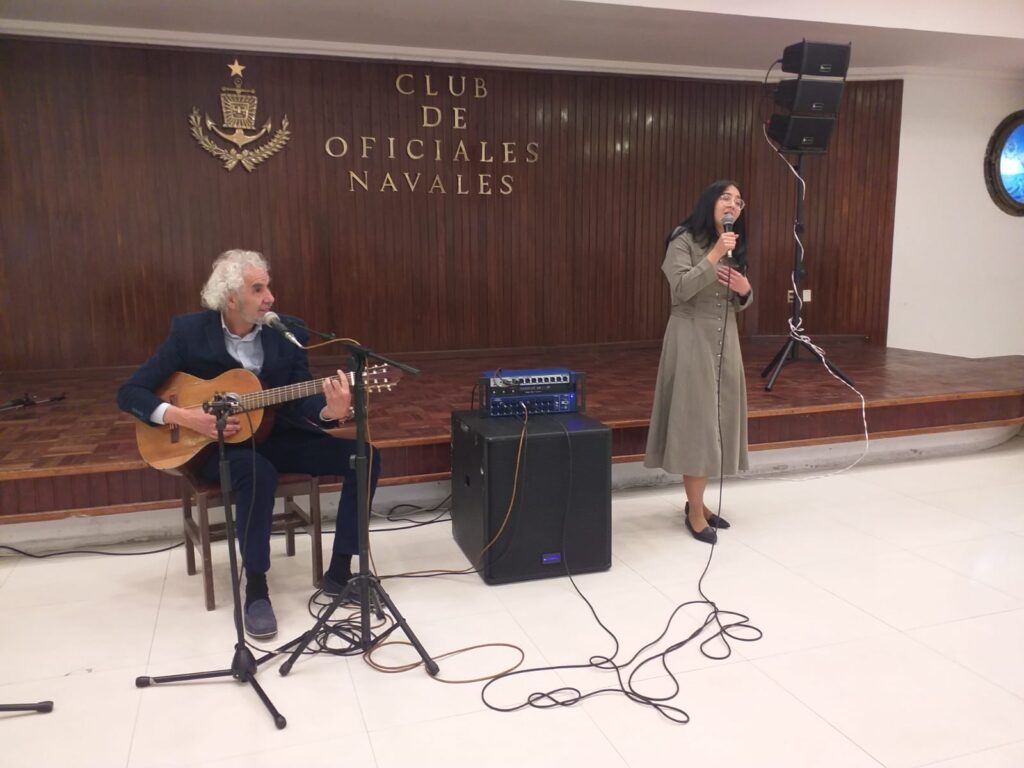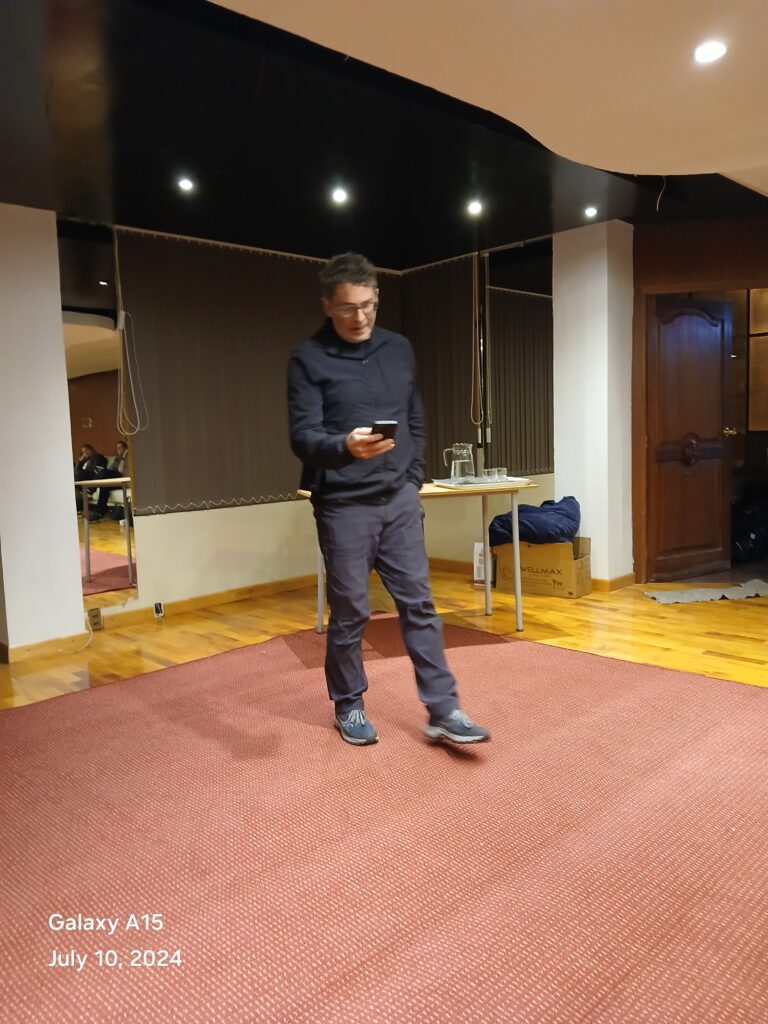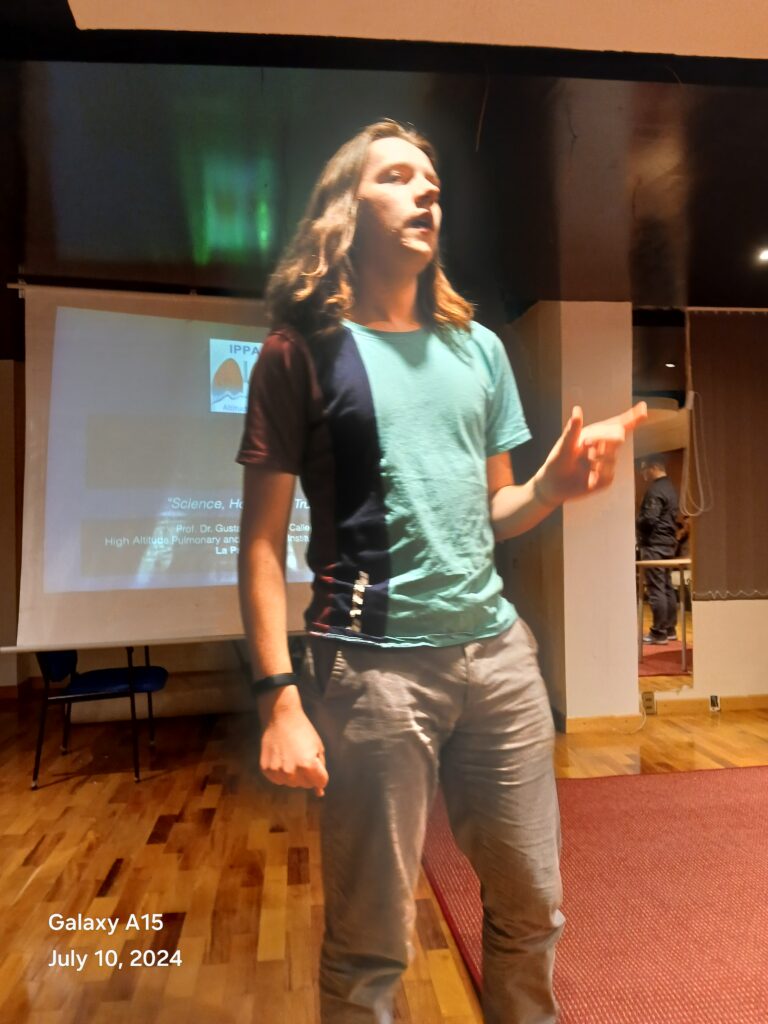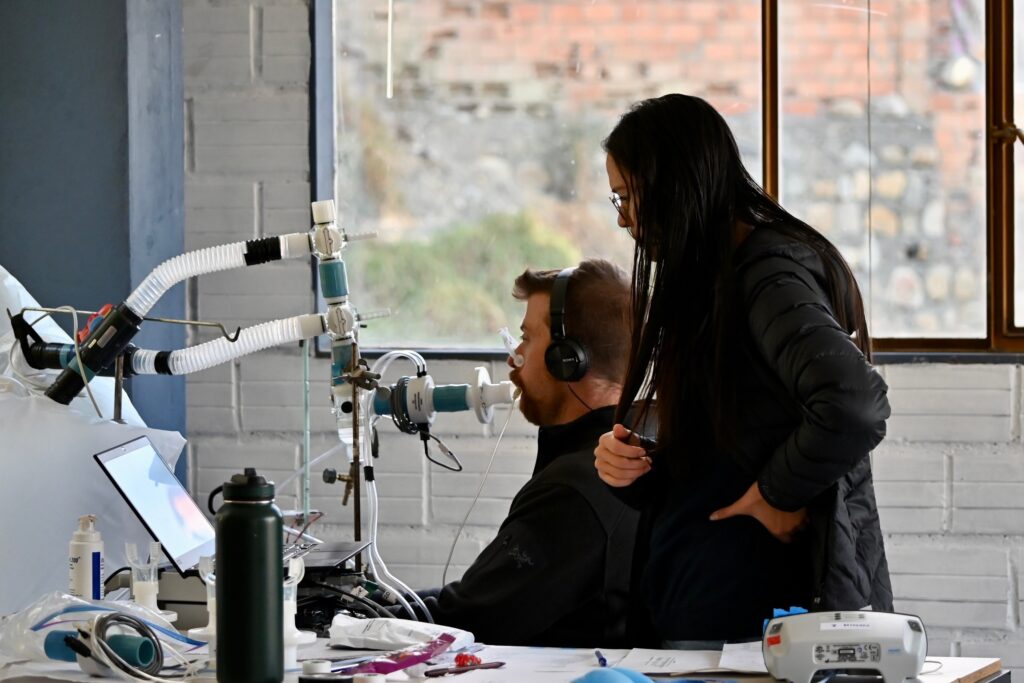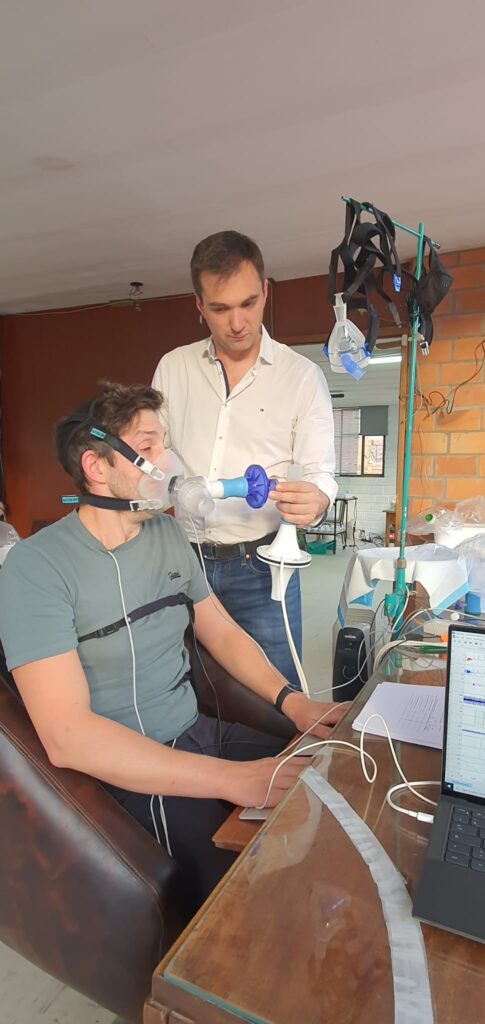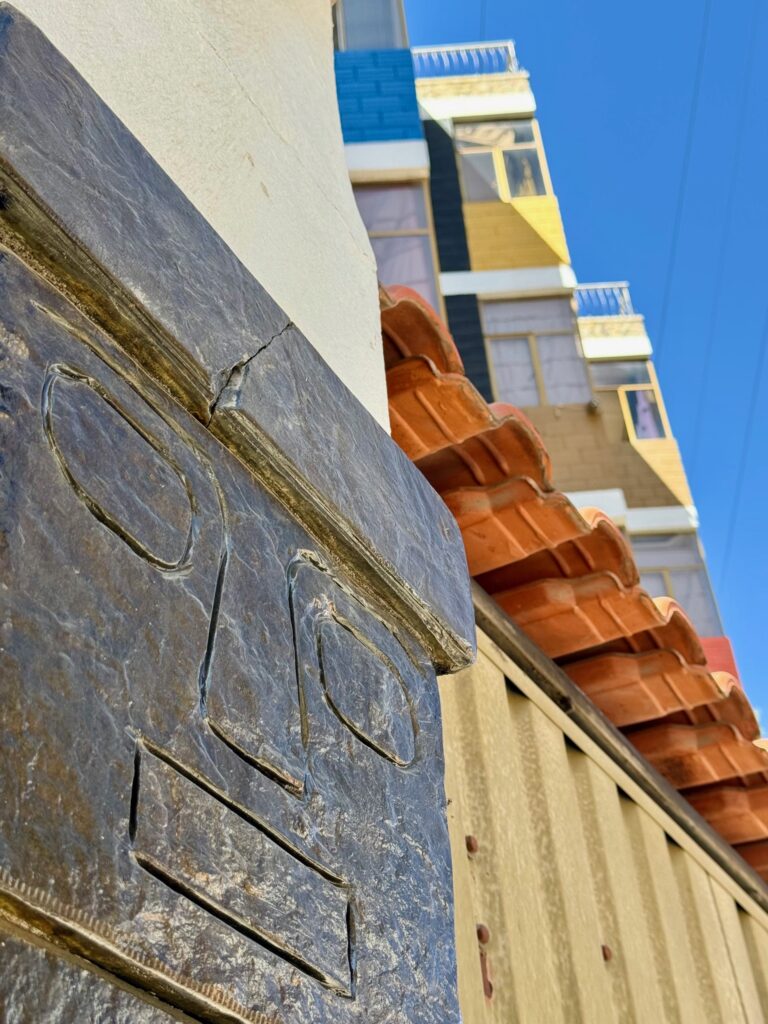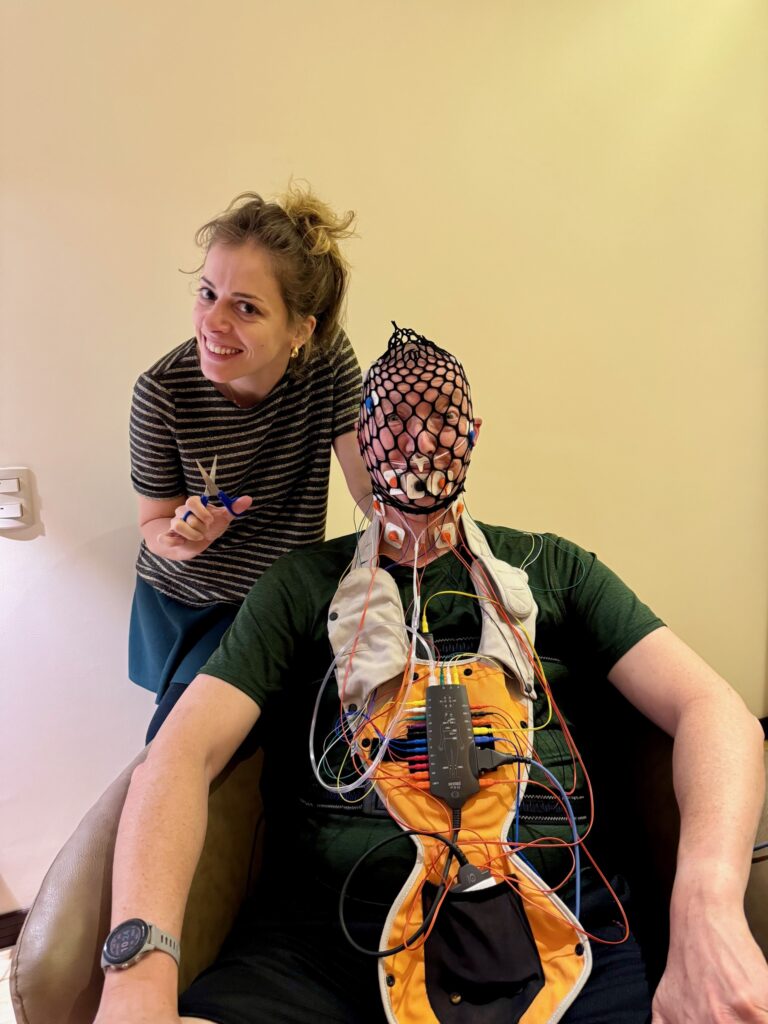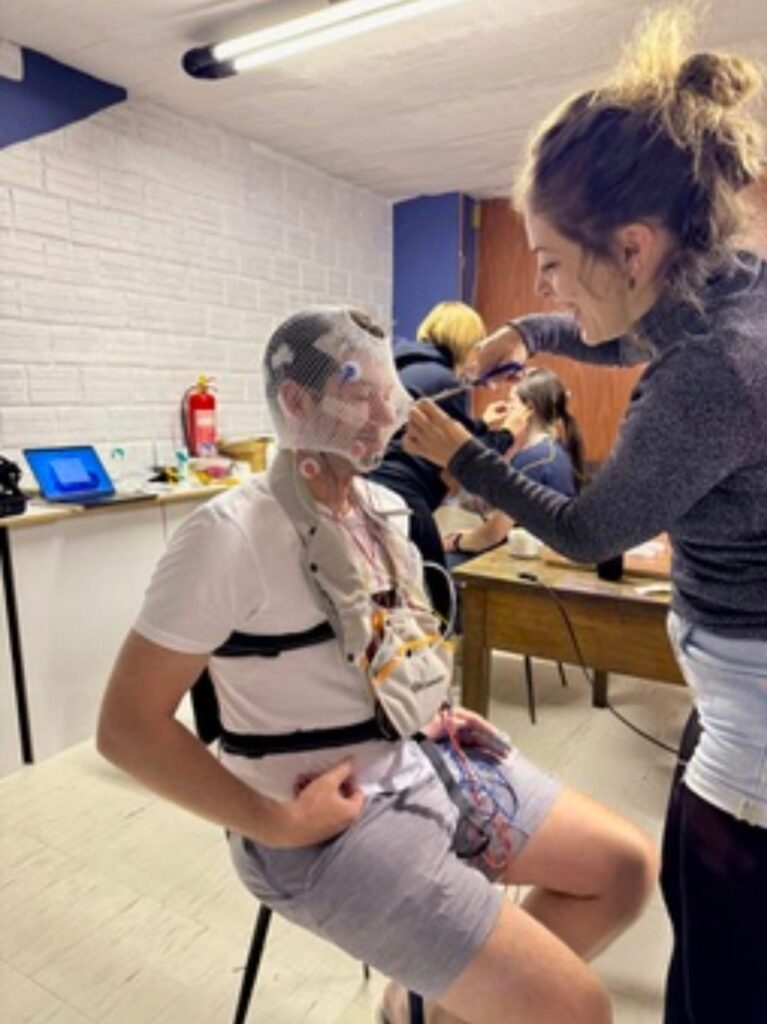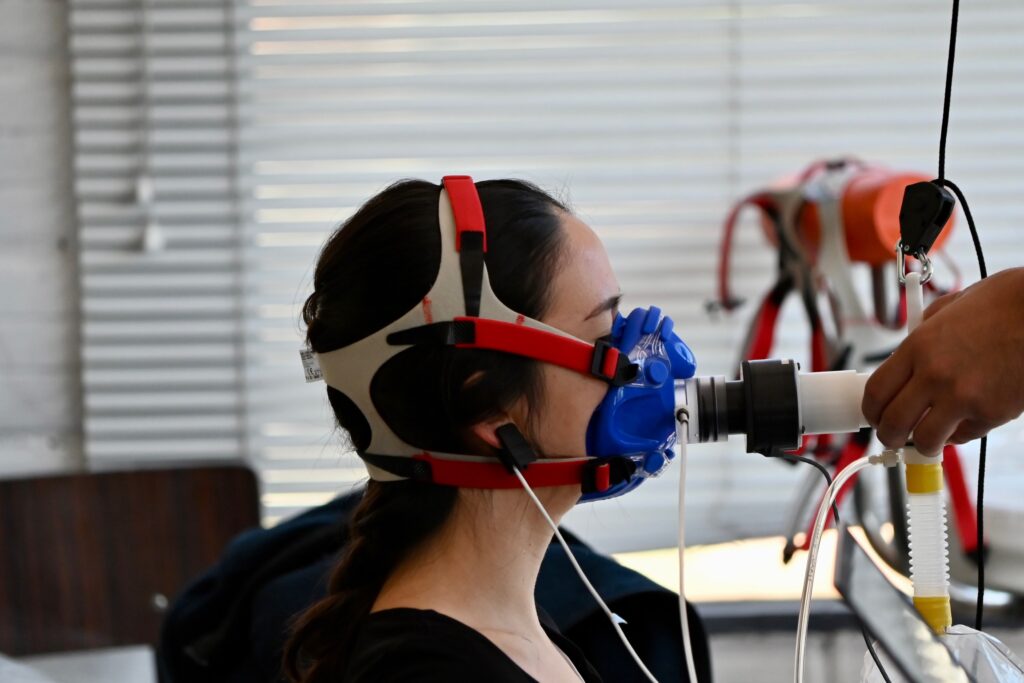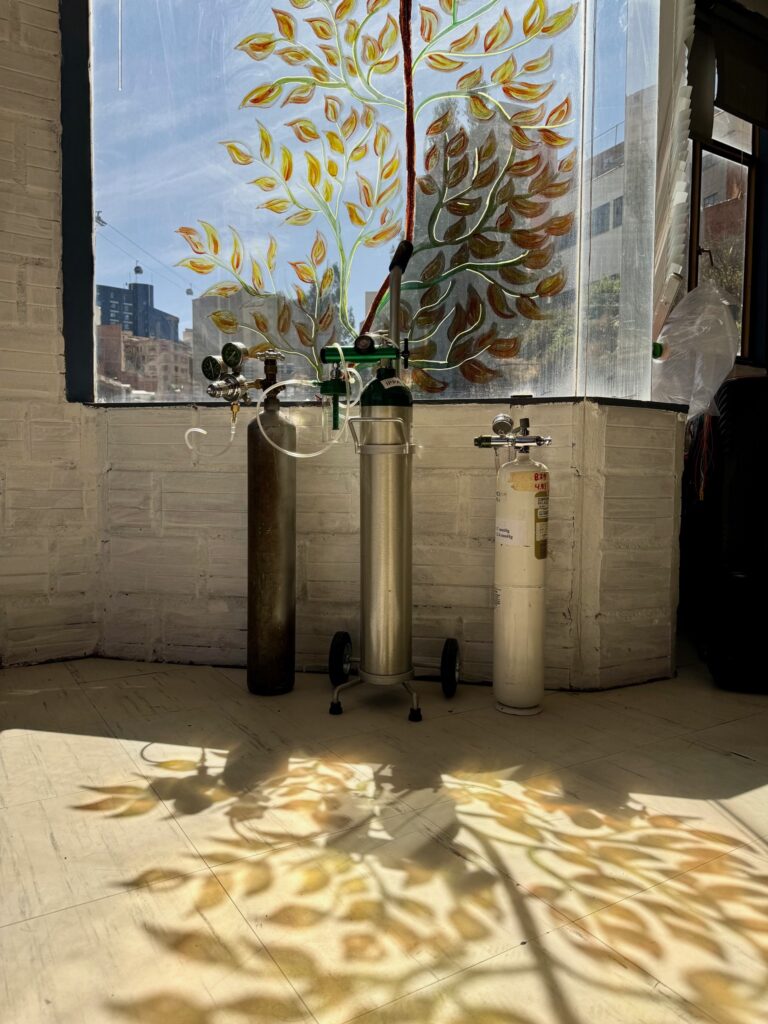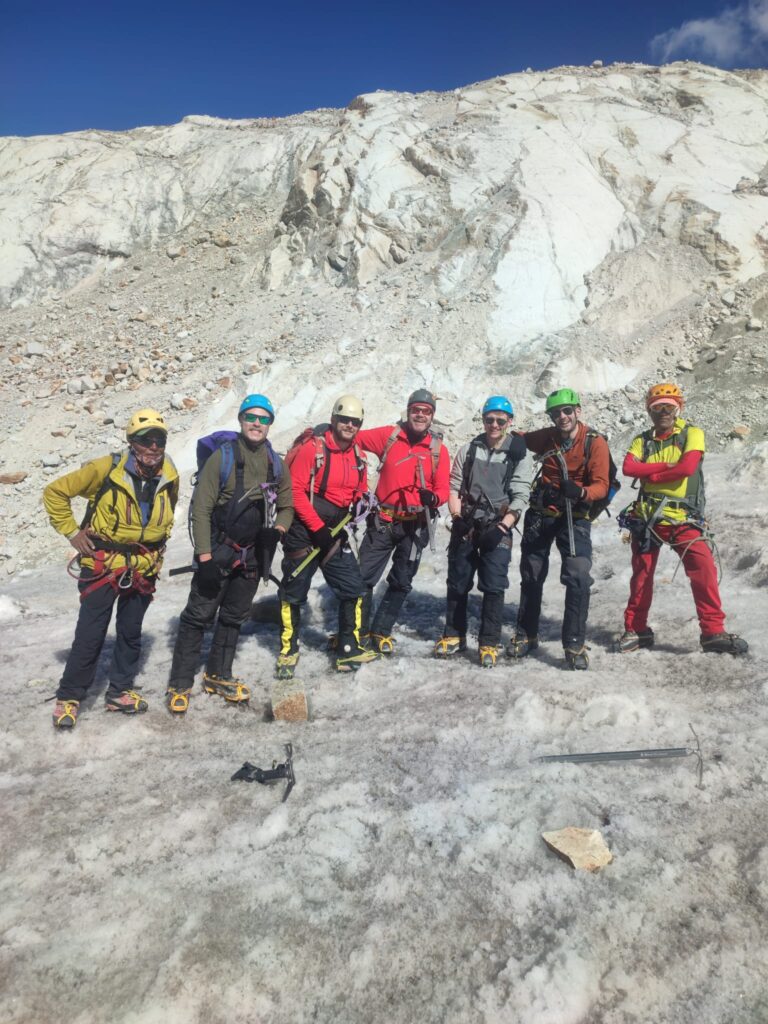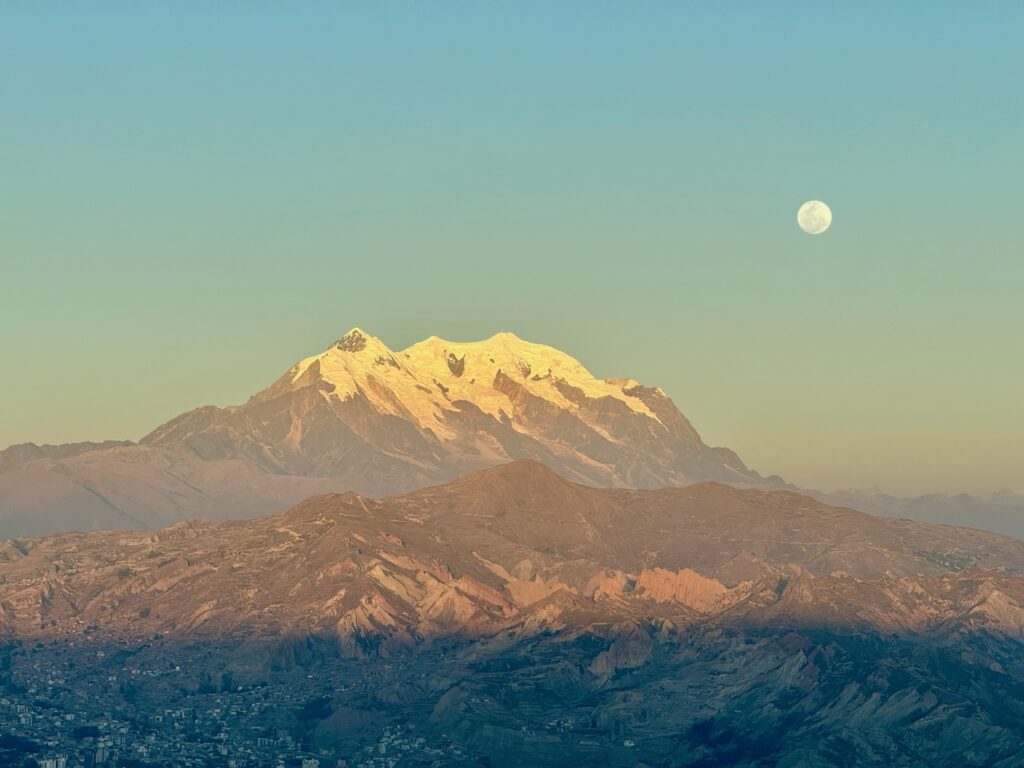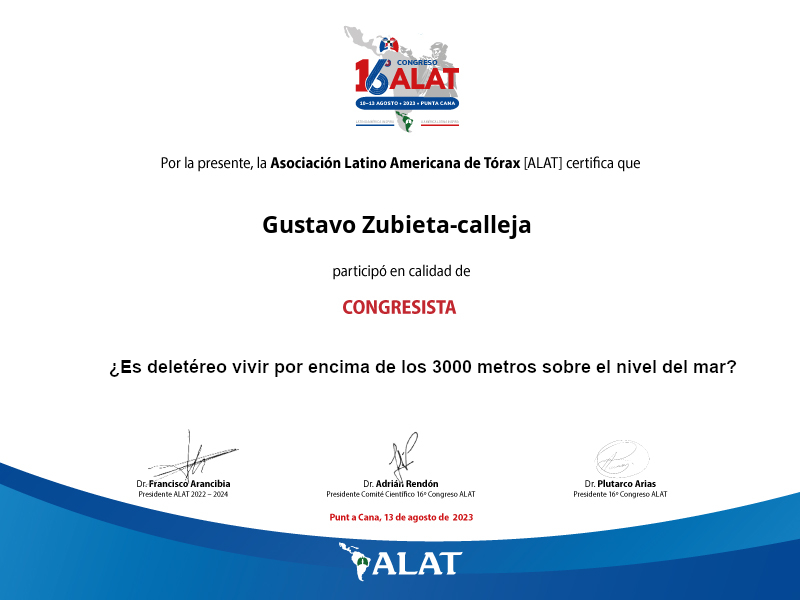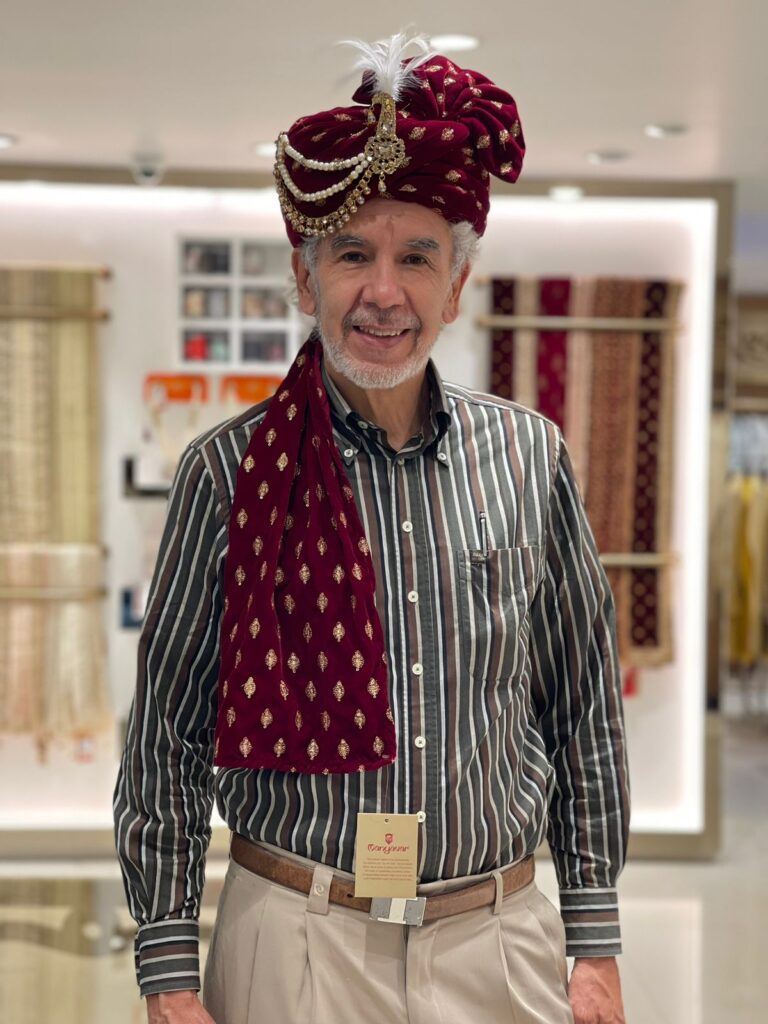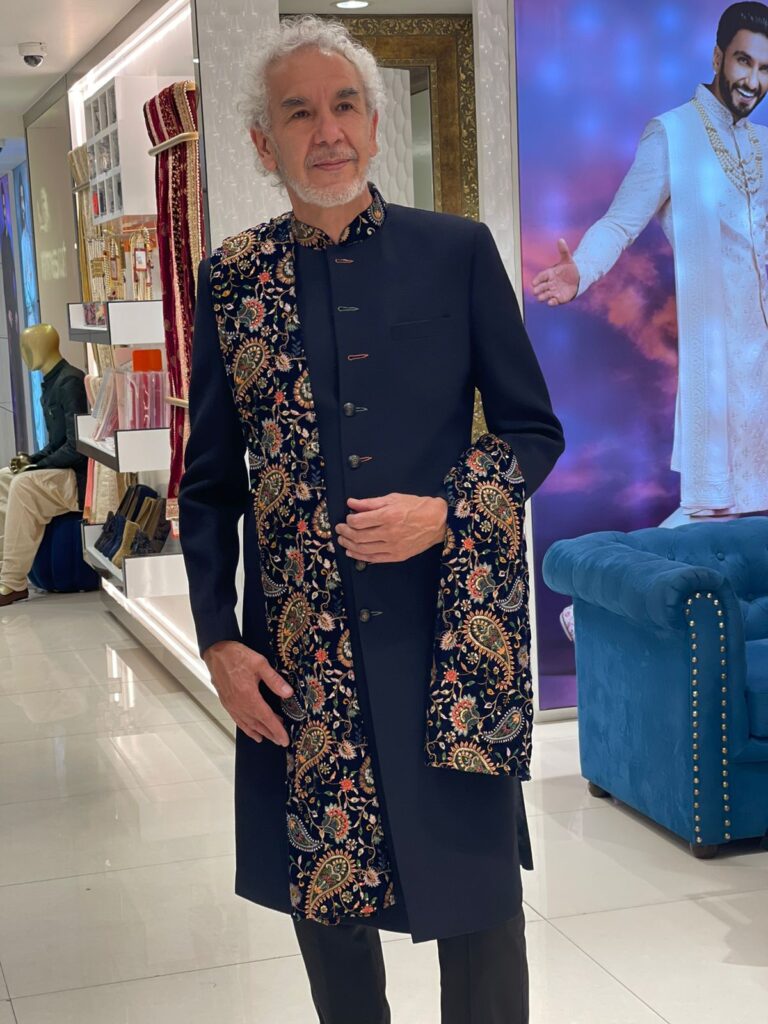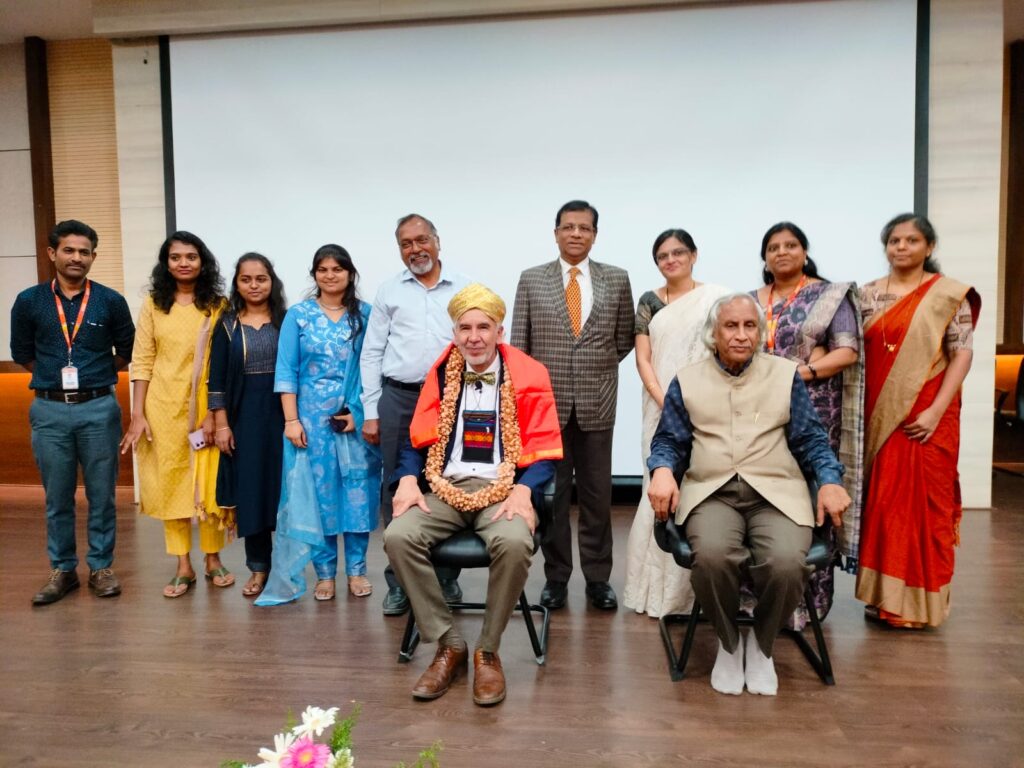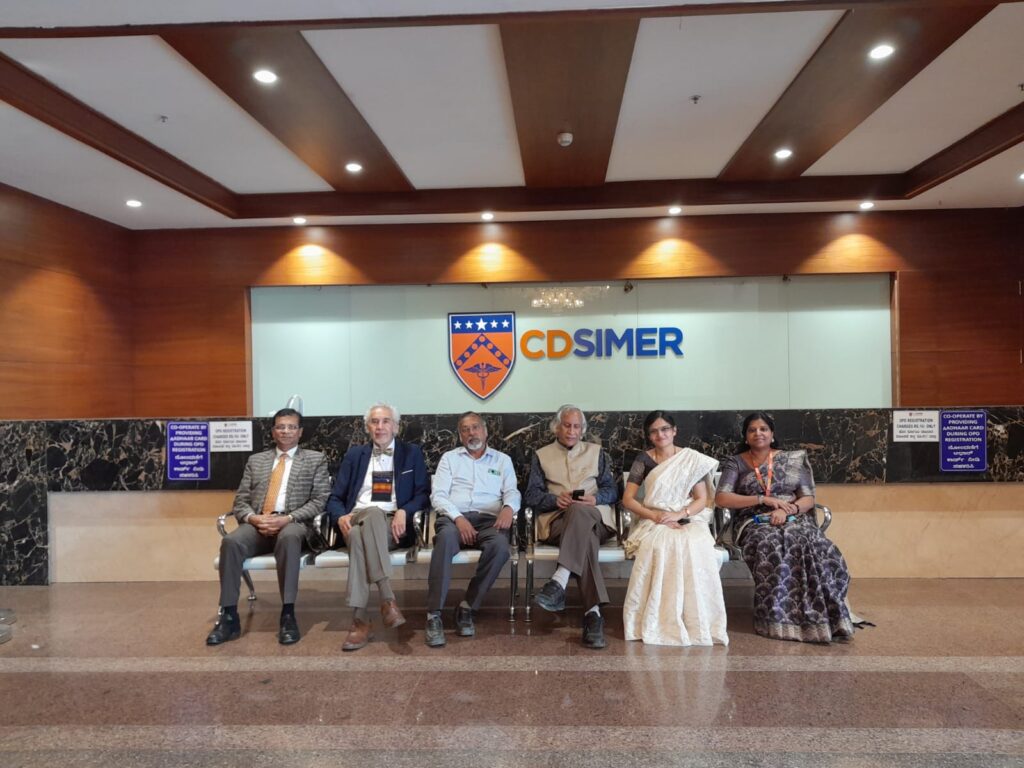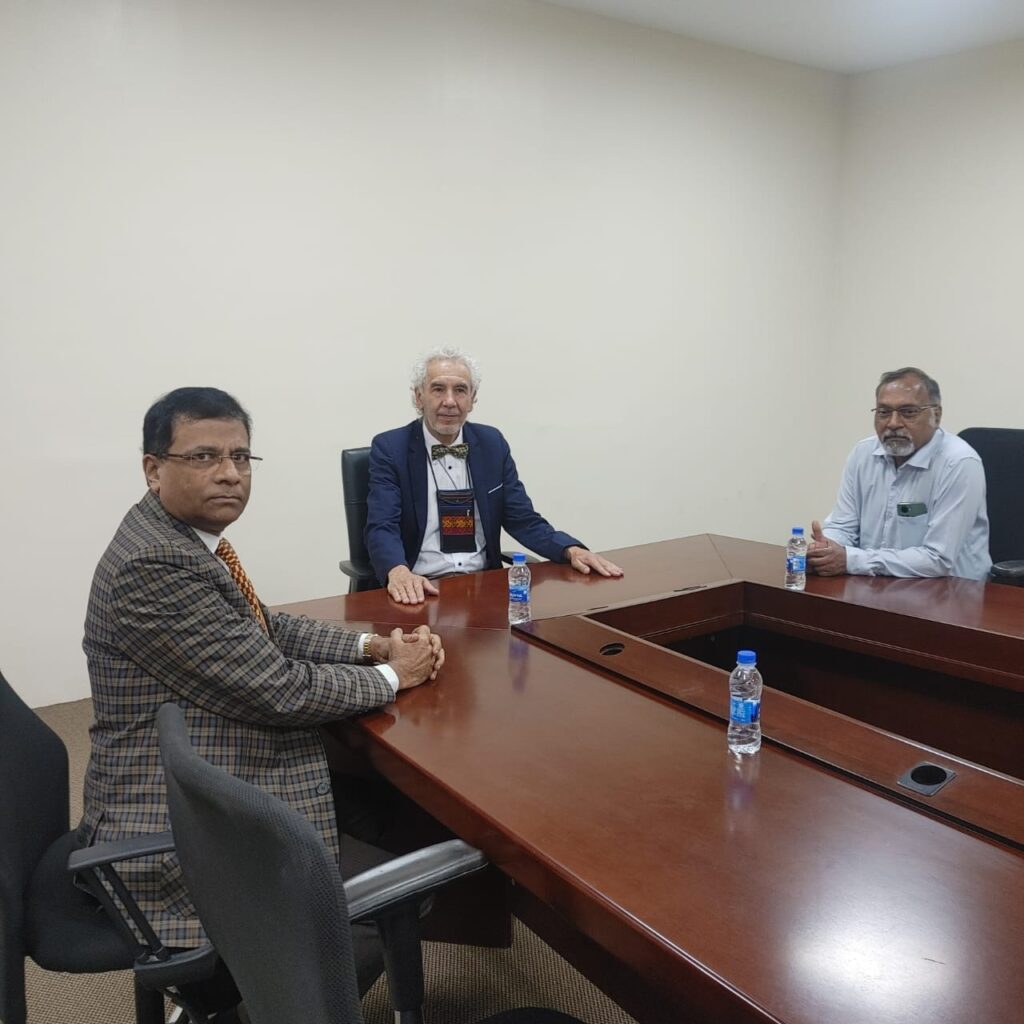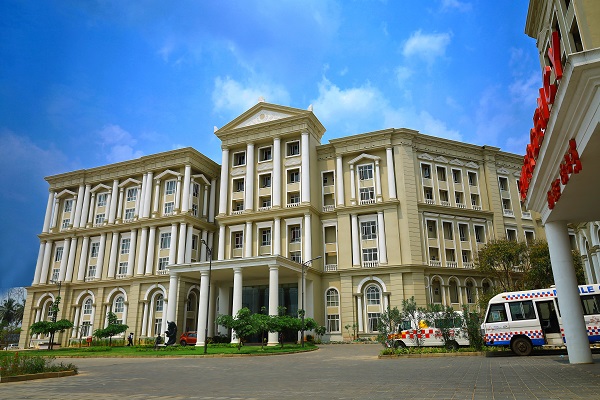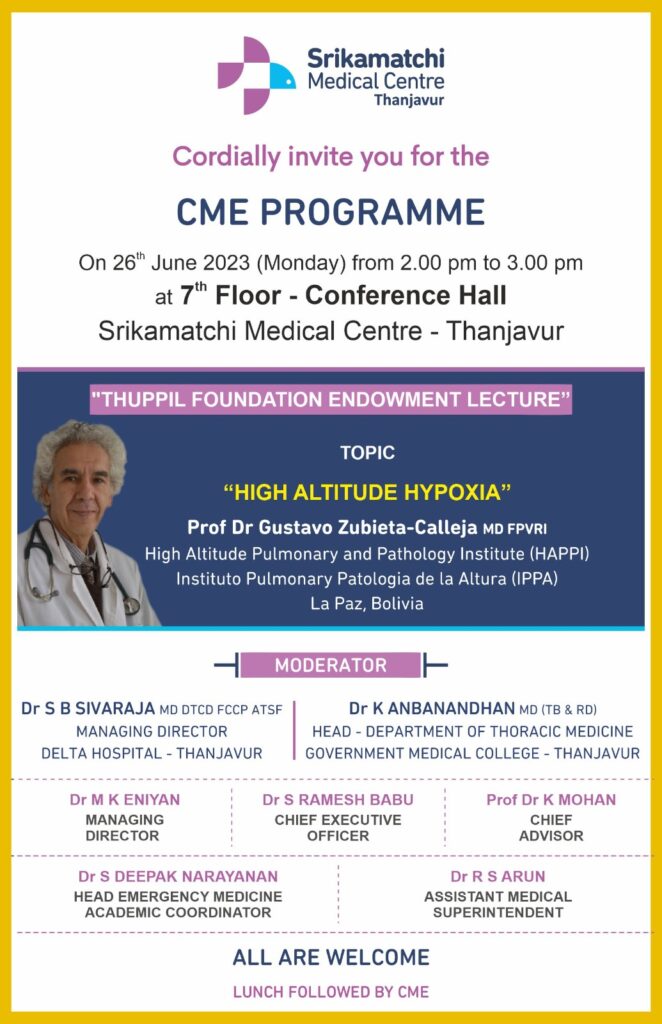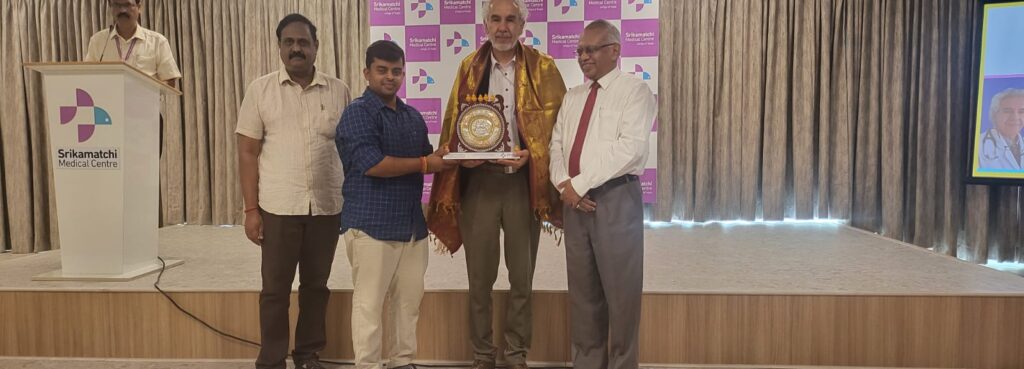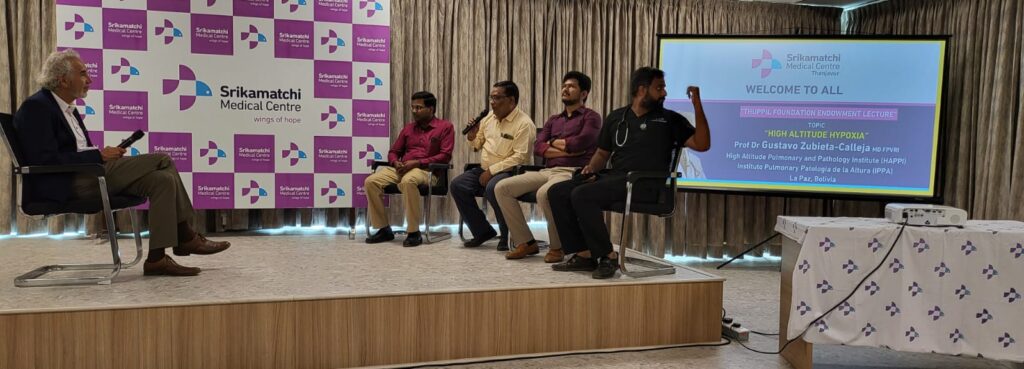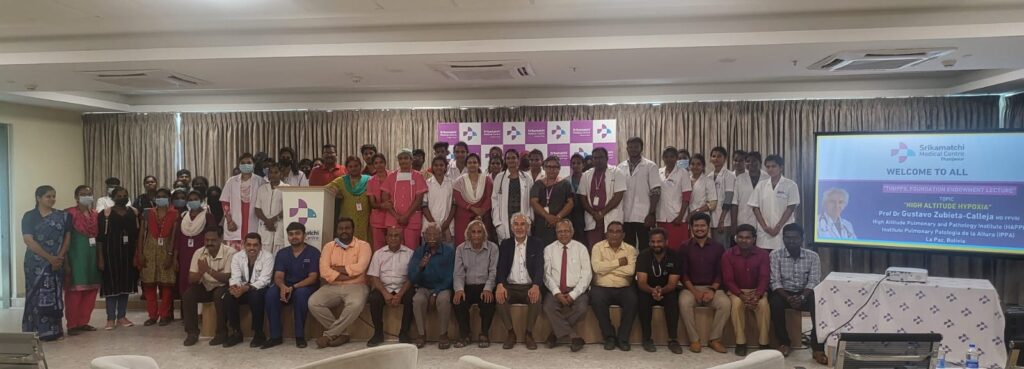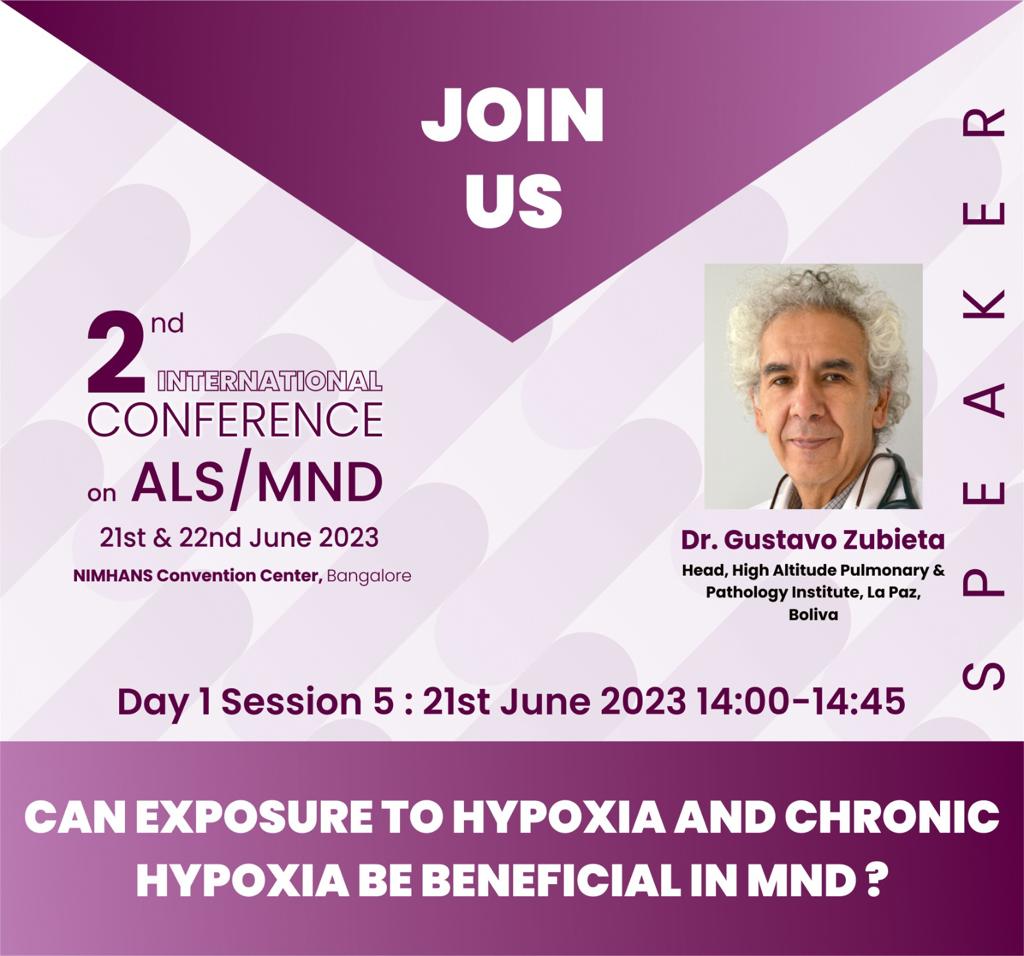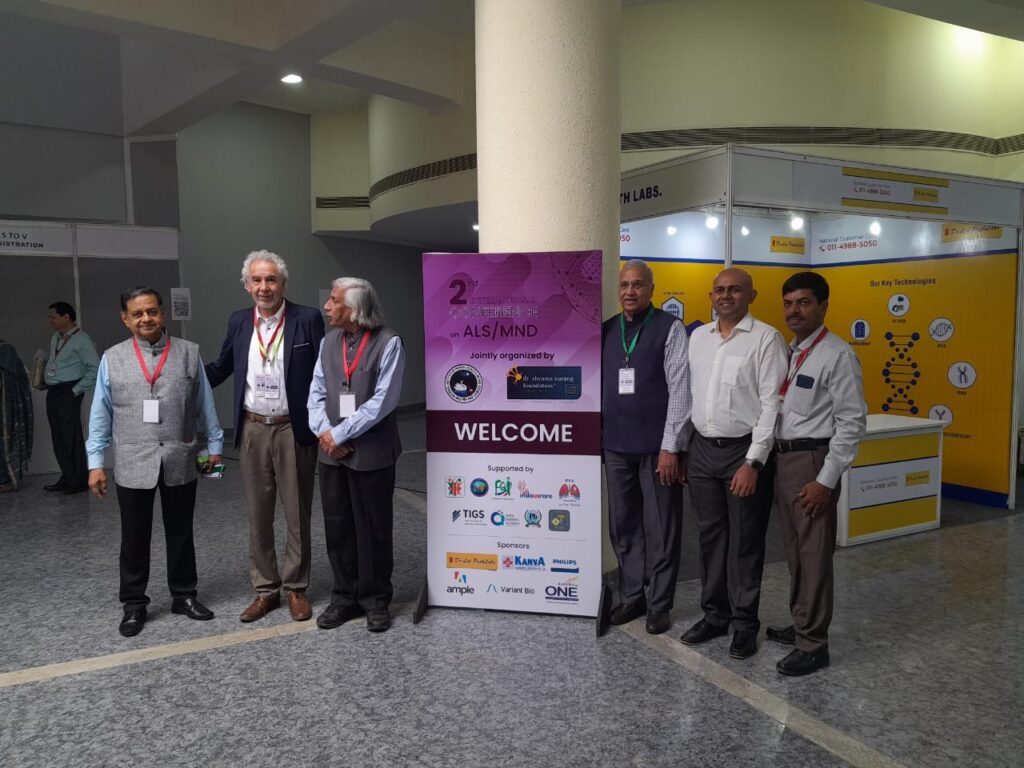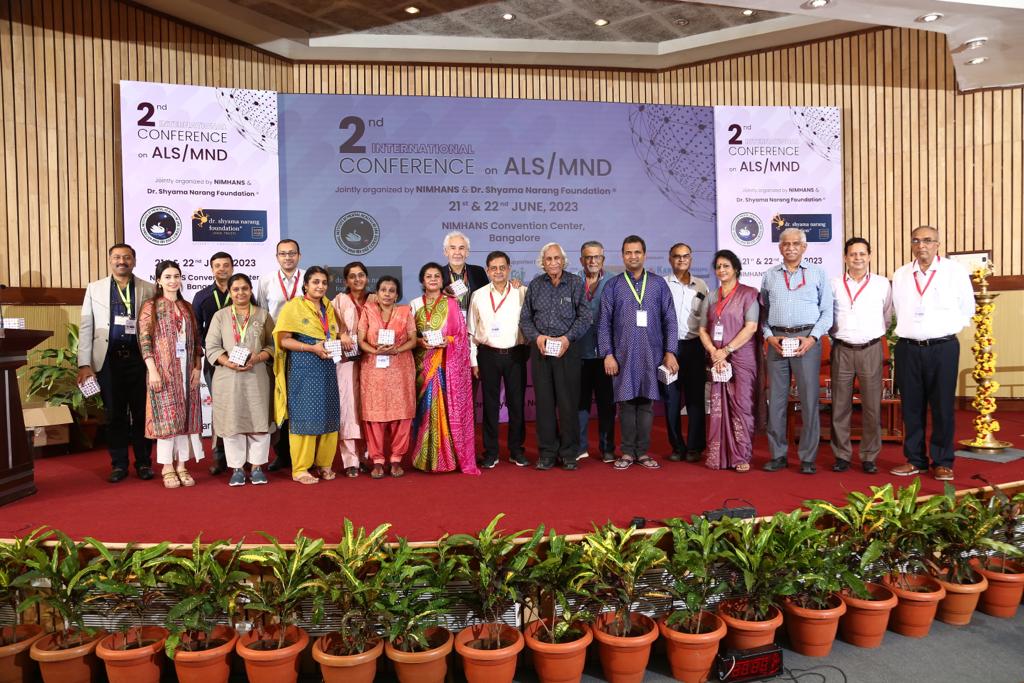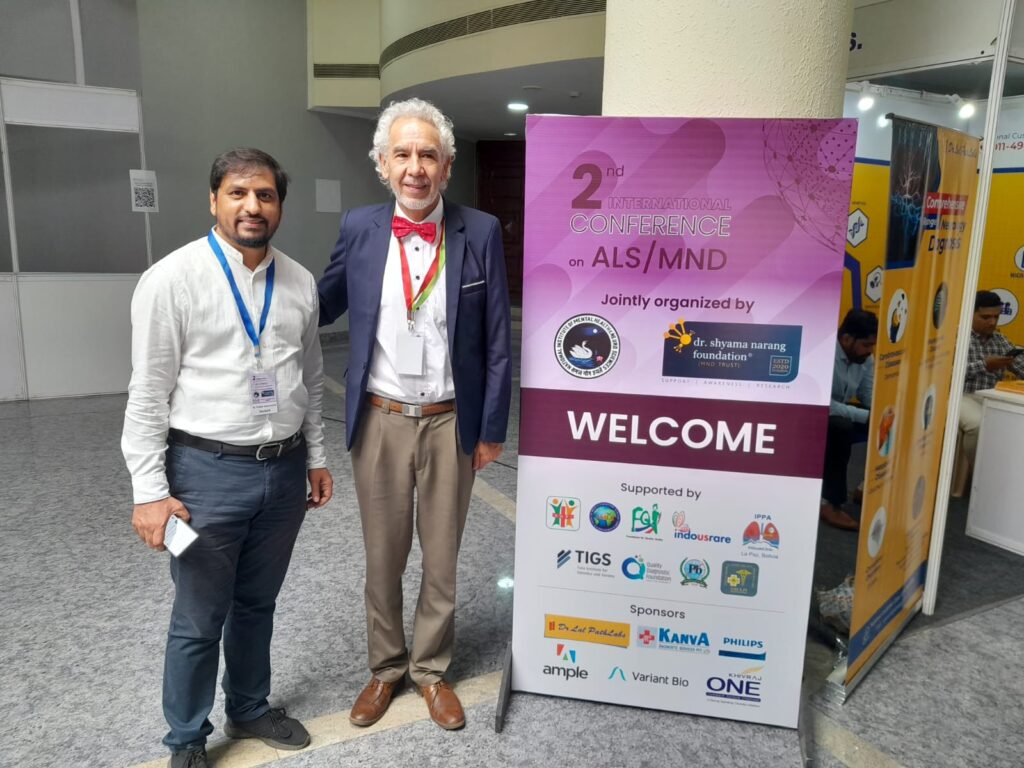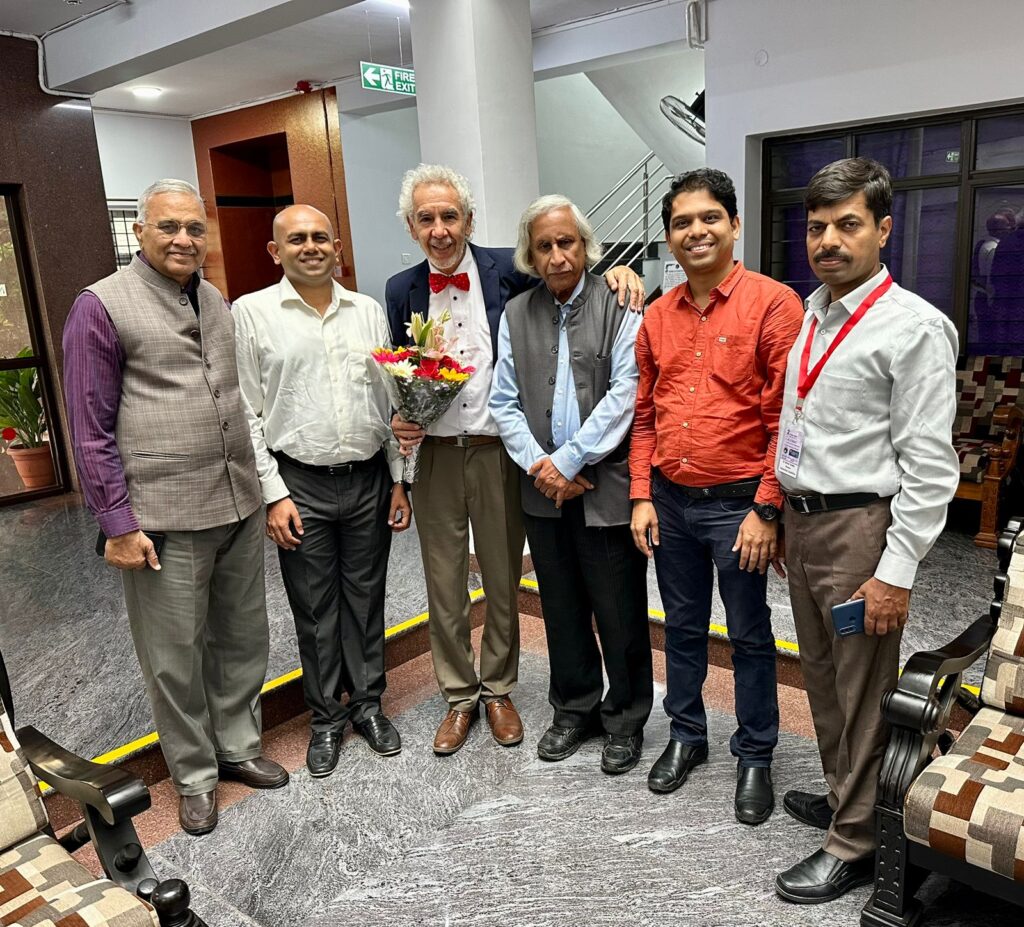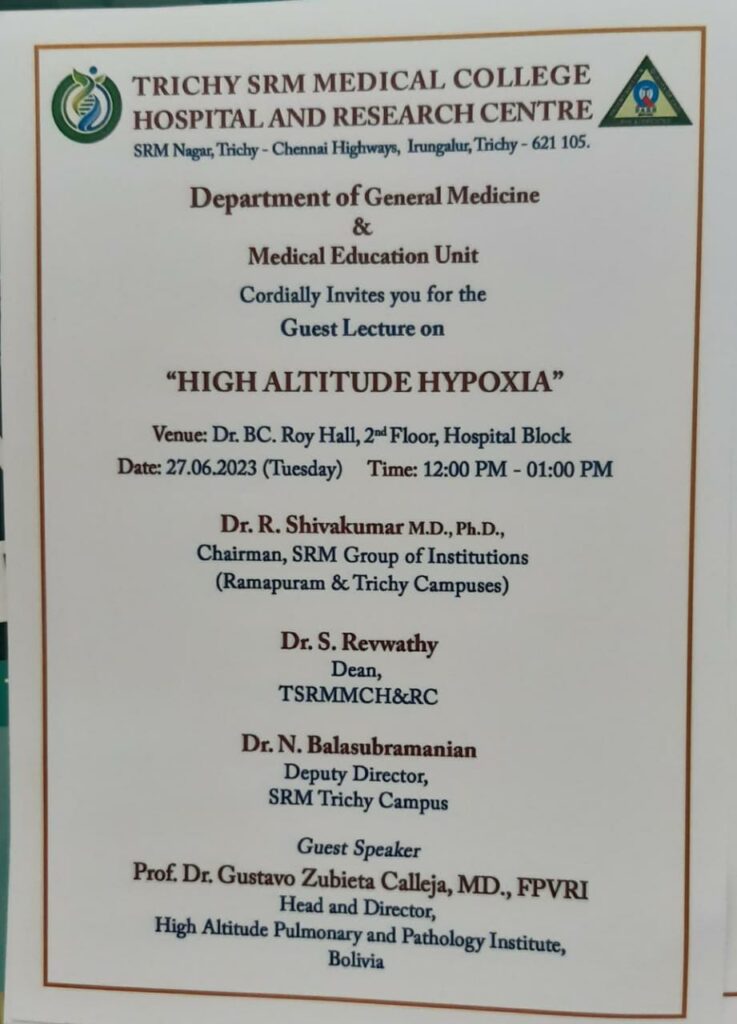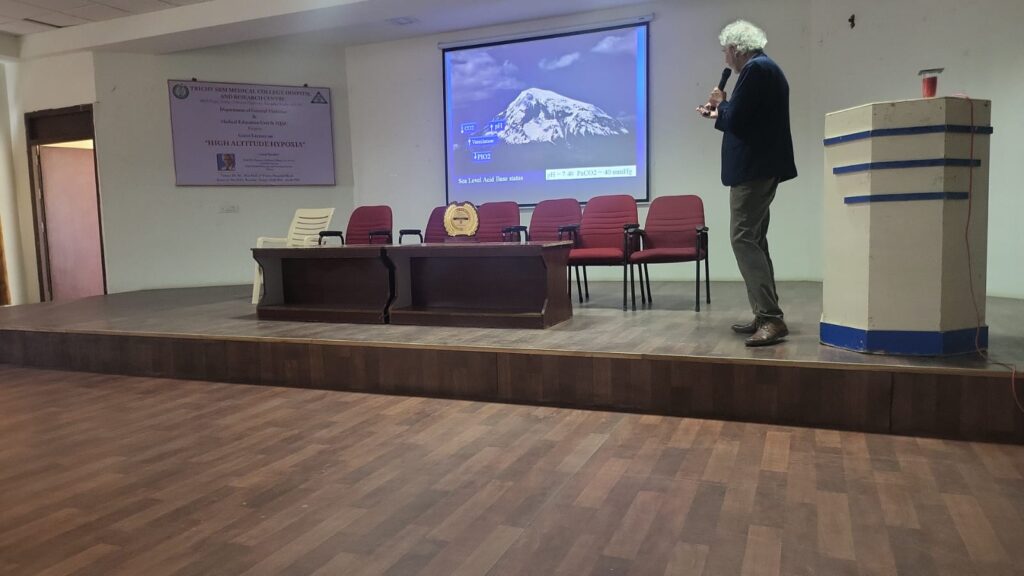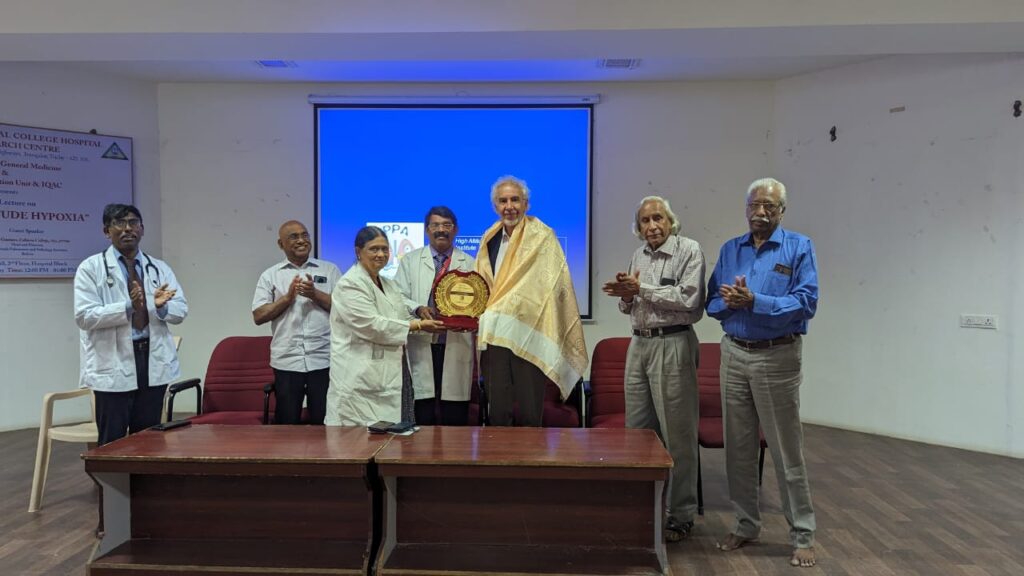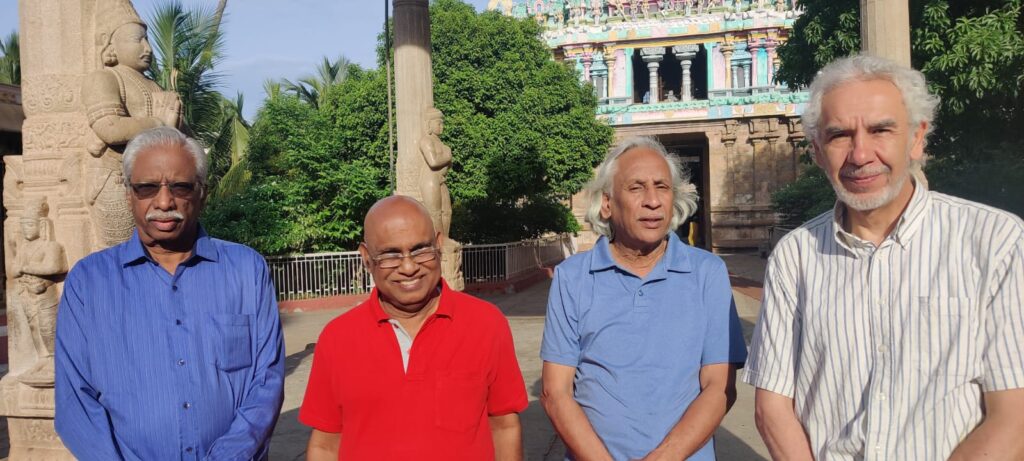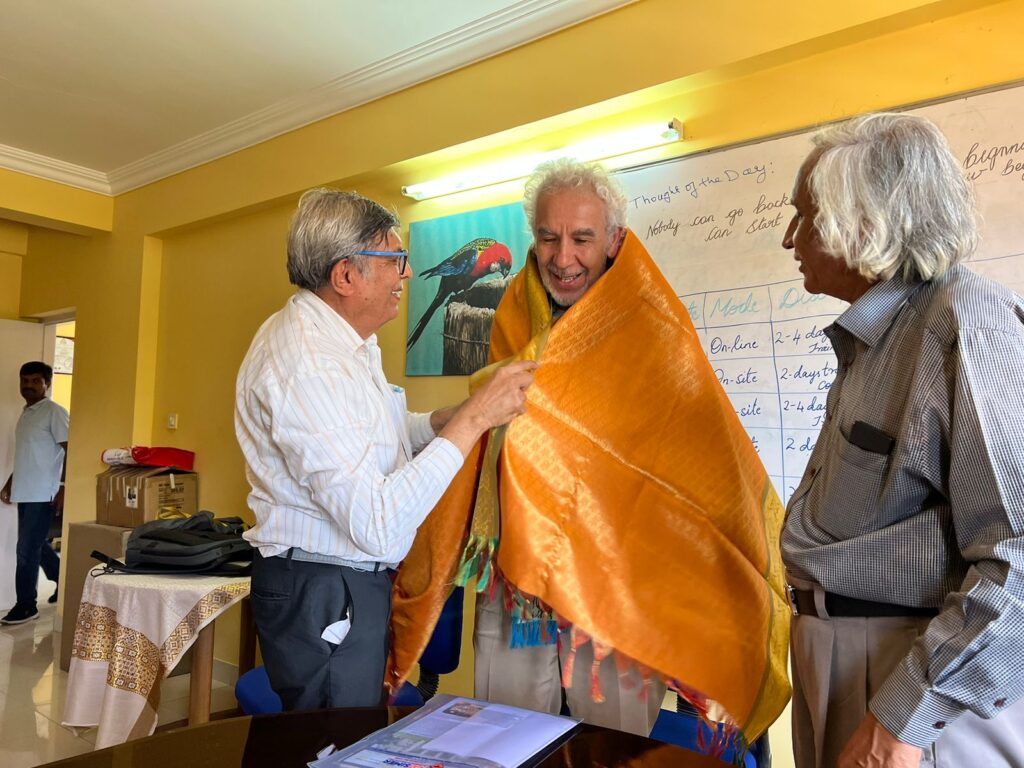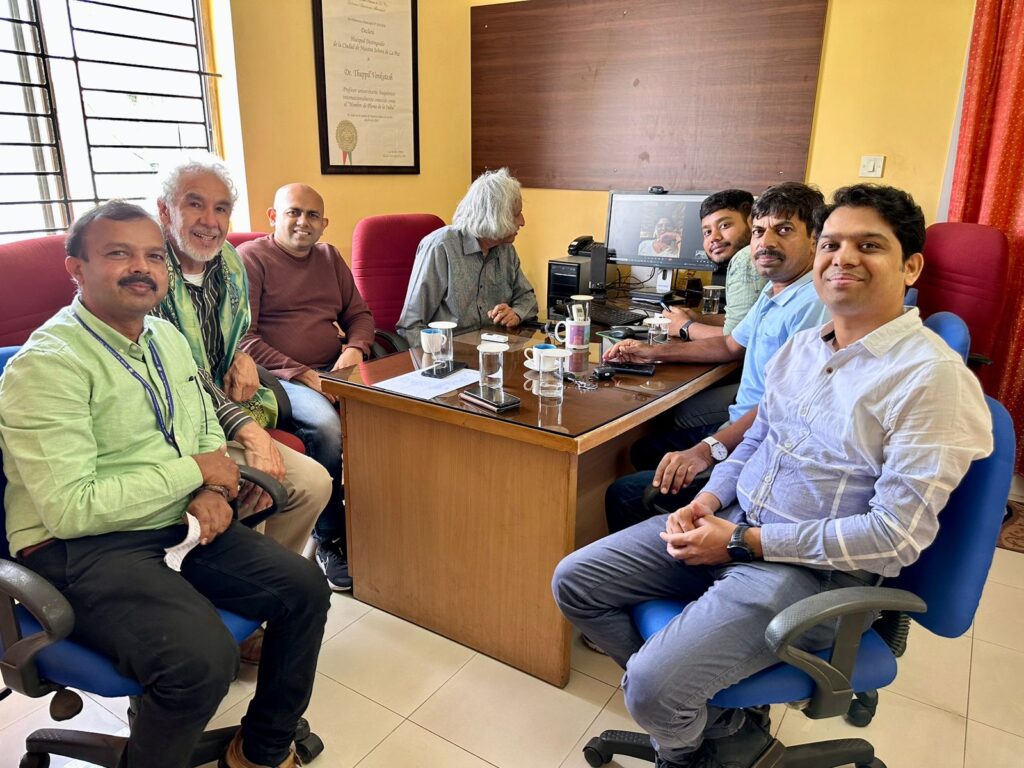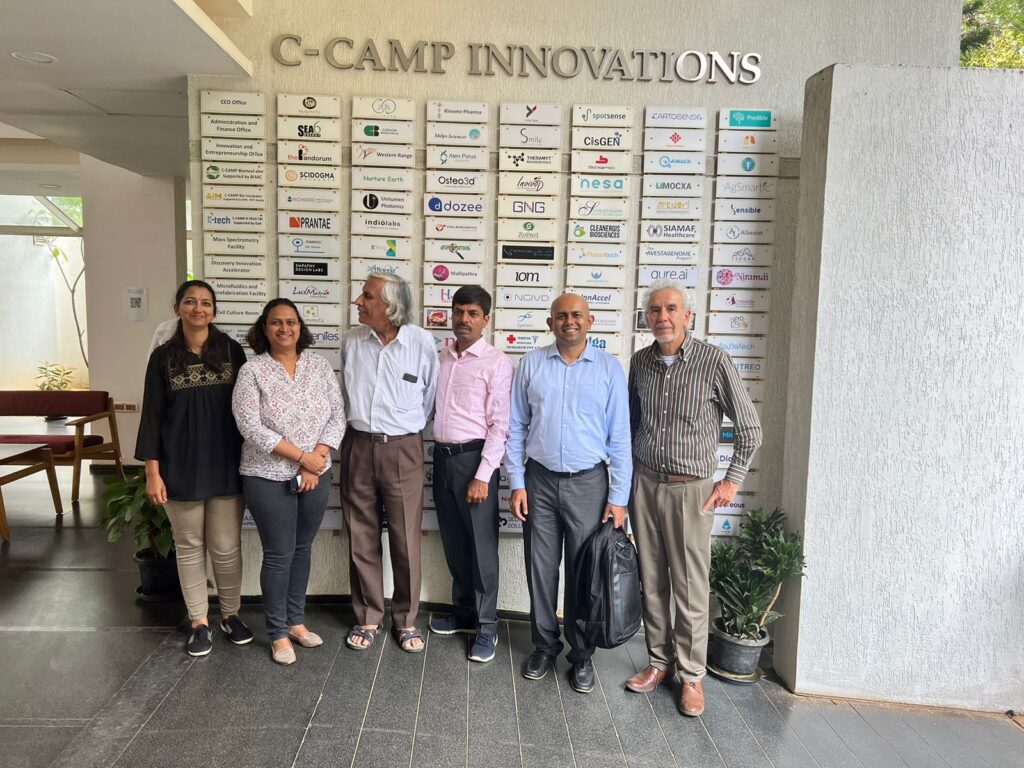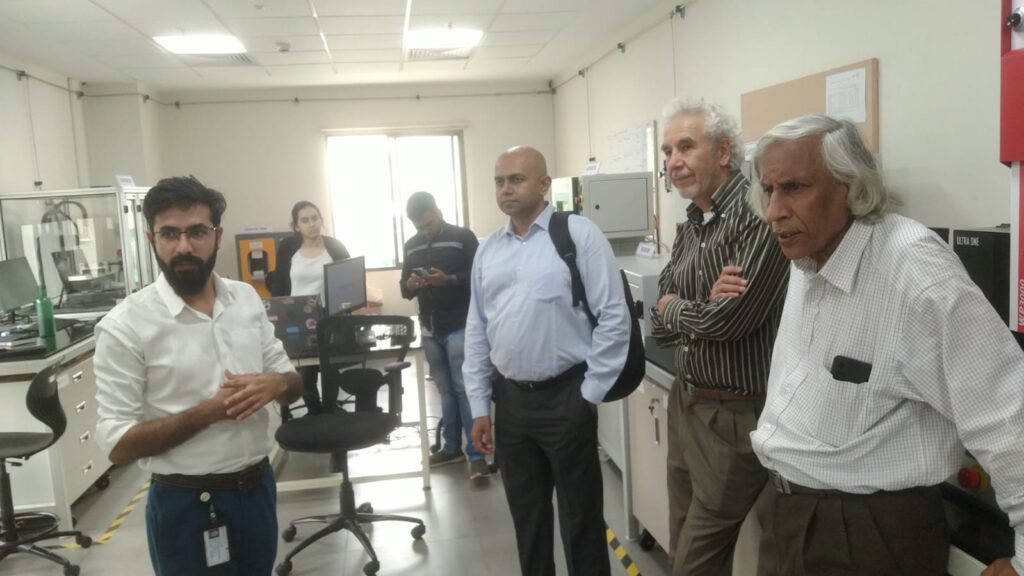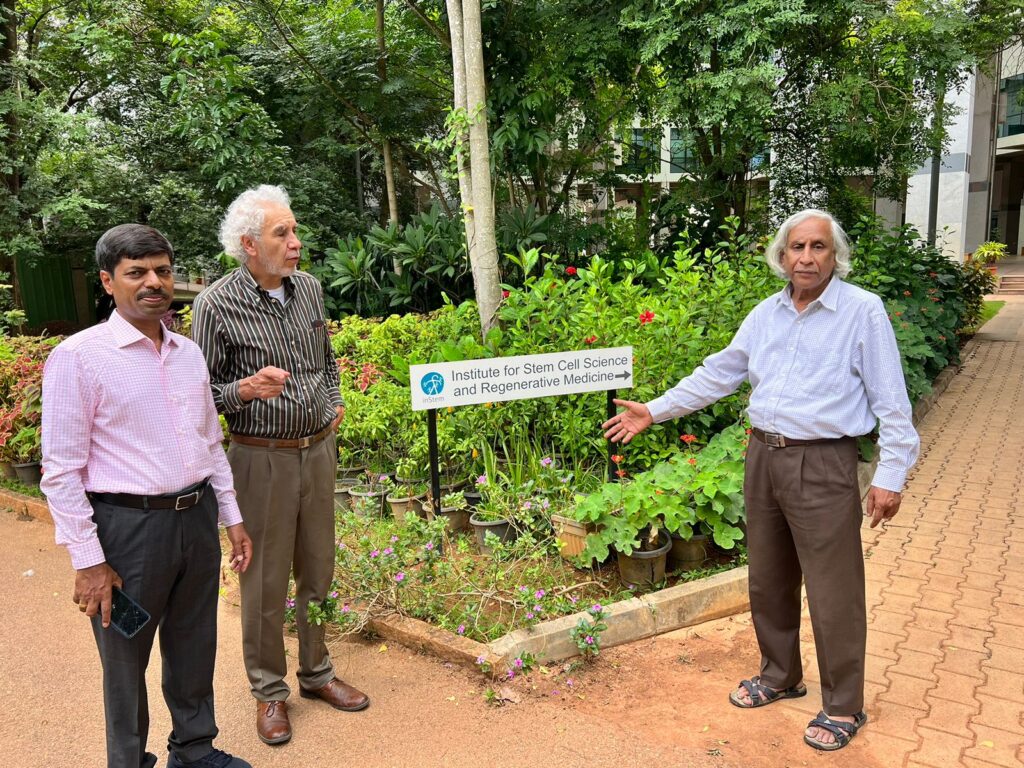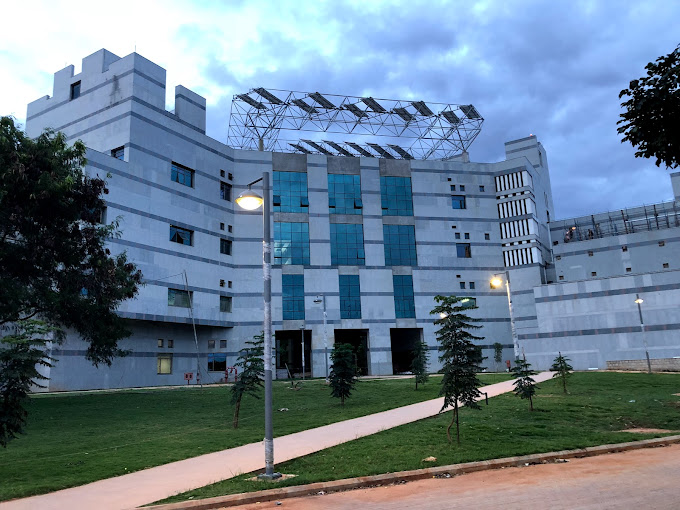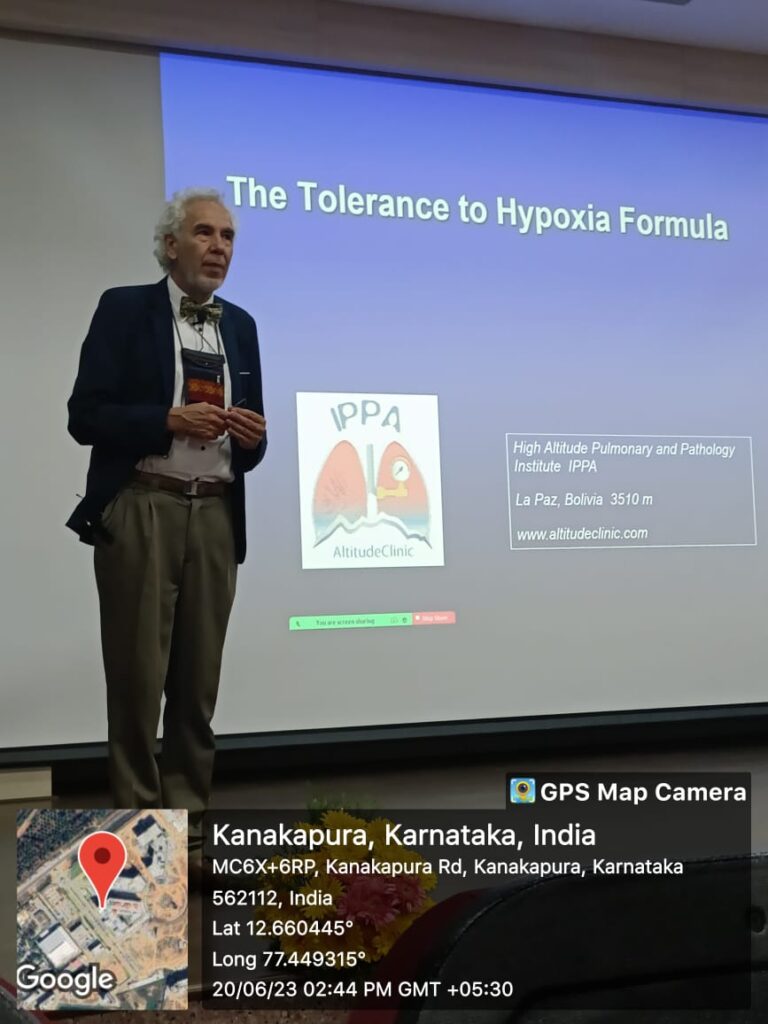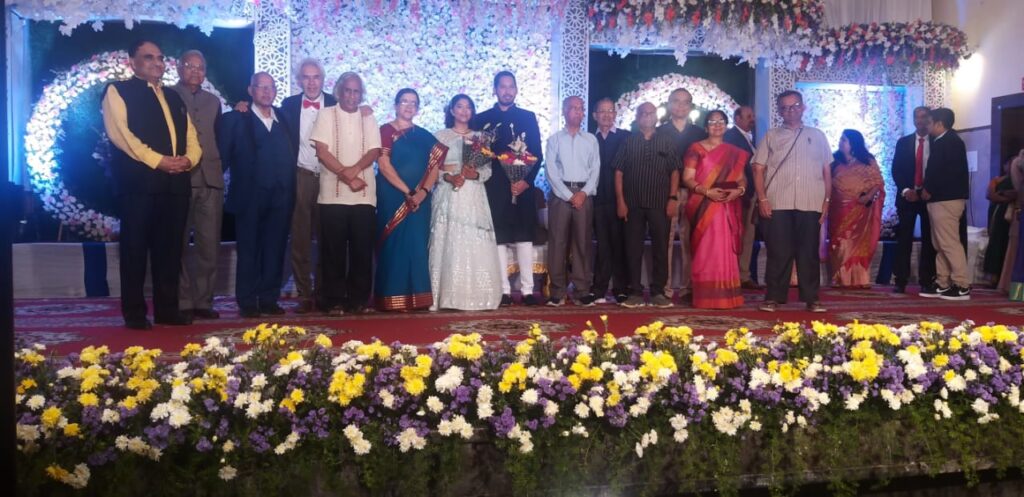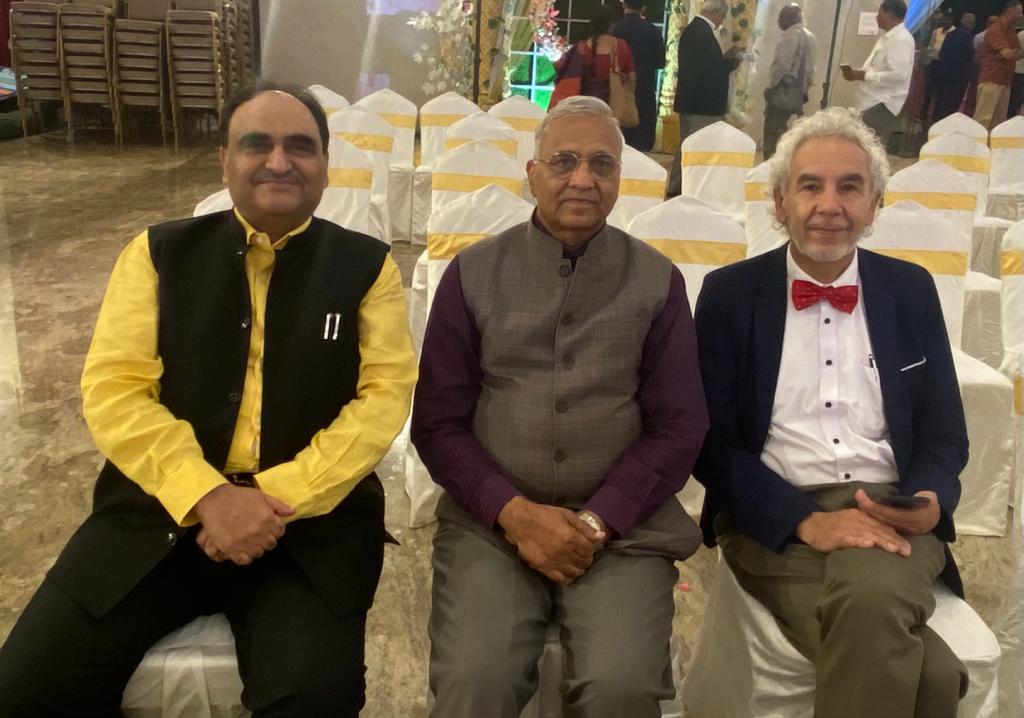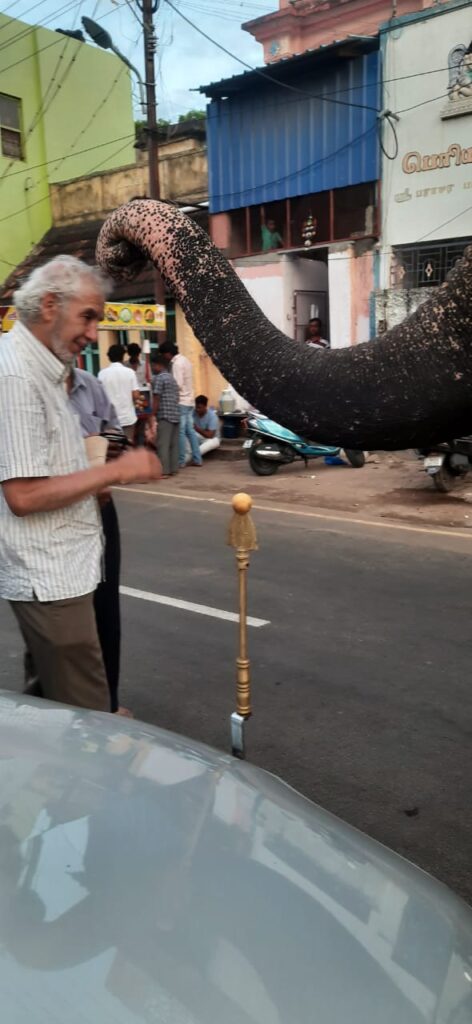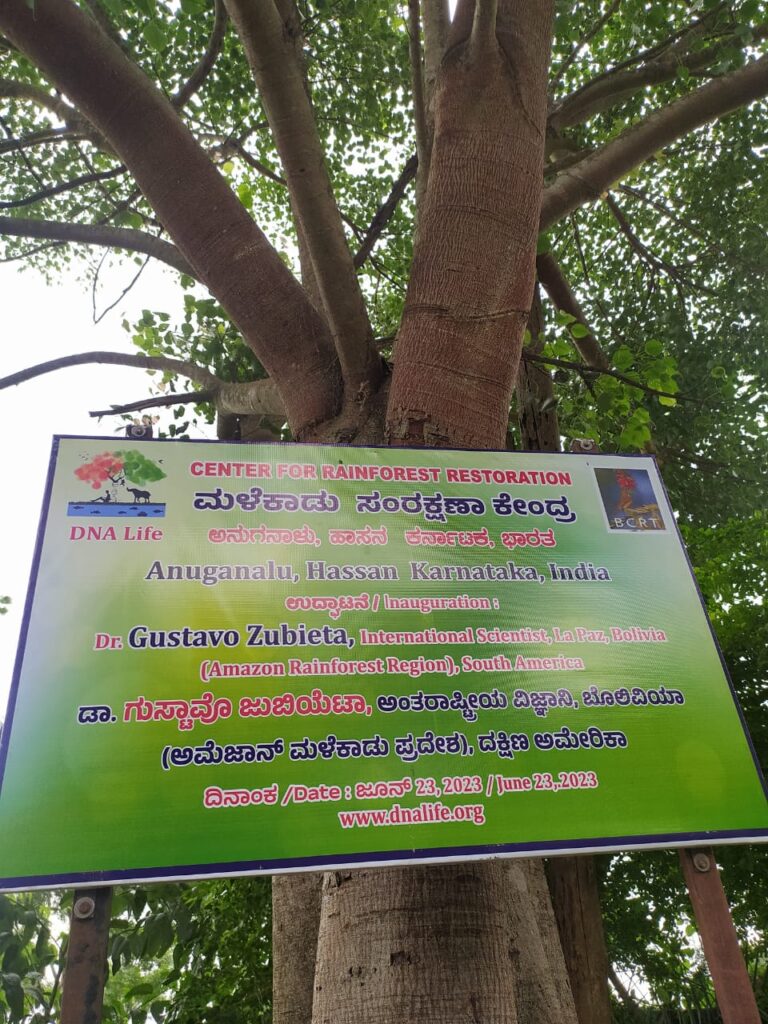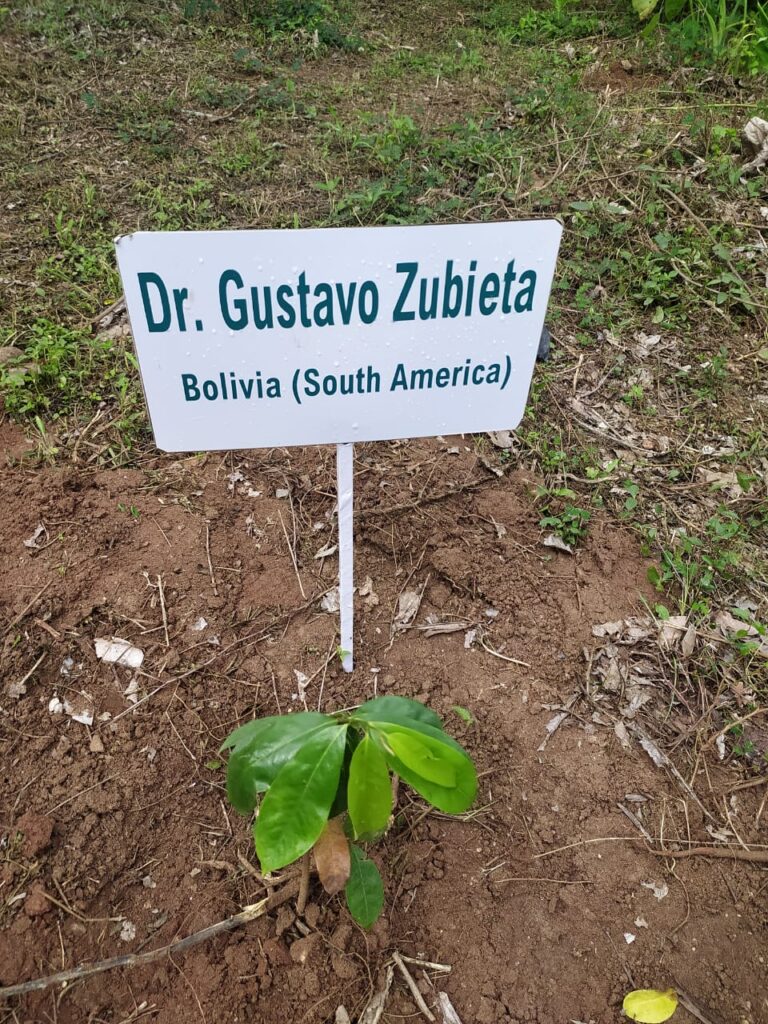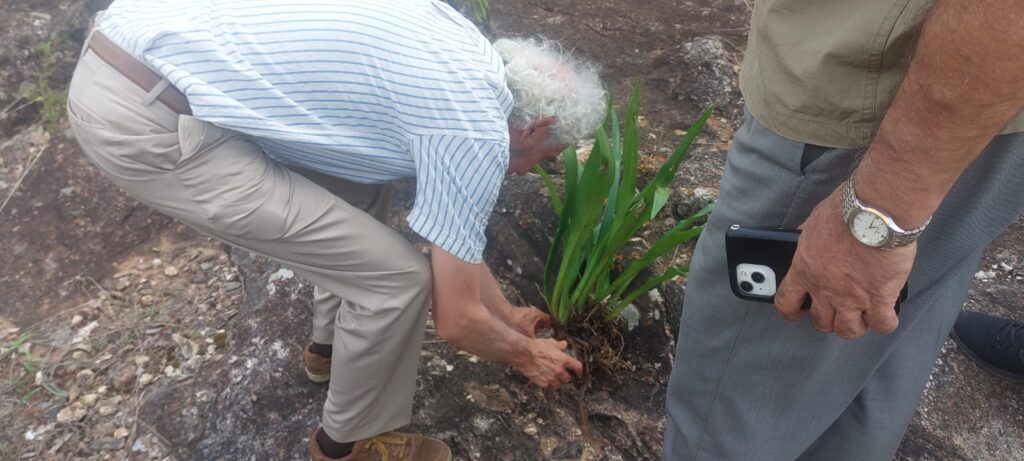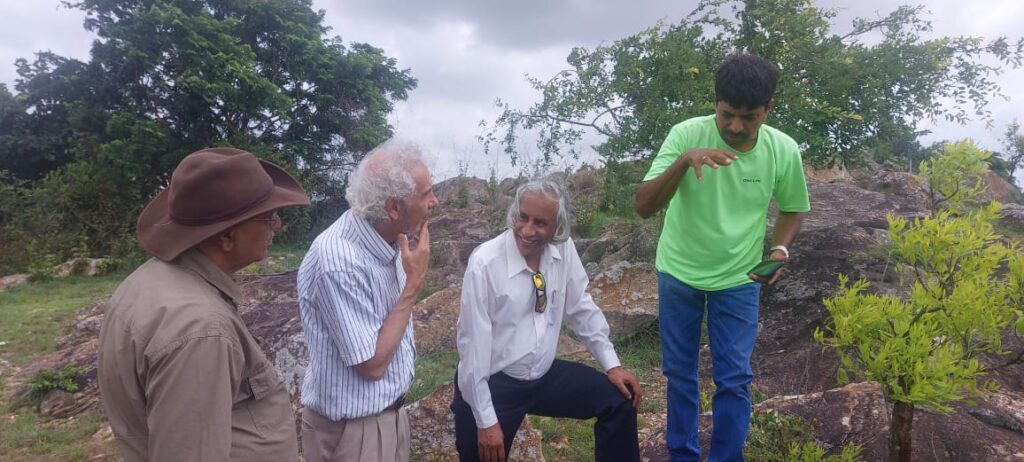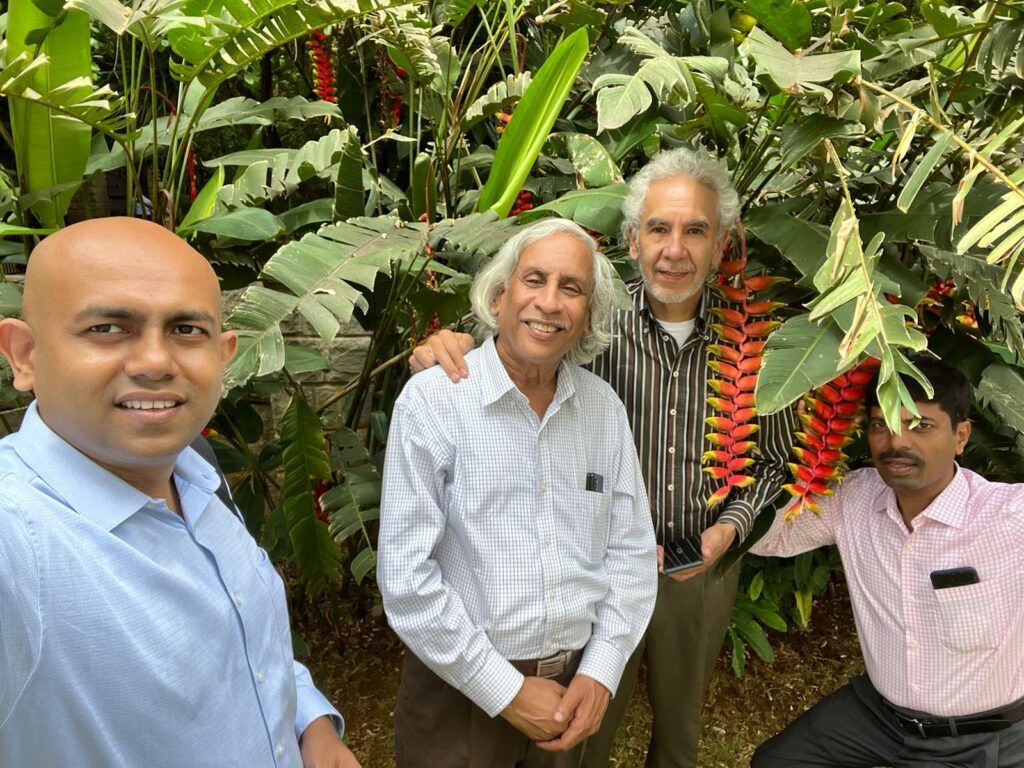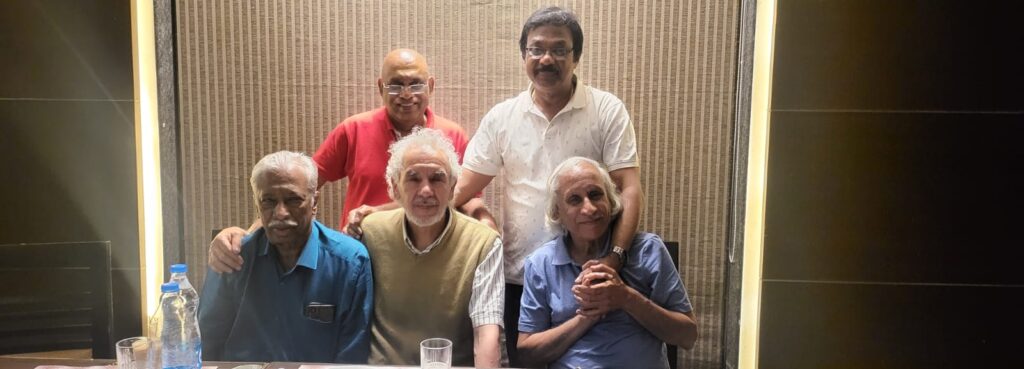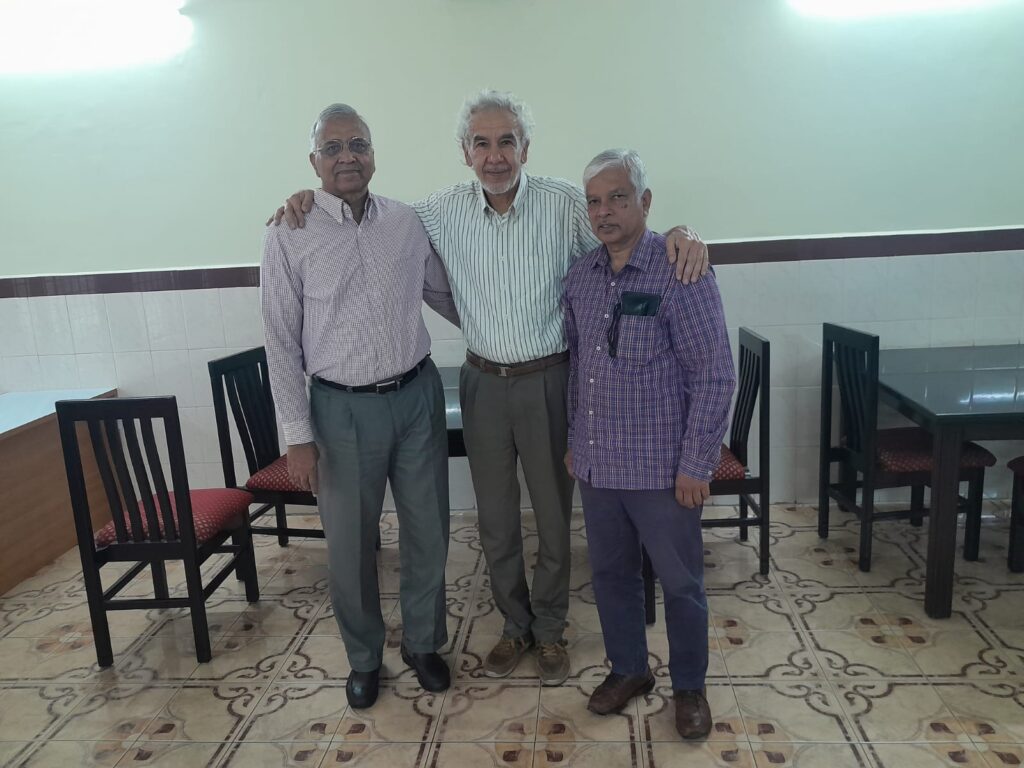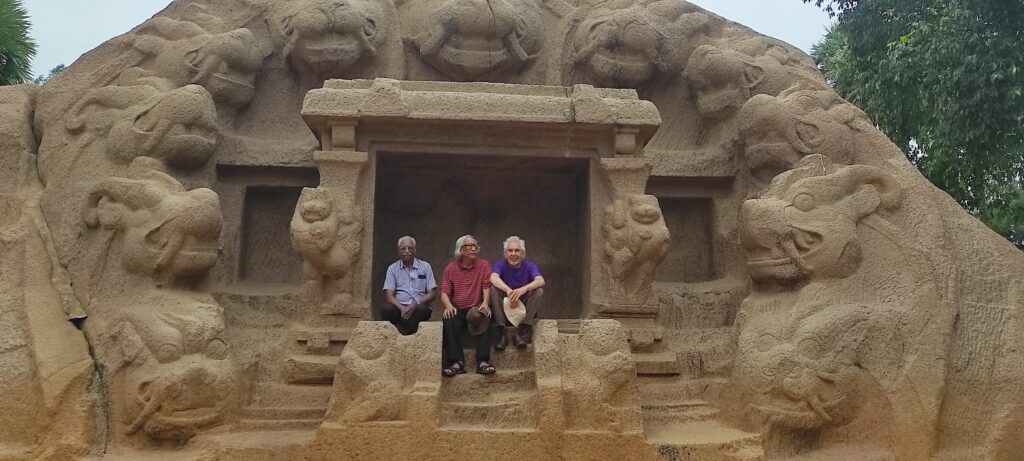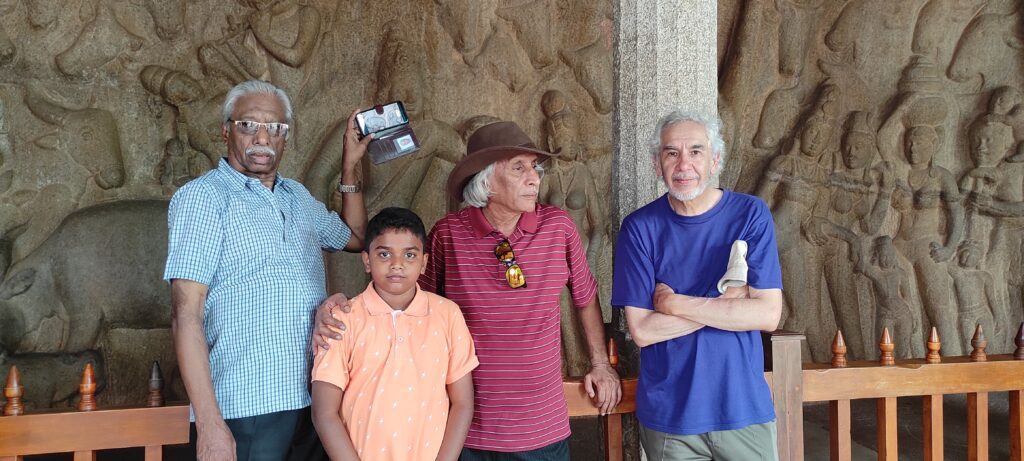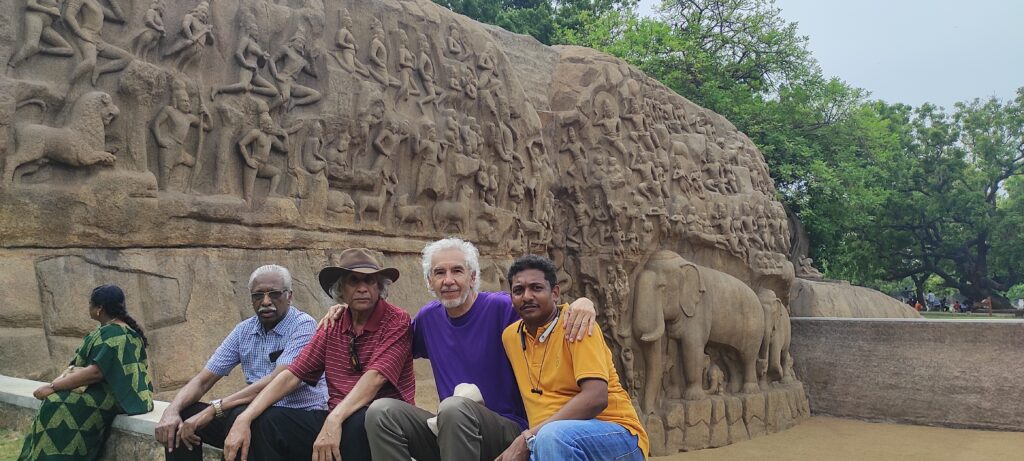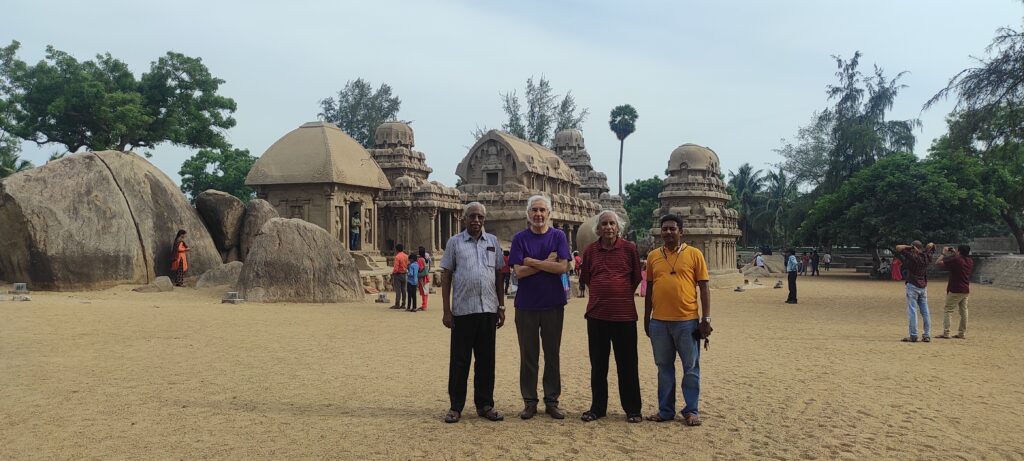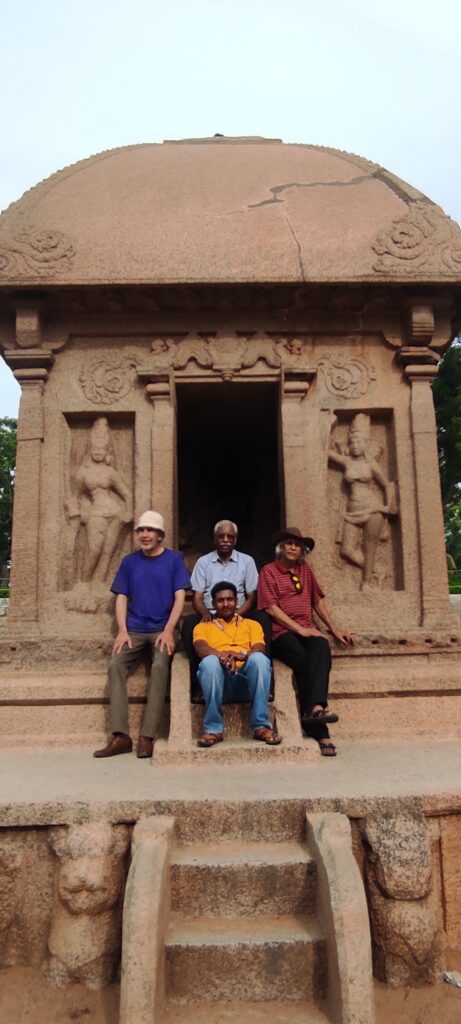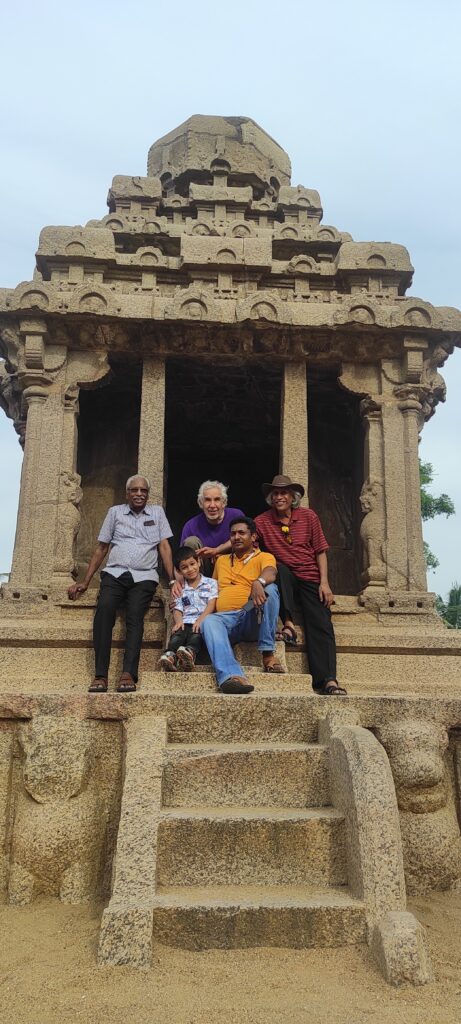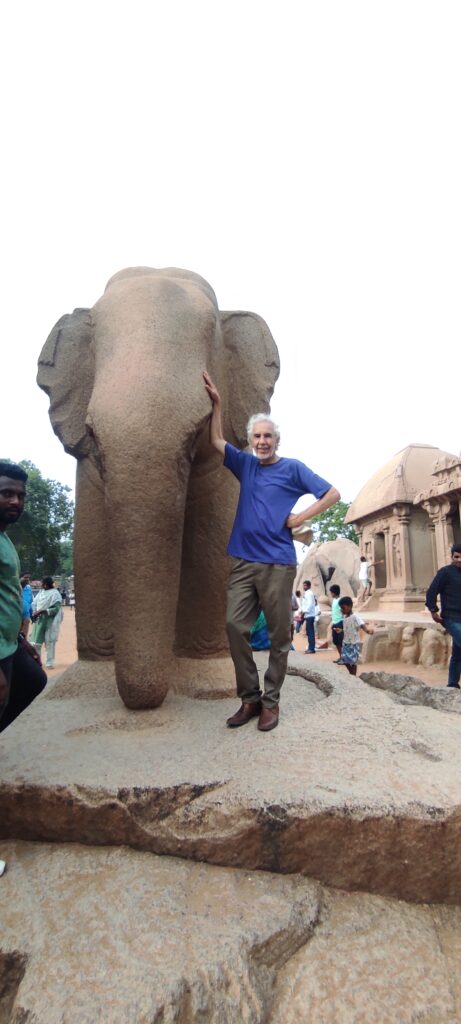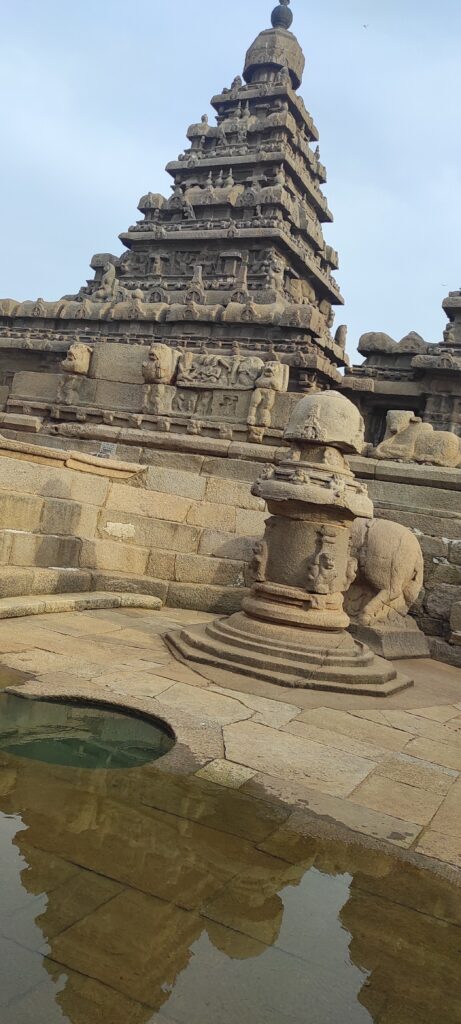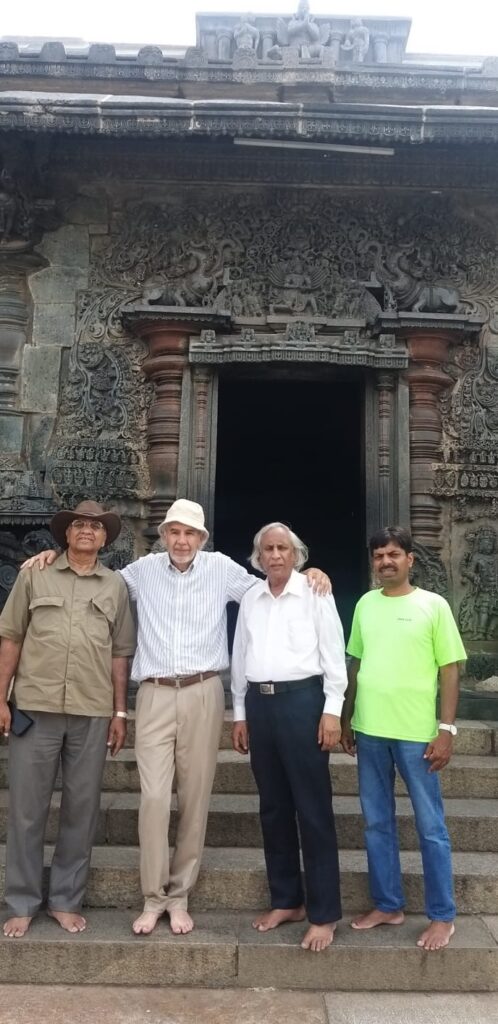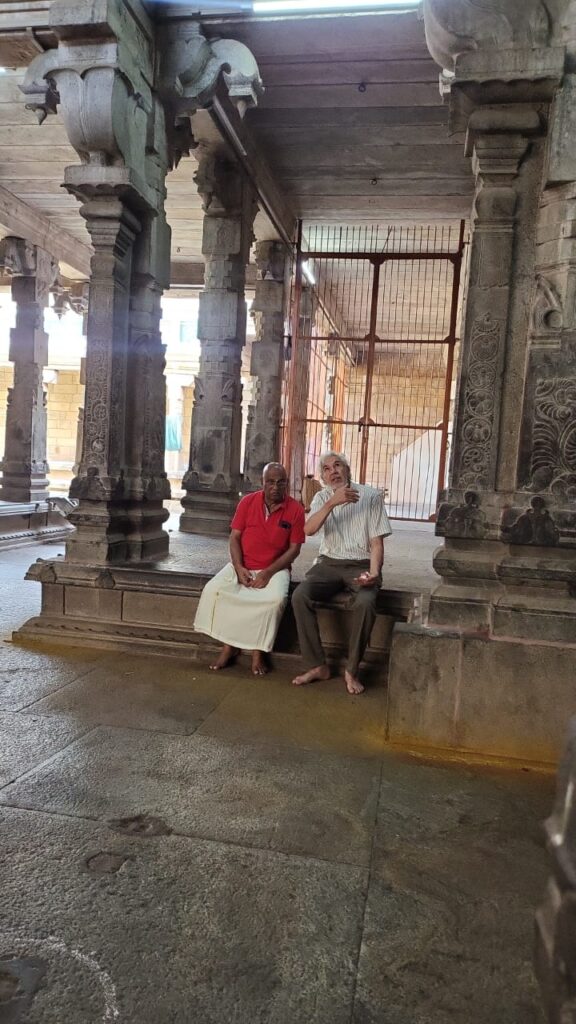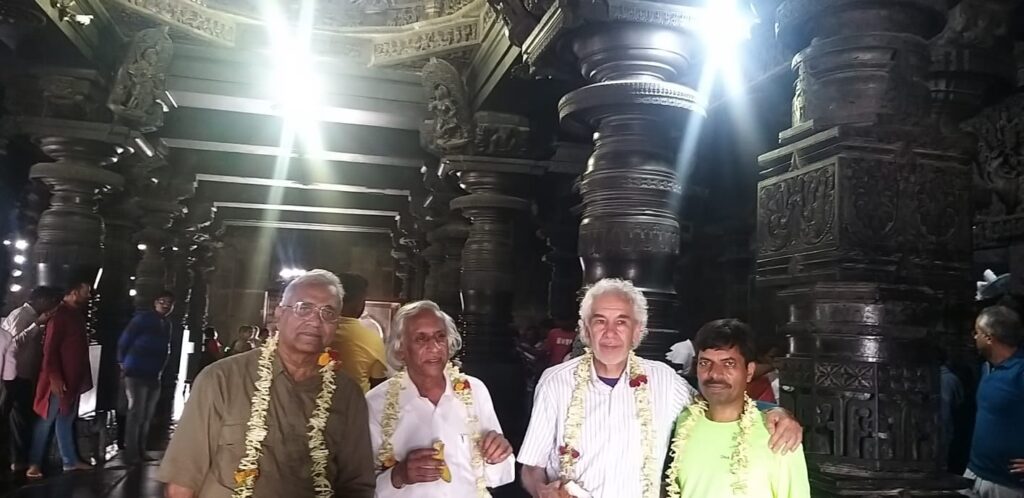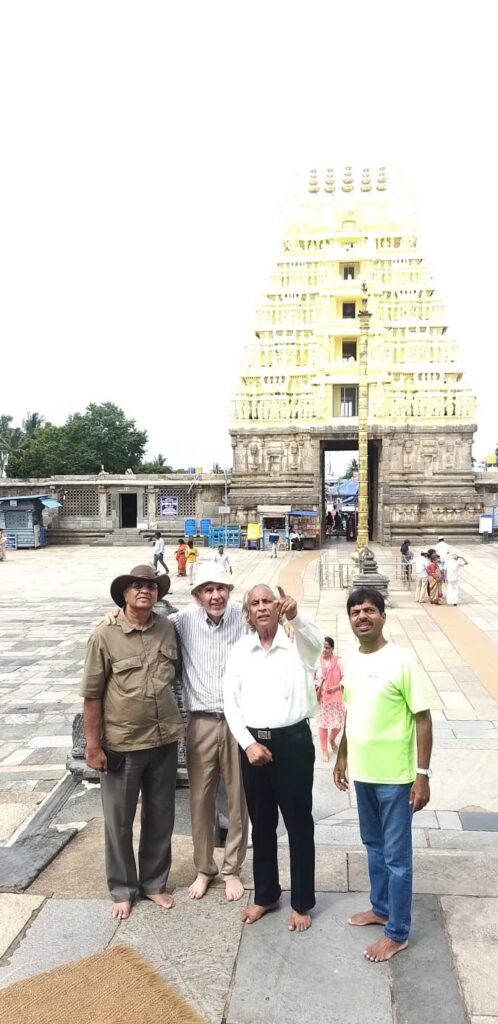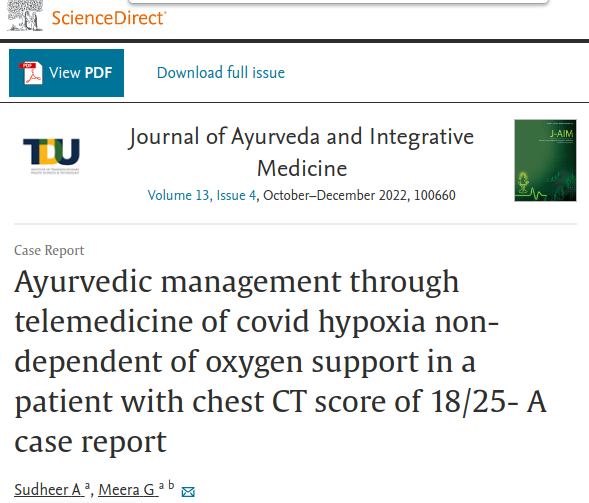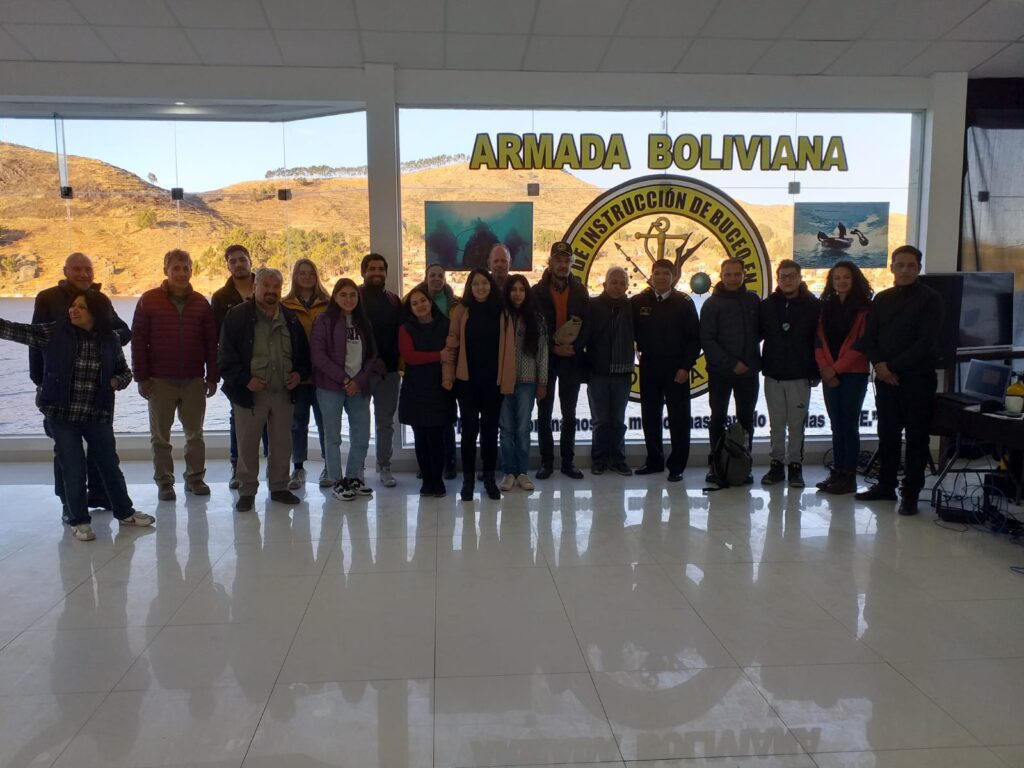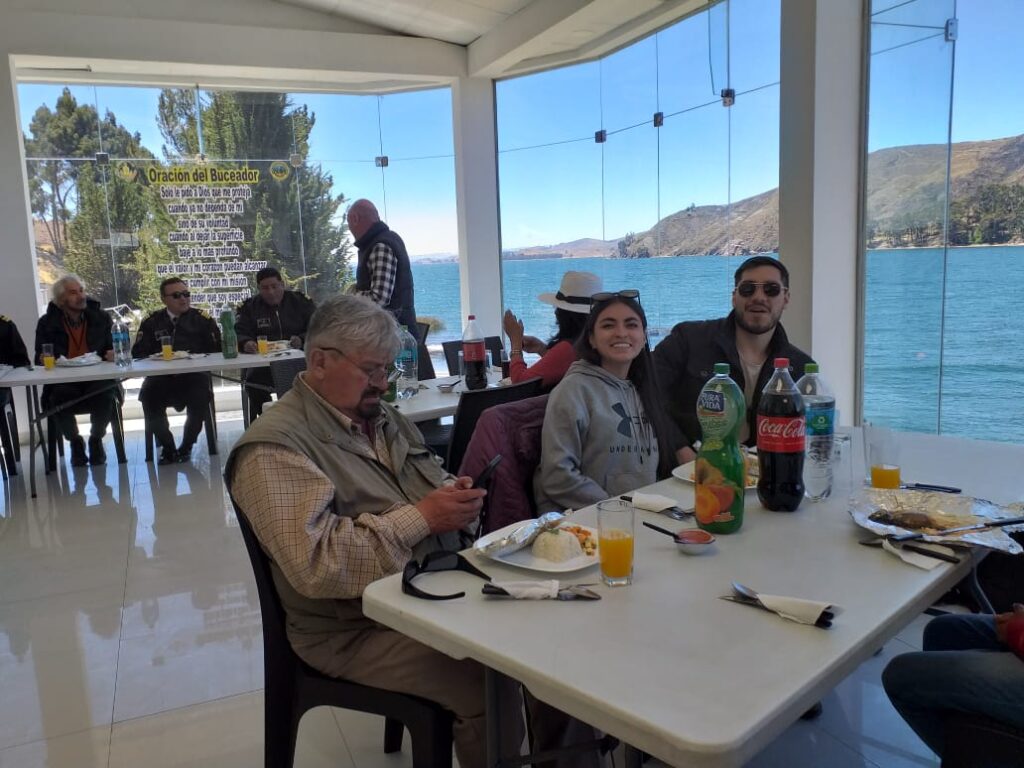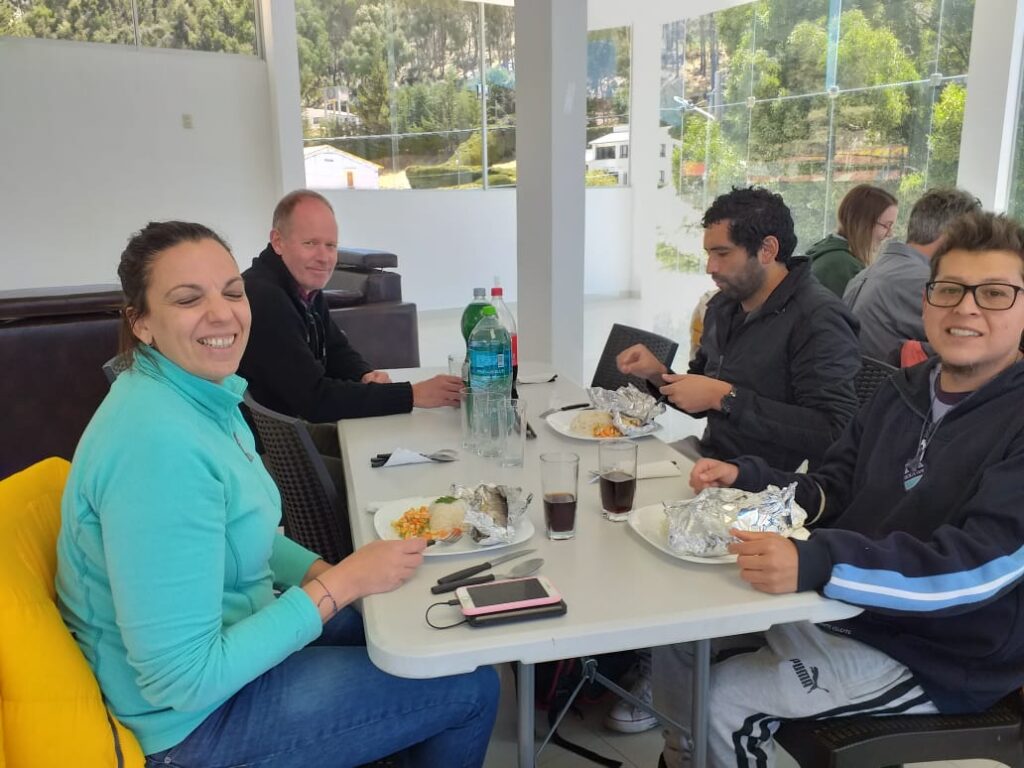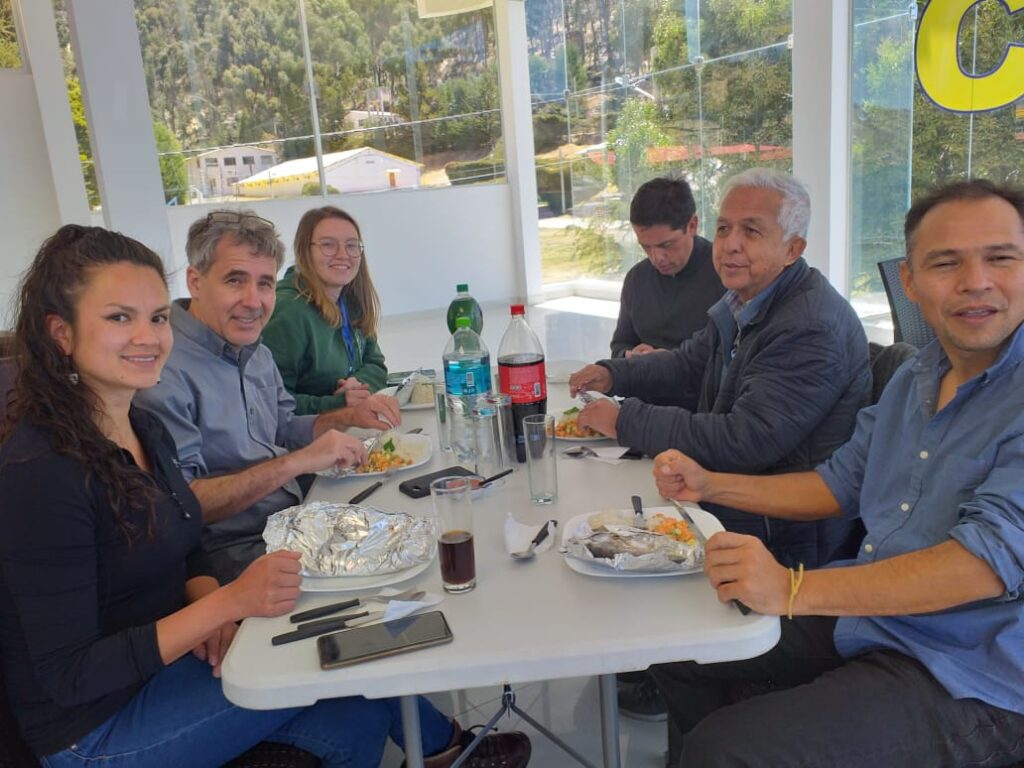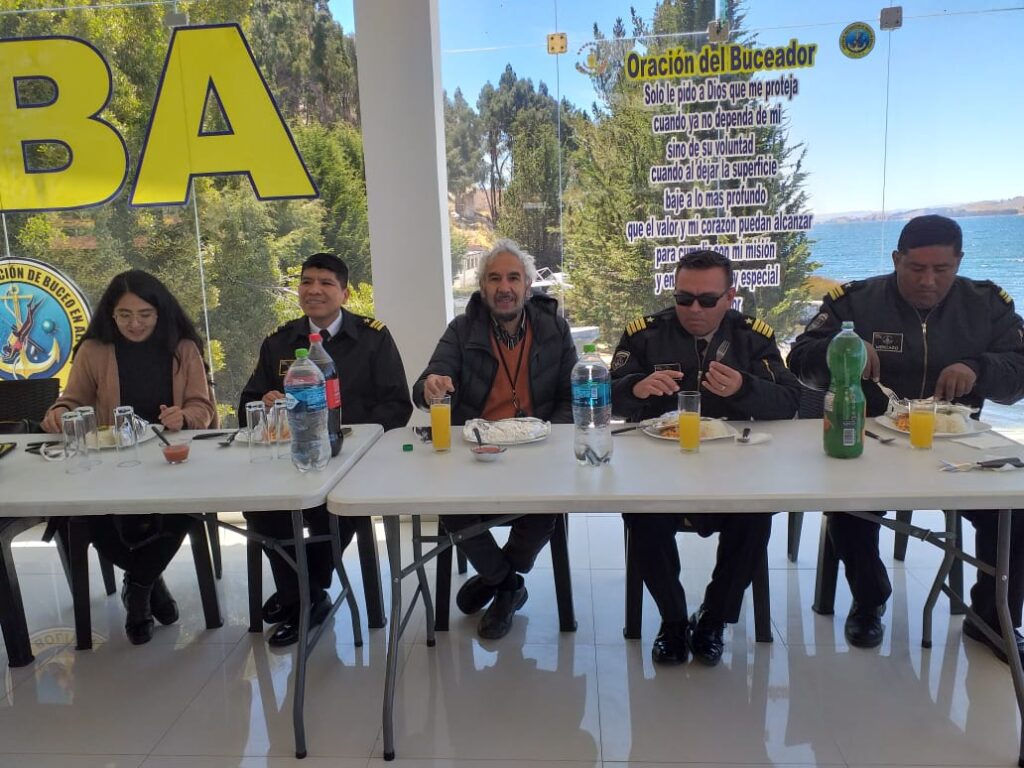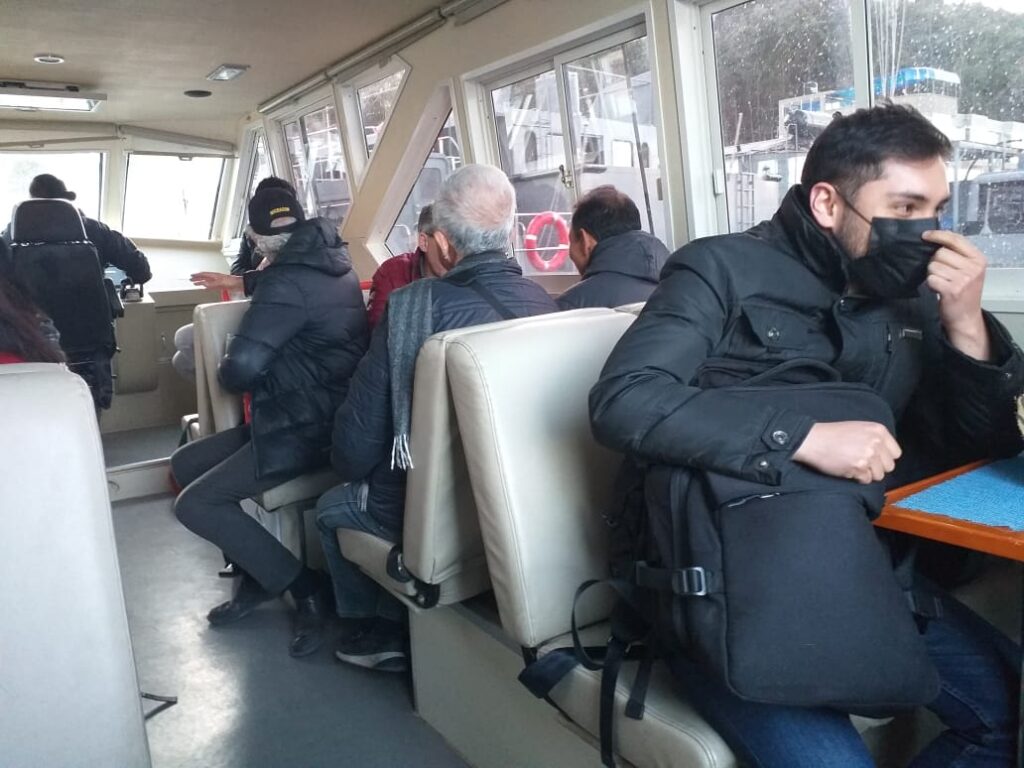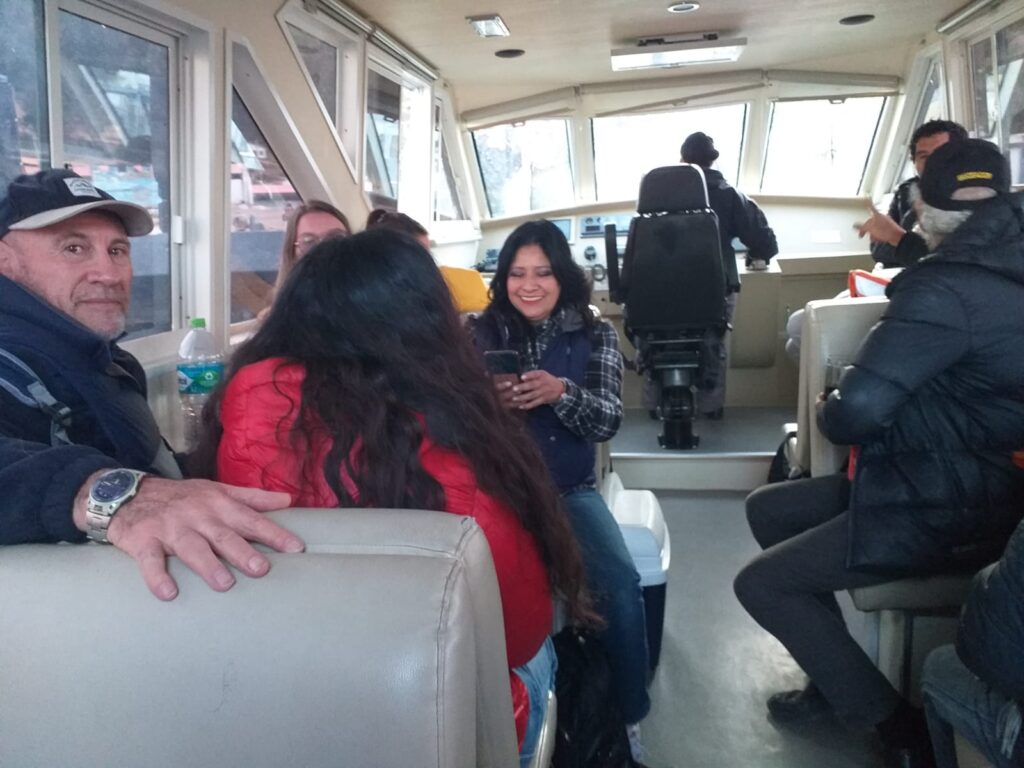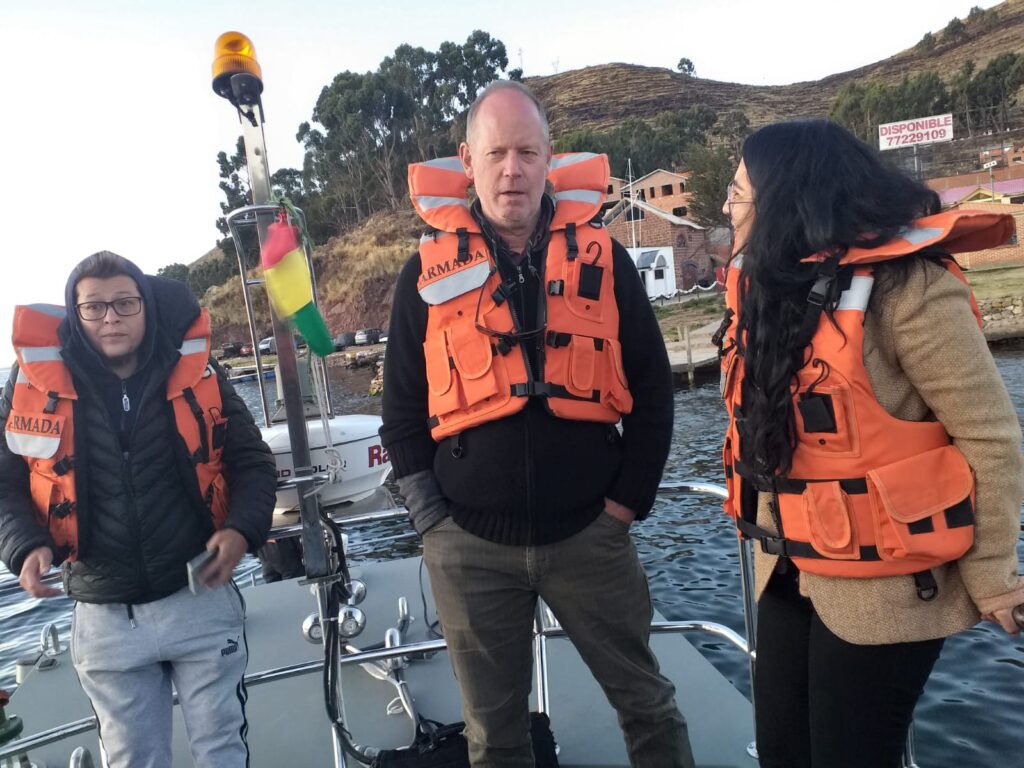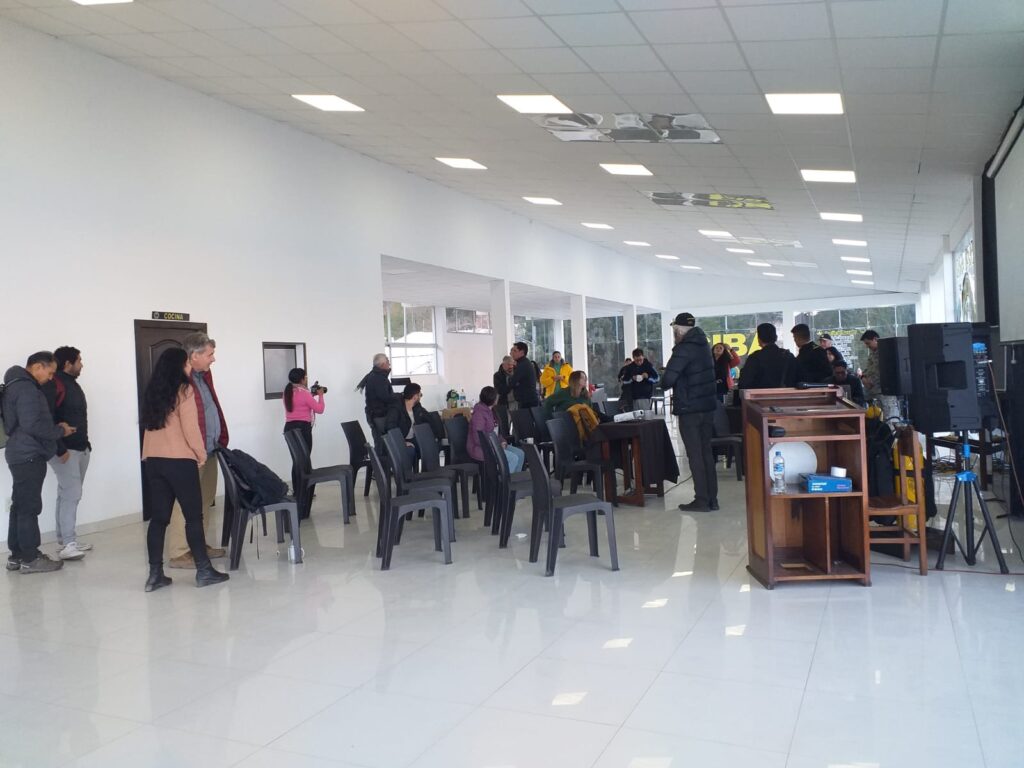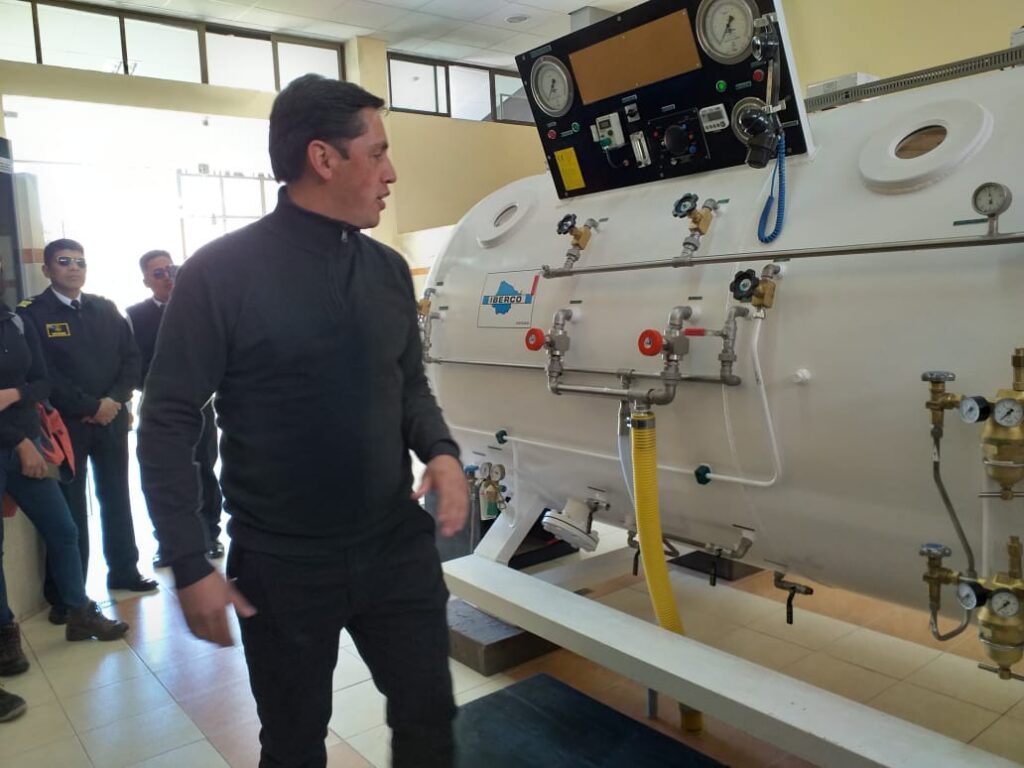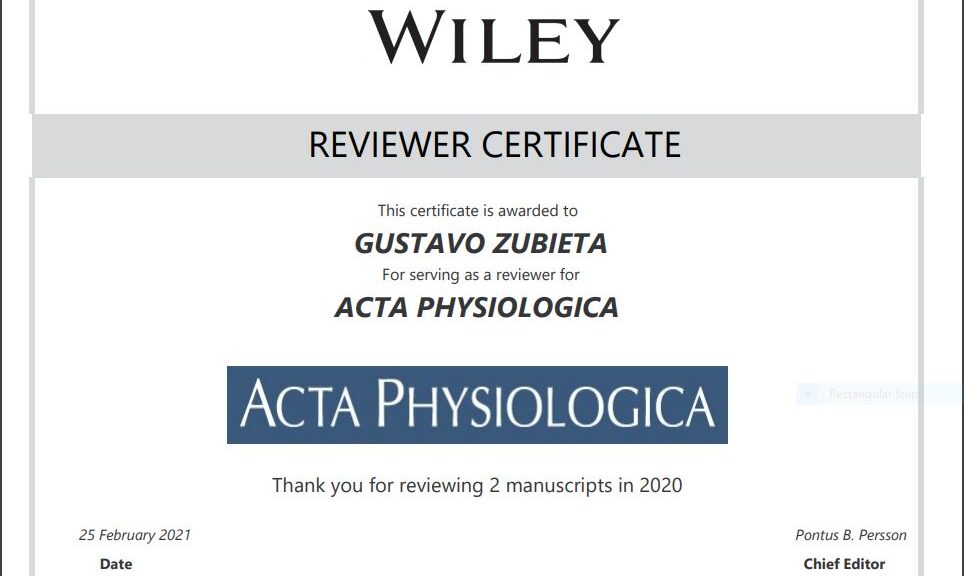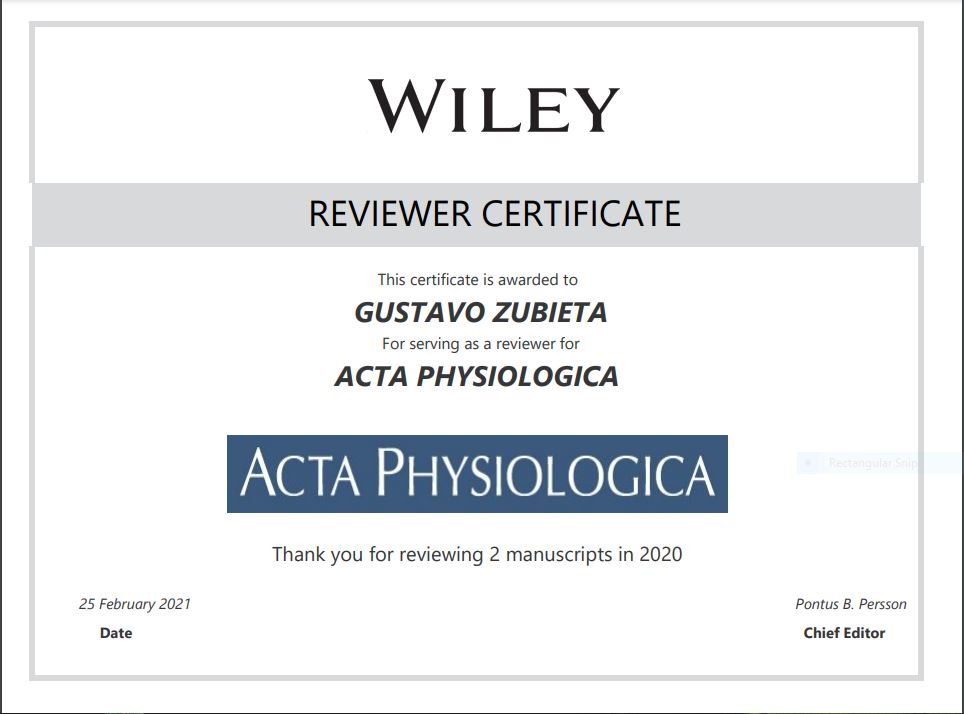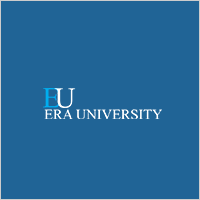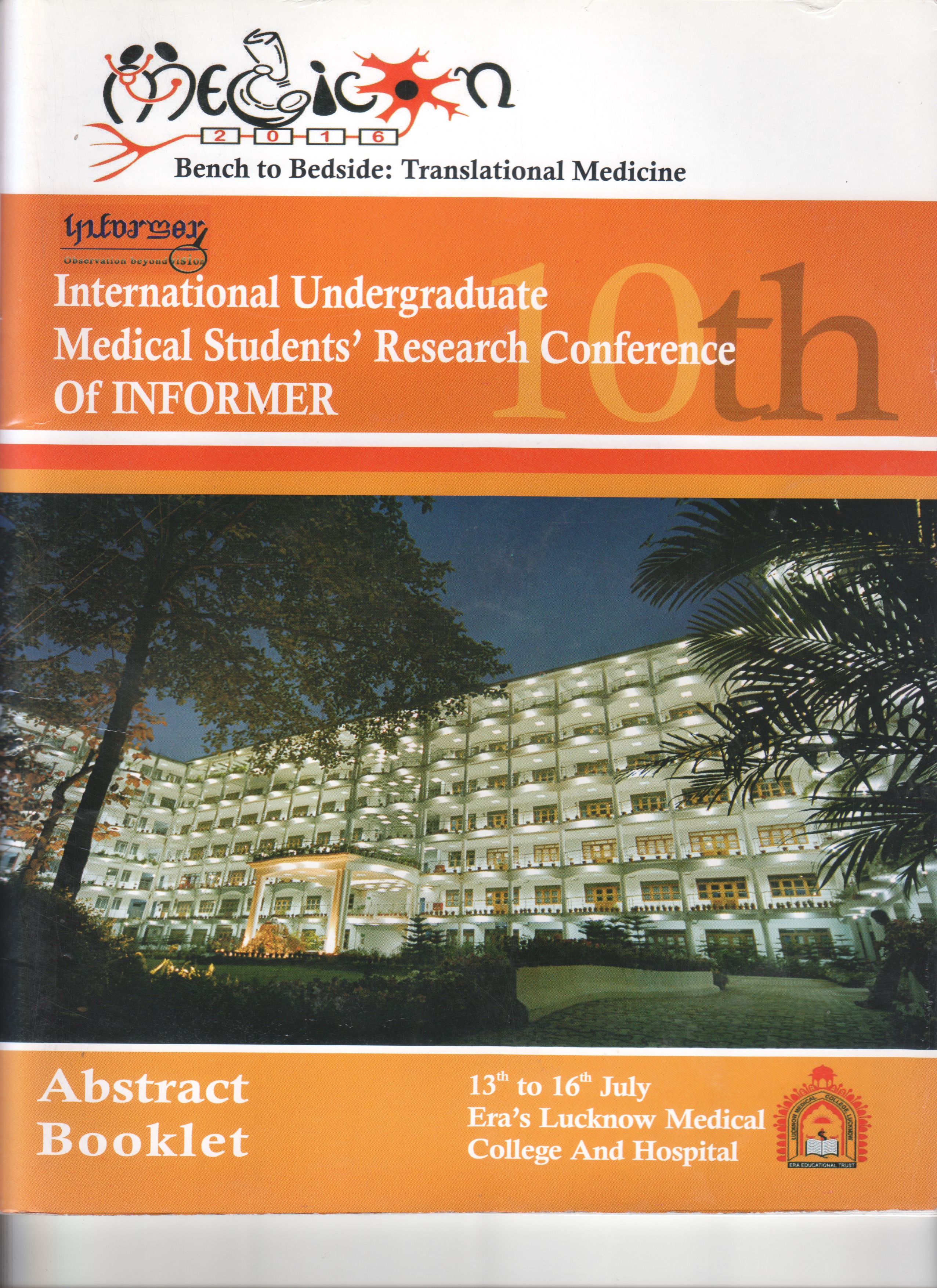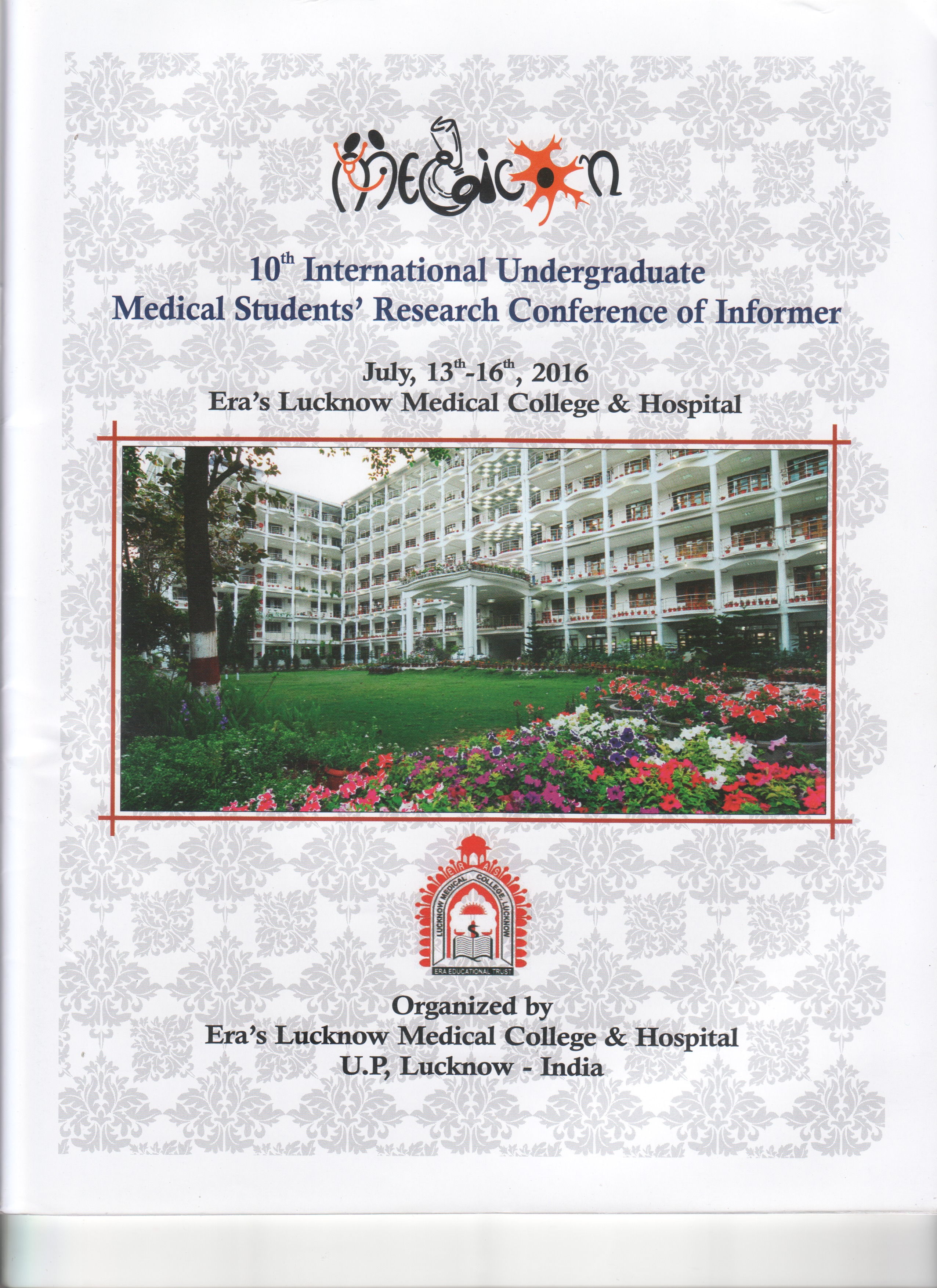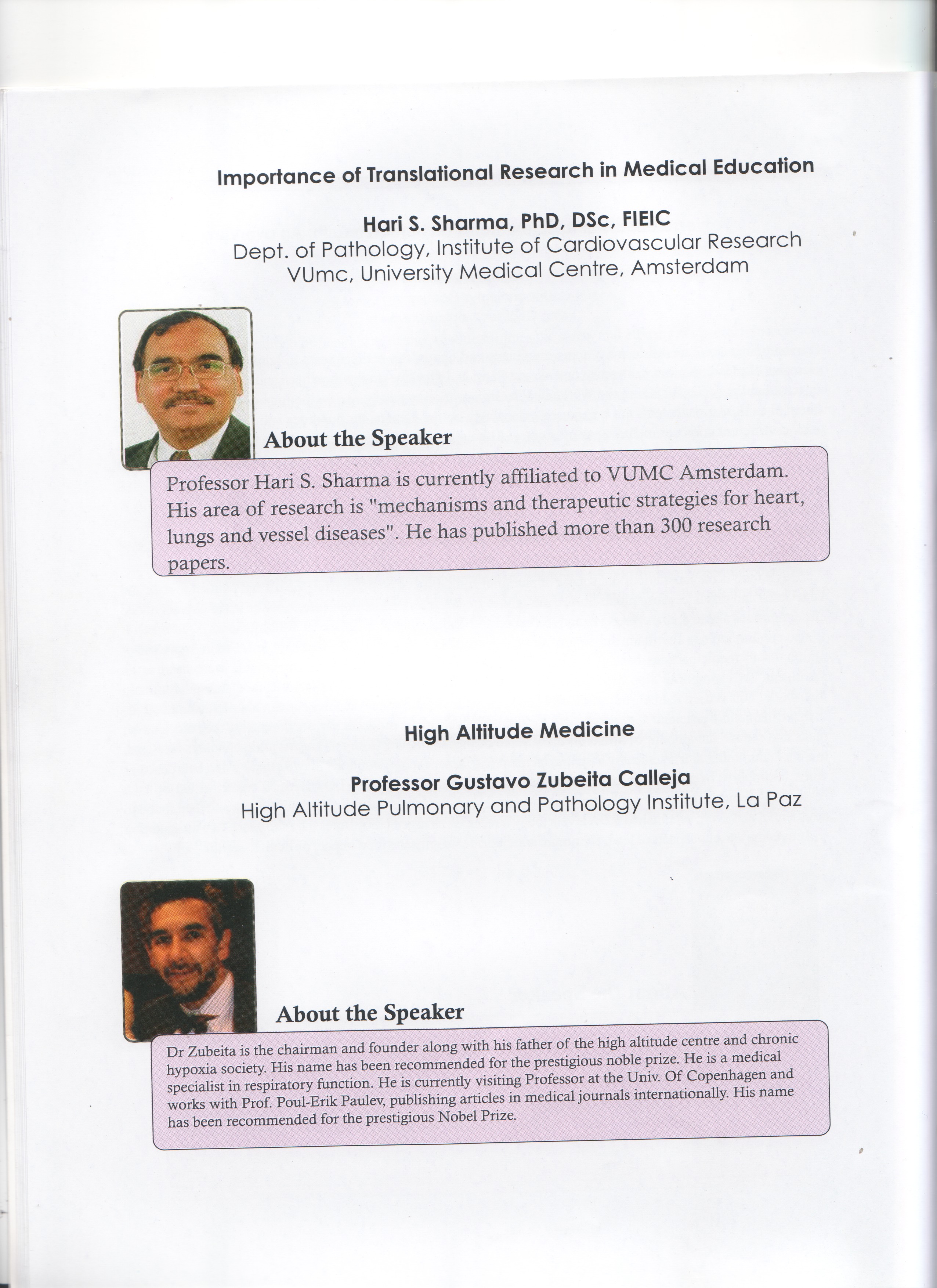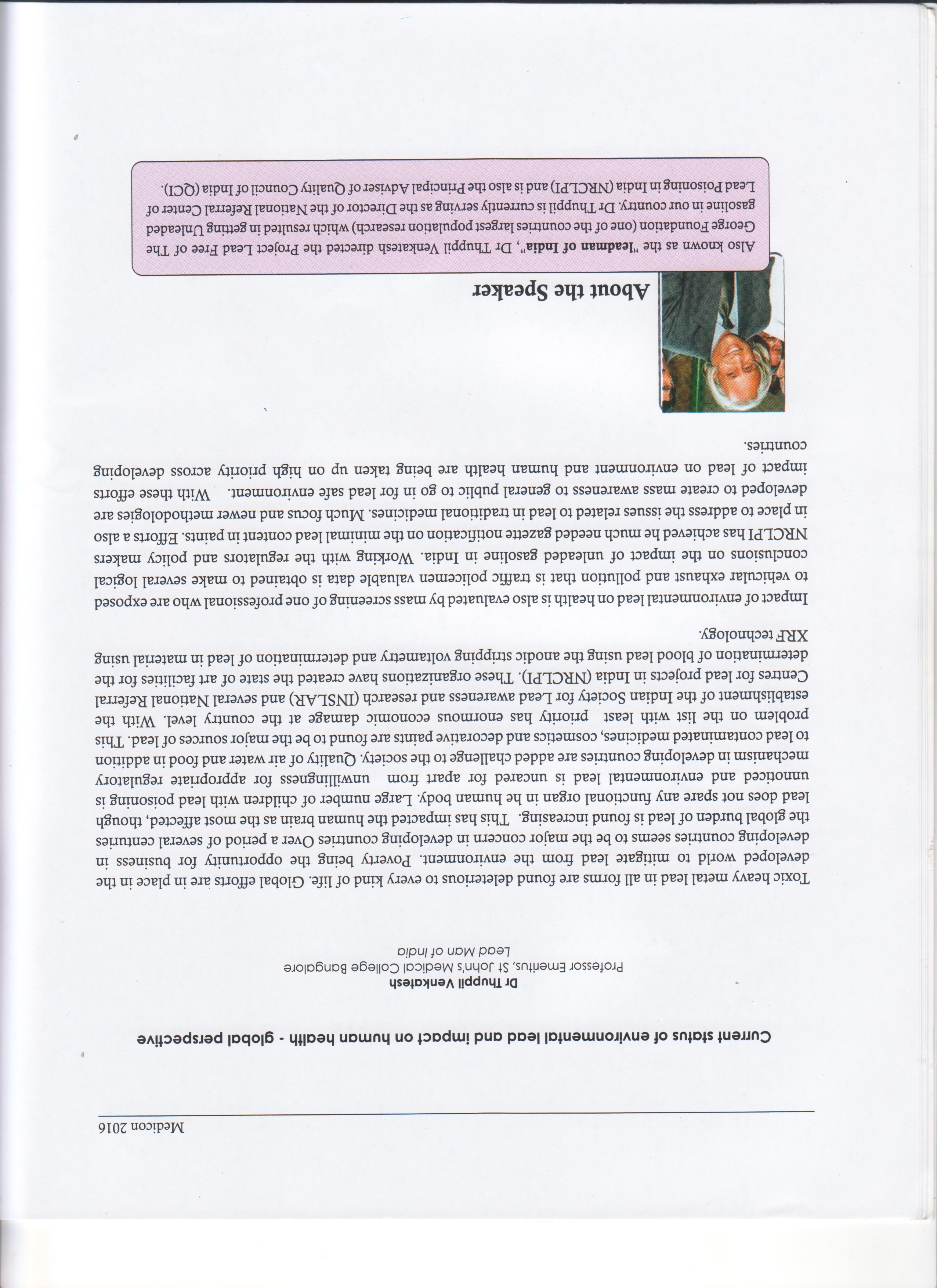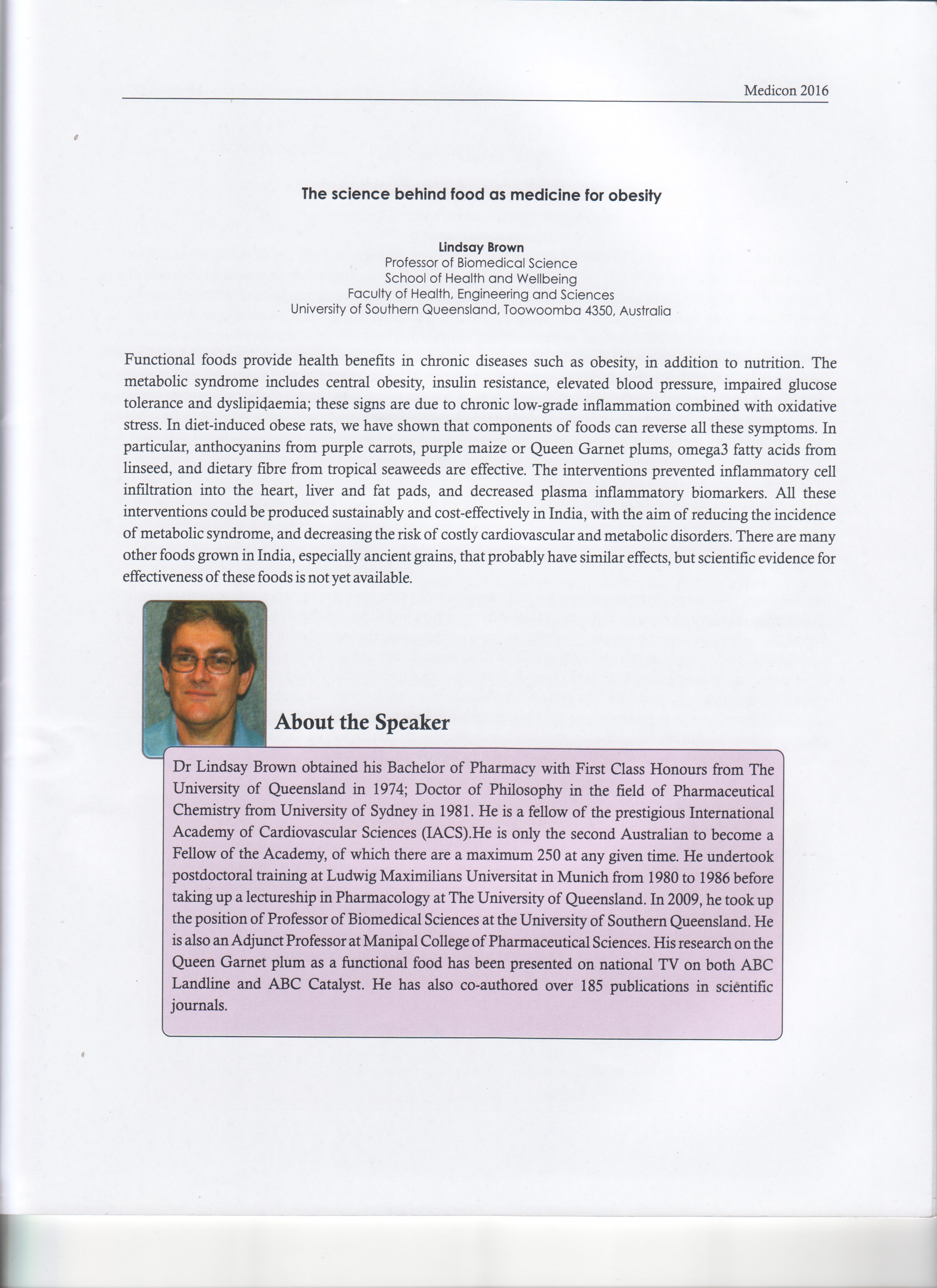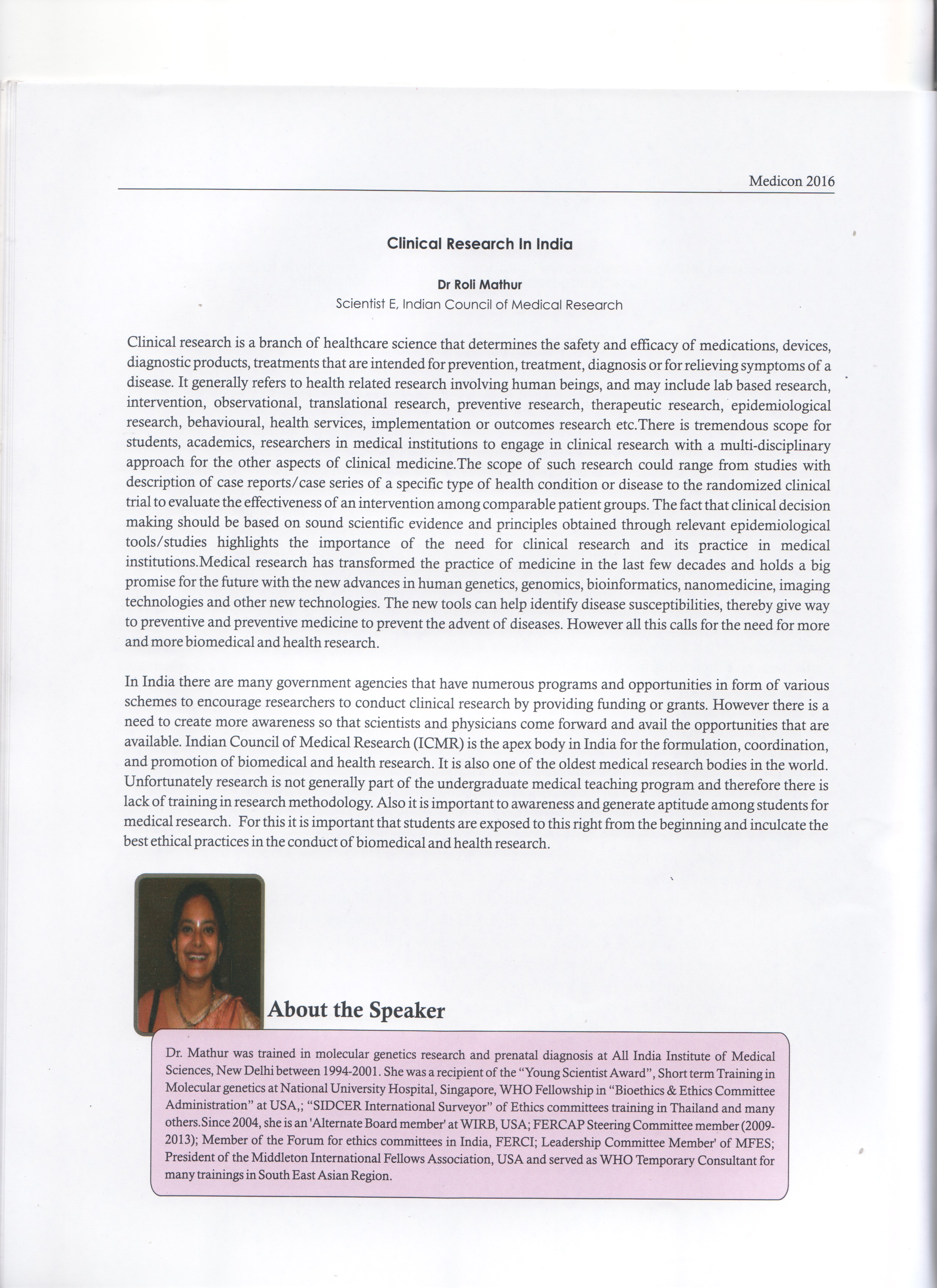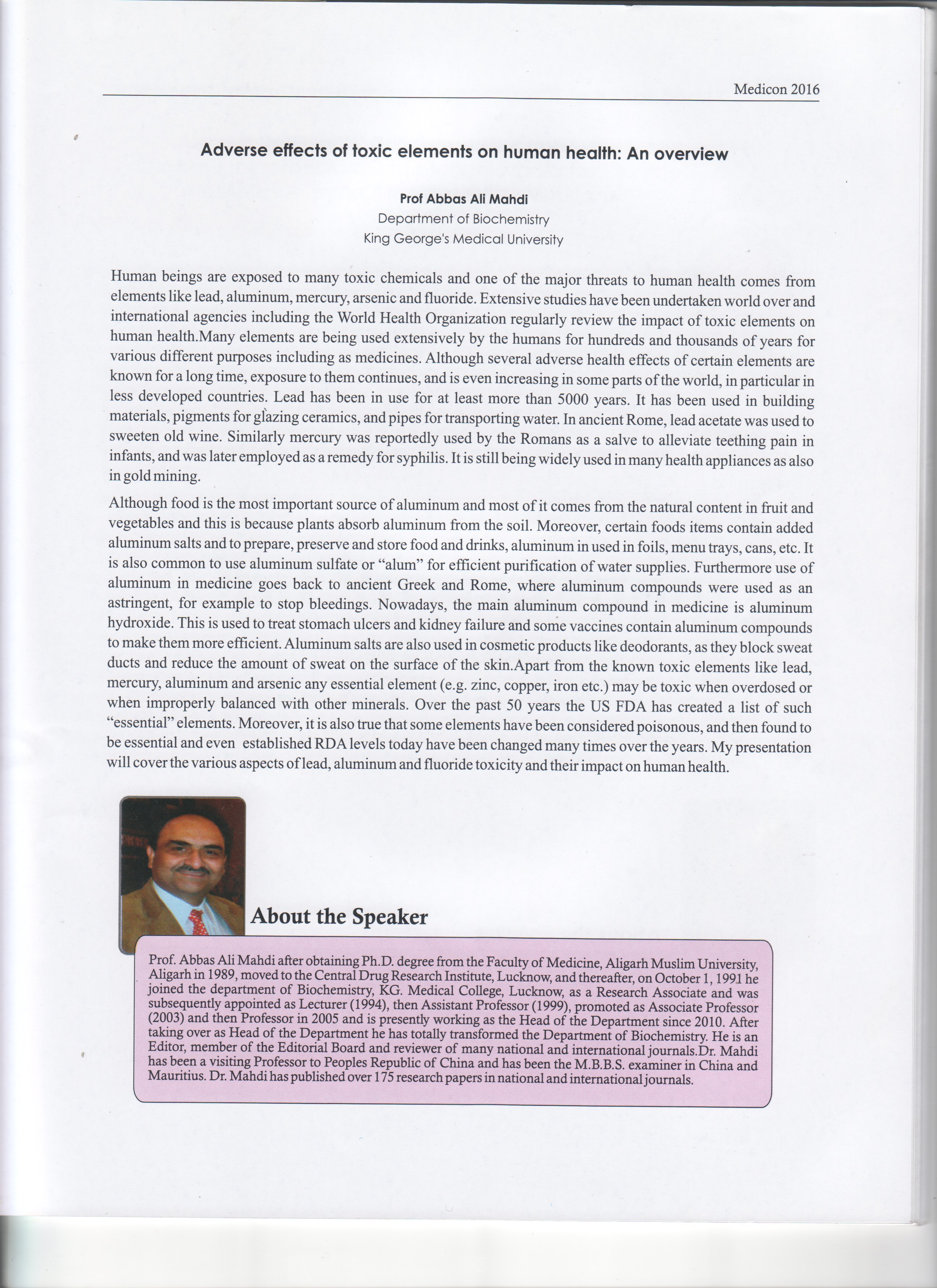The High Altitude Pulmonary and Pathology Institute (HAPPI-IPPA)
This is the correspondence carried out between Prof. Dr. Gustavo zubieta-Calleja in La Paz, Bolivia and Dr. Olena Klyuchko in Kiev, Ukraine.
Dec 5, 2024
Dear Dr. Olena Klyuchko:
It is interesting to note that my father Prof. Dr. Gustavo Zubieta-Castillo (Sr. ) had named La Paz, the Capital of Hypoxia since many years ago. The reason was that it was the highest city and most populated city in the world where many hypoxia studies were carried out . And studies keep going on! High Altitude Adaptation Research Expedition 2024.
Read the letters in red as presented during our 1st Symposium back in 2005:
Nevertheless, I was delighted when Pavel decided to transfer the “Crown” of the “Capital of Hypoxia” to us here in La Paz, Bolivia during the 7th Chronic Hypoxia Symposium:
https://zuniv.net/symposium7/Abstracts7CHS.pdf
His Abstract is the first one and is presented here:
I realized that his decision was well intentioned and sincere as Pavel always had an honest and kind personality. Furthermore, it was not only a generous attitude of him but his standing as a great hypoxia scientist authority from Ukraine.
I did wonder why the capital of hypoxia was in Kiev as it is at sea level? Perhaps it was because of the Bogomoletz studies? Or was it somewhere else?
Just some interesting questions for history!
All the best!!
Gustavo
We remember Pavel Beloshistky dearly and suffered very much his loss during the COVID Pandemic. My father Gustavo Sr. who passed away in 2015, at 90 years of age here in La Paz, loved Pavel dearly. Thanks to an invitation by Tatiana Serebrovskaya we visited twice with him in Kiev and had a wonderful time together.
Gustavo Zubieta-Castillo (Sr), an Ukranian Colleague, Pavel Beloshistky in front of the Red Building of the Kiev University.
Pavel Beloshitsky and Gustavo Zubieta-Calleja (Jr) in front of the Mykhailo Hrushevsky Monument in Kiev.
He also came to La Paz, Bolivia during the 1st World Congress on High Altitude Medicine and Physiology that we organized jointly with John Tripplett and Bengt Kayser.
Visiting the High Altitude Pulmonary and Pathology Institute (IPPA) during the 1st World Congress on High Altitude Medicine and Physiology . From left to right, Y. Gippenreyter, Gustavo Zubieta-Castillo (Sr), Luis Zubieta-Calleja, Pavel Beloshistky. Oct 1994
Dec 11, 2024
Dr. Olena Klyuchko responded:
Gustavo, my greetings to you!
The story of why Kyiv was called the “Capital of Hypoxia” was told to me by doctors and scientists Pavel Beloshitsky (PB) and Oleg Bogomolets (OB), the son of the famous Alexander Bogomolets (AB). I can tell you about them in the future. They were fantastically interesting people, but before it was forbidden to talk about them – now it is possible.
It all started in the 1920s. Alexander Bogomolets was already a famous doctor and scientist. He had already created the Institute of Physiology in Kyiv and was its Director; currently, it is called the Alexander Bogomolets Institute of Physiology of the National Academy of Sciences of Ukraine (IF NASU). There, we all met and worked for many years. In the summer of the 1920s, he went on vacation to the Caucasus Mountains, to the mineral water resort. It was a very difficult time after the First World War. Everything was destroyed, and people were starving as there was no food. He was informed about a very good doctor named Nikolai Syrotinin, who lived in the mountains. He lived in poor villages and treated people in the mountains who had no money at all. People fed him for this. Syrotinin also recorded observations of people, diseases, and nature in those places. Professor Bogomolets wanted to meet him, and they became good friends. He invited him to work in Kyiv, at his Institute of Physiology (IF) of the National Academy of Sciences of Ukraine (NASU). Syrotinin created a large group of people studying various aspects of hypoxia in Kyiv. For example, Bogomolets and Syrotinin invited many talented young people to work for them, and it was Syrotinin who got the little schoolboy Pavel Beloshitsky interested in his ideas. The Elbrus Medical and Biological Station (EMBS) in the Caucasus was a “laboratory” in which they actually conducted research in the mountains. However, it was created as a scientific “branch” of IF NASU. However, hypoxia is a multifaceted phenomenon, and much work could be carried out in Kyiv. For example, Alexander Bogomolets, himself, was most interested in how to help the wounded who were losing a lot of blood. We had 2 World Wars, (and now there is a war again) – there were millions of wounded, and they were taken to Kyiv to be treated. Many died from blood loss, and people wanted to help them. Our city is an important medical and scientific center that has been known for about 2000 years – at first, people were treated with herbs, honey, etc. 1500 years ago, Kyiv became the center of Christianity, and people were treated in churches and monasteries; in each century, treatment methods were improved. In the 20th century, Bogomolets and Syrotinin began to develop their new methods – and we continue now. Bogomolets and Syrotinin also invited people from other Kyiv institutes to participate in their projects – gerontology, psychiatry, hematology, oncology, pediatrics, etc. These were very large-scale projects, when many people worked on hypoxia research, solving related problems. So now it is very clear why Nikolai Syrotinin called Kyiv the “Capital of Hypoxia”. For example, Nikolai Syrotinin was very interested in the issues of treating schizophrenic patients in hypoxic conditions in the mountains; and Nikolai Syrotinin with Pavel Beloshitsky achieved success in this (see publications in the profiles of Pavel Beloshitsky and mine). These talented people were always interested in organizing healthy lifestyles and treatment in hypoxic mountain conditions – so they could live healthy and talented lives. In Ukraine, N. Syrotinin became a famous doctor and scientist, received his PhD, and then became an academician of the Academy of Sciences of Ukraine. He became the Head of the Hypoxia Department in the Institute of Physiology and, simultaneously, the first Director of the EMBS in the Caucasus (he then handed it all to his student Pavel Beloshitsky). He became the founder and organizer of “Nikolai Syrotinin’s School of Science”.* However, all this became possible only because Alexander Bogomolets once invited him to Kyiv.
When N. Sirotinin became famous, he was invited to Moscow, where his experience attracted great attention. He also obtained the title of Academician of Academy of Sciences of the USSR, and many others – and the next period of his life started “.
* About the “Syrotinin’s School of Science” Pavel Beloshitsky and I also published a good article with photos in our Encyclopedia, “Scientists of Ukraine are Elite of the State”(2020) Vol.VI, p.180-181 (Ukr):
https://logos-ukraine.com.ua/project/index.php?project=nued6&id=2781
Please translate it to English in the google translator.
There, you can see the official members of “The first generation of Nikolai Syrotinin School” led by Pavel Beloshitsky. He was so kind, and he called me “The second generation of Nikolai Syrotinin school” as his studentessa and many years colleague; he wrote about this in 2 of his books and 1 article.
Dr. Elena Klyuchko. Kyev, Ukraine.
Olena M. Klyuchko
National Aviation University · Faculty of Electronics
PhD – Professor
Associate Professor of the National Aviation University(Kyiv,UA) PhD(biophysics); MS(computer sciences), BA(linguistics)
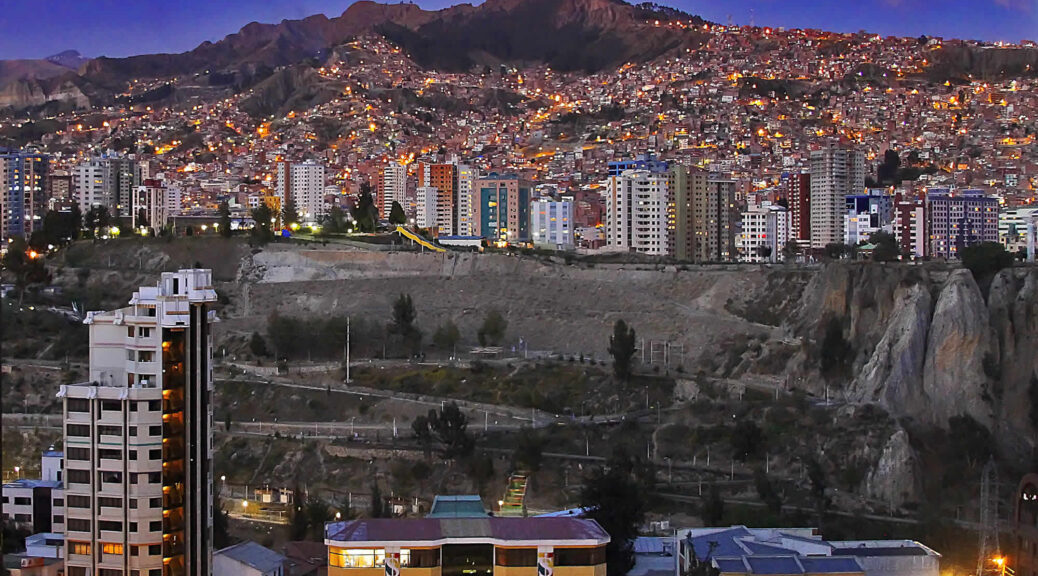
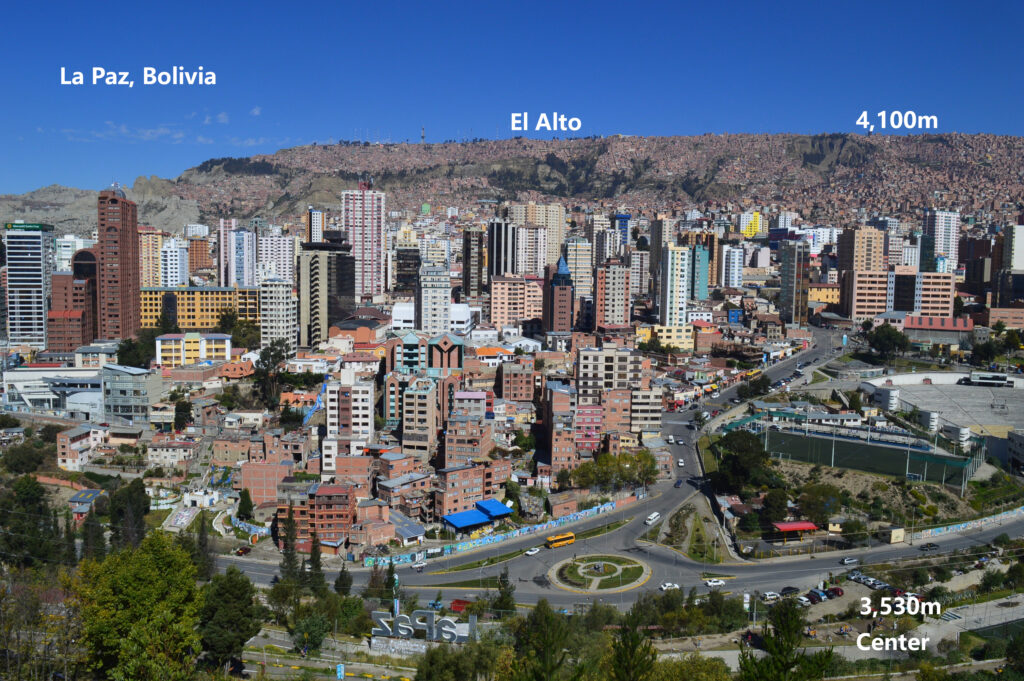
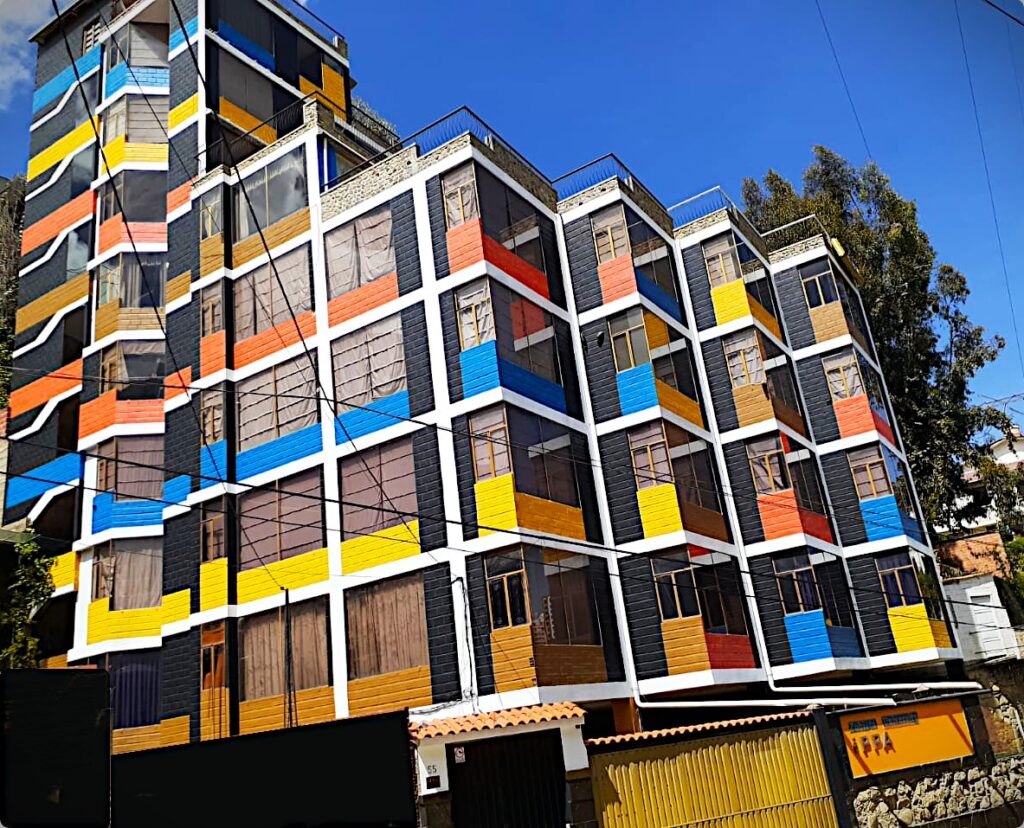
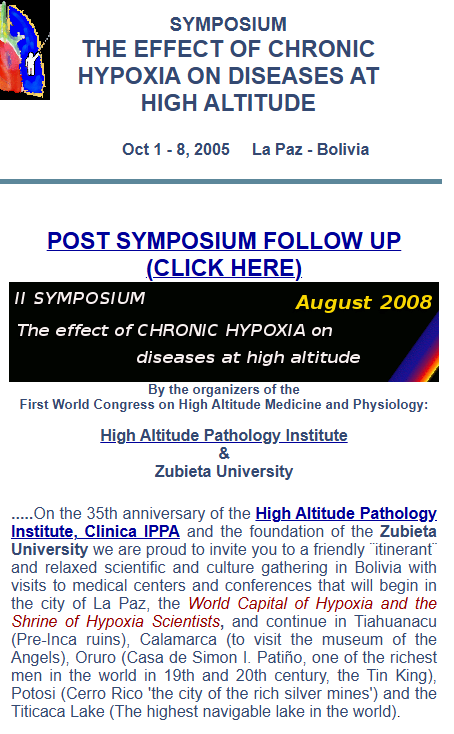
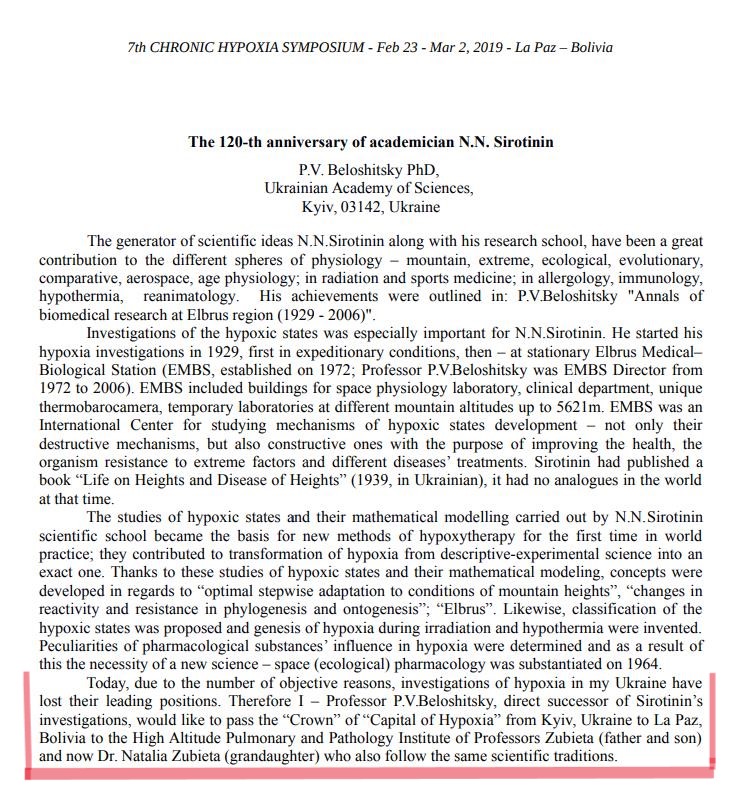
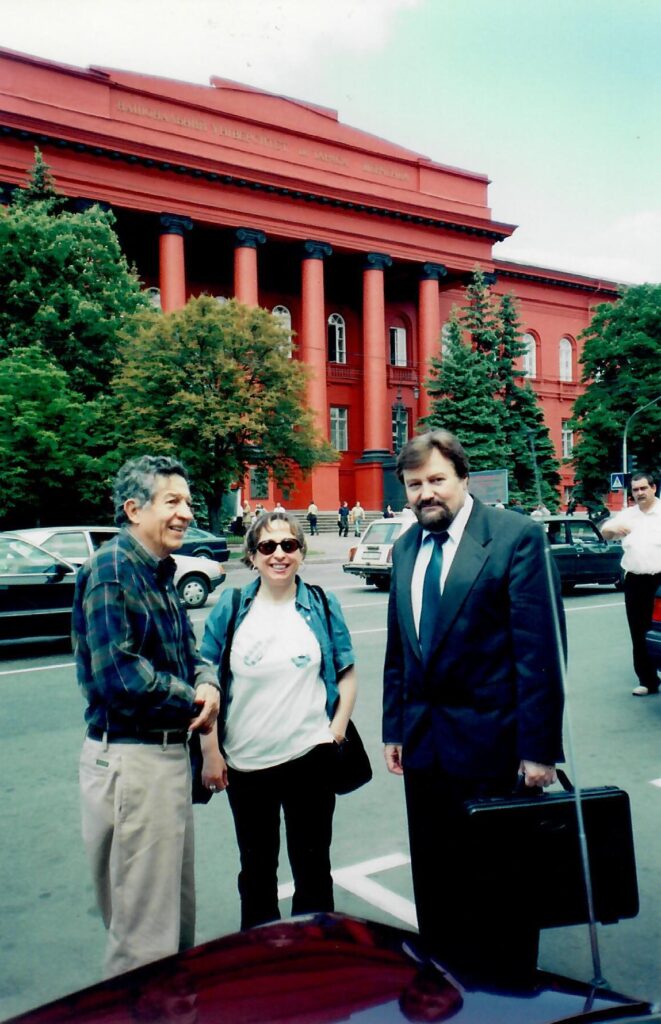
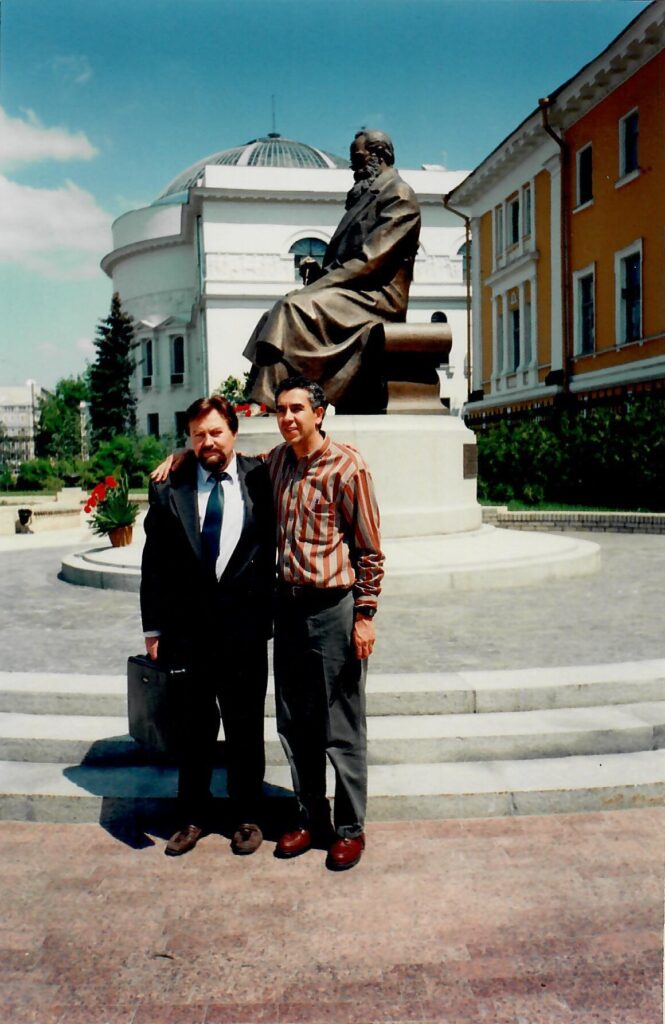
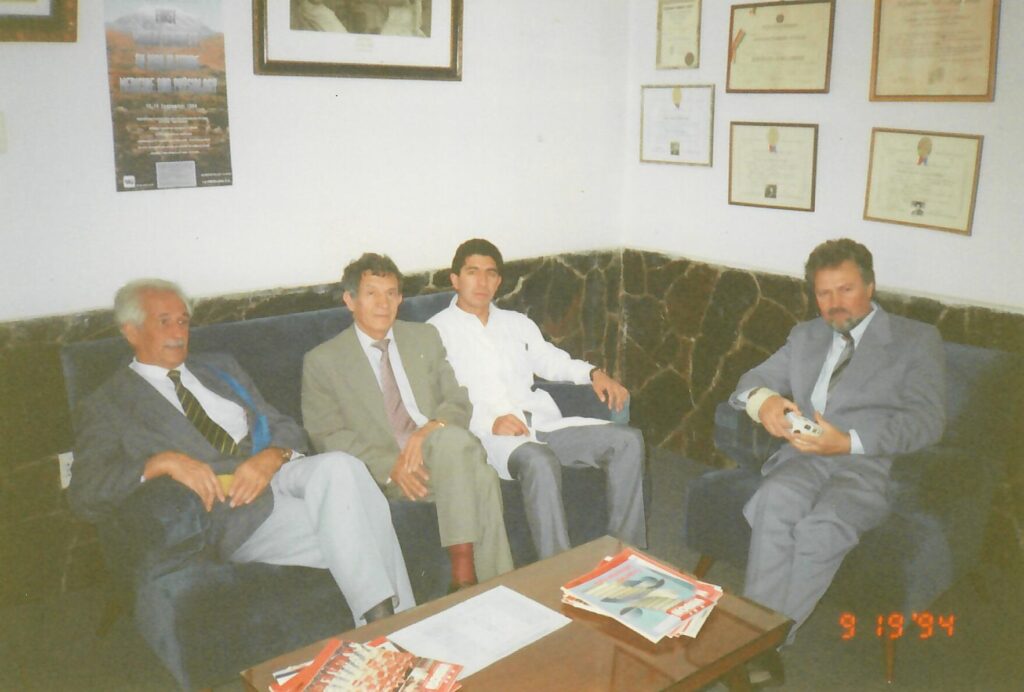
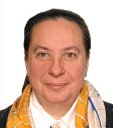
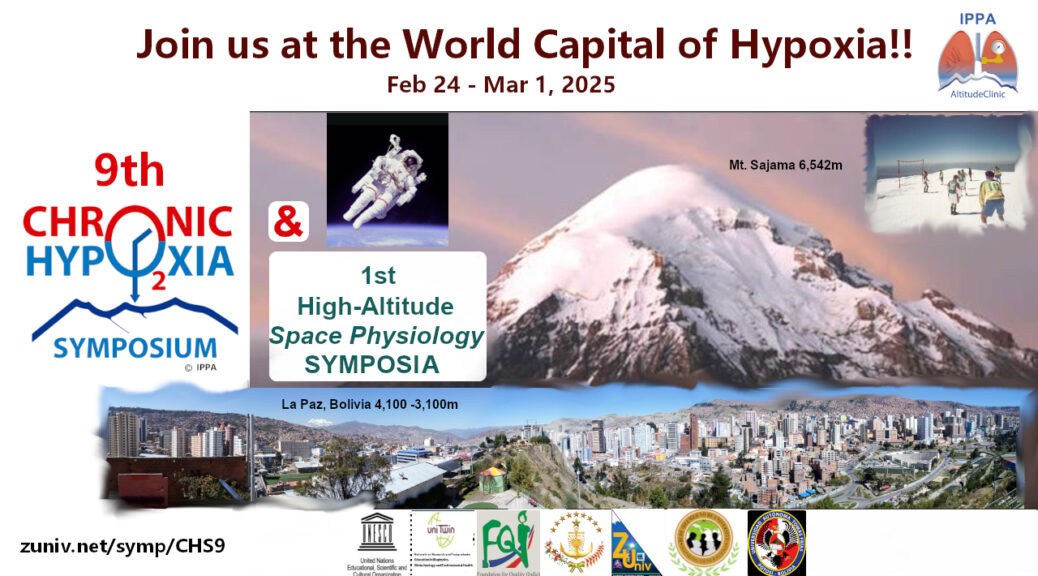

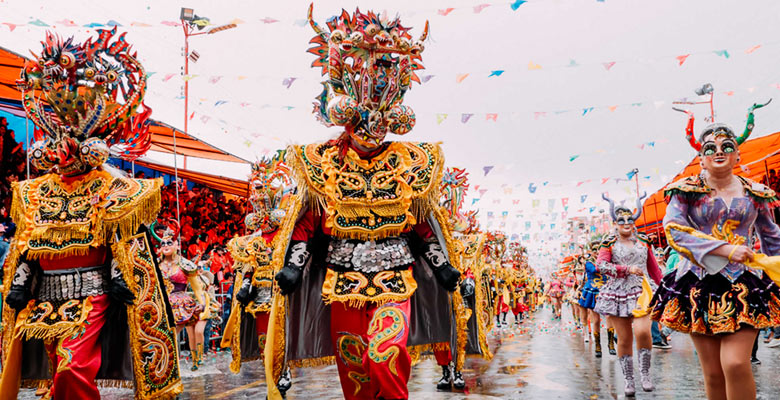
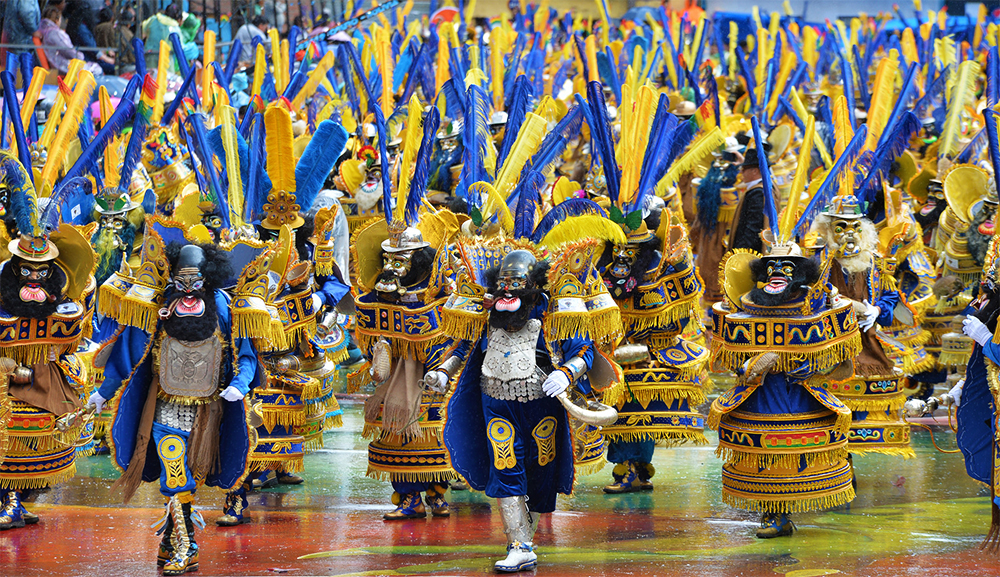
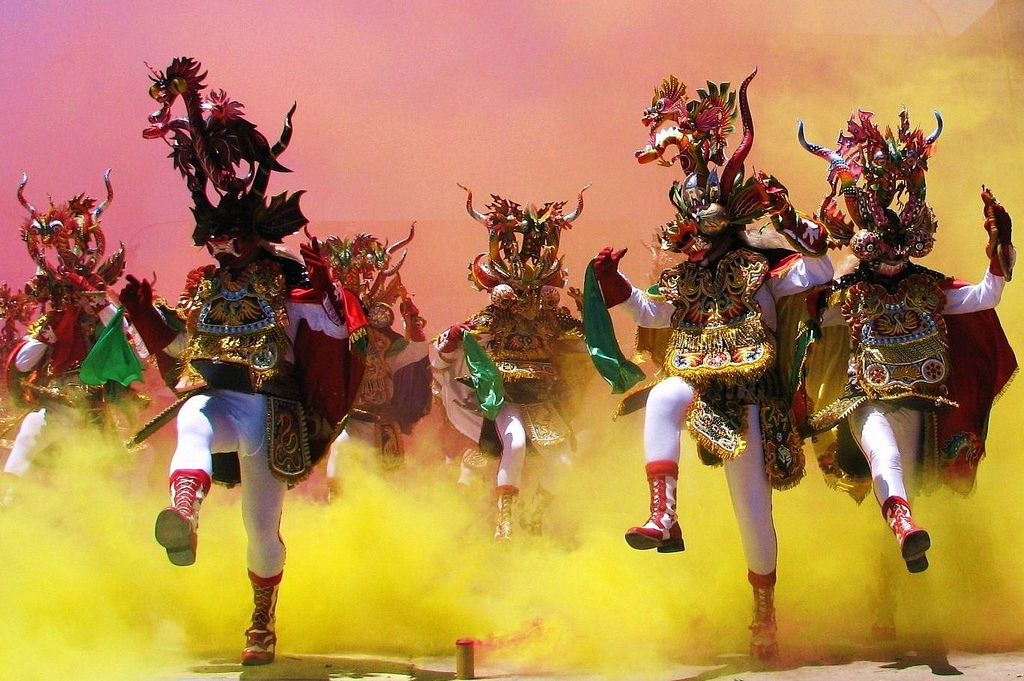


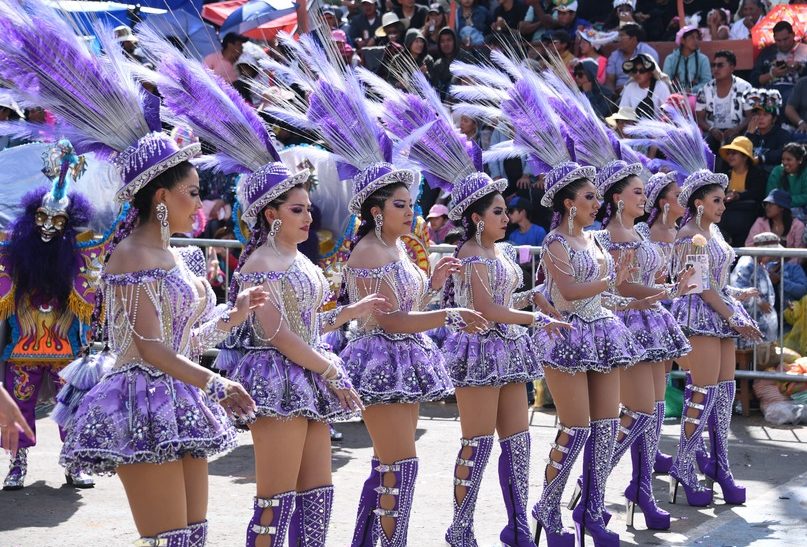
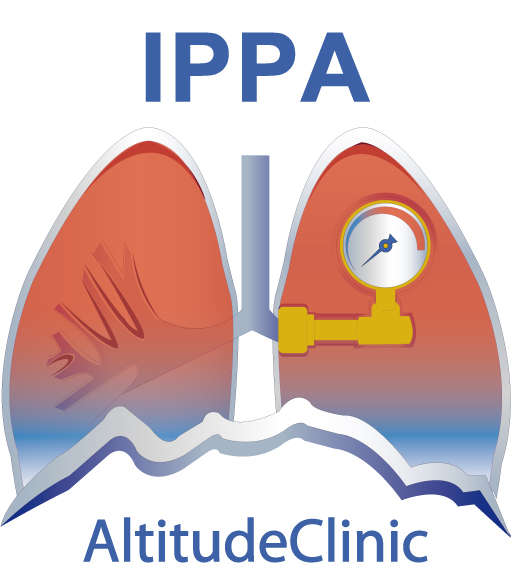
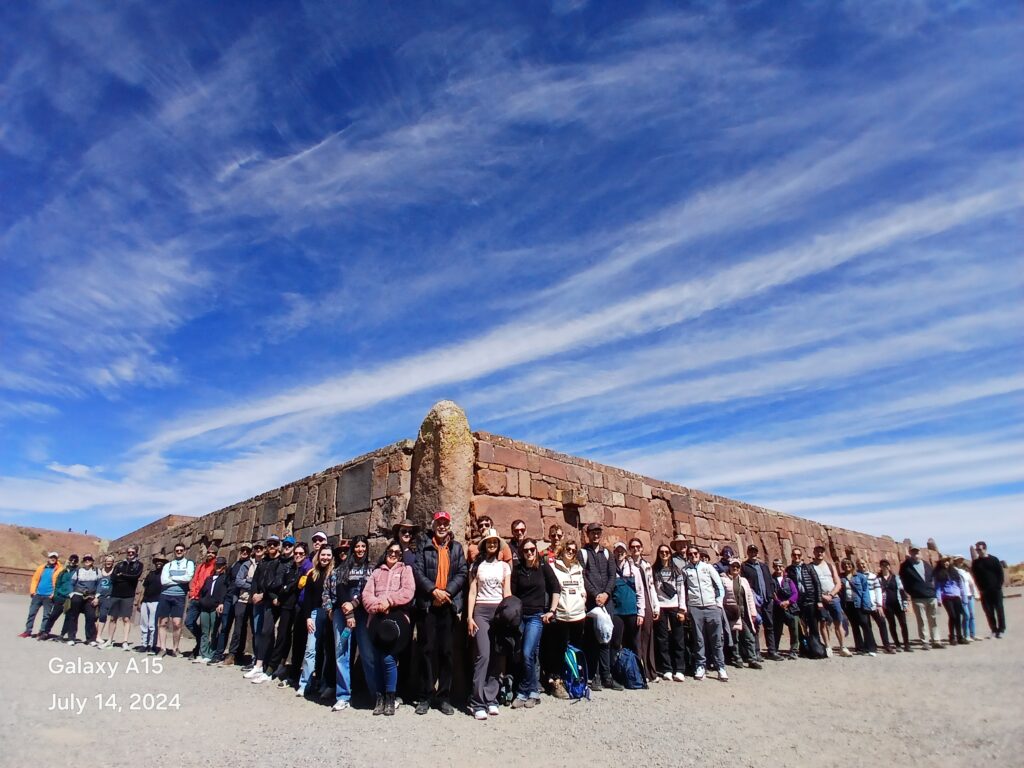
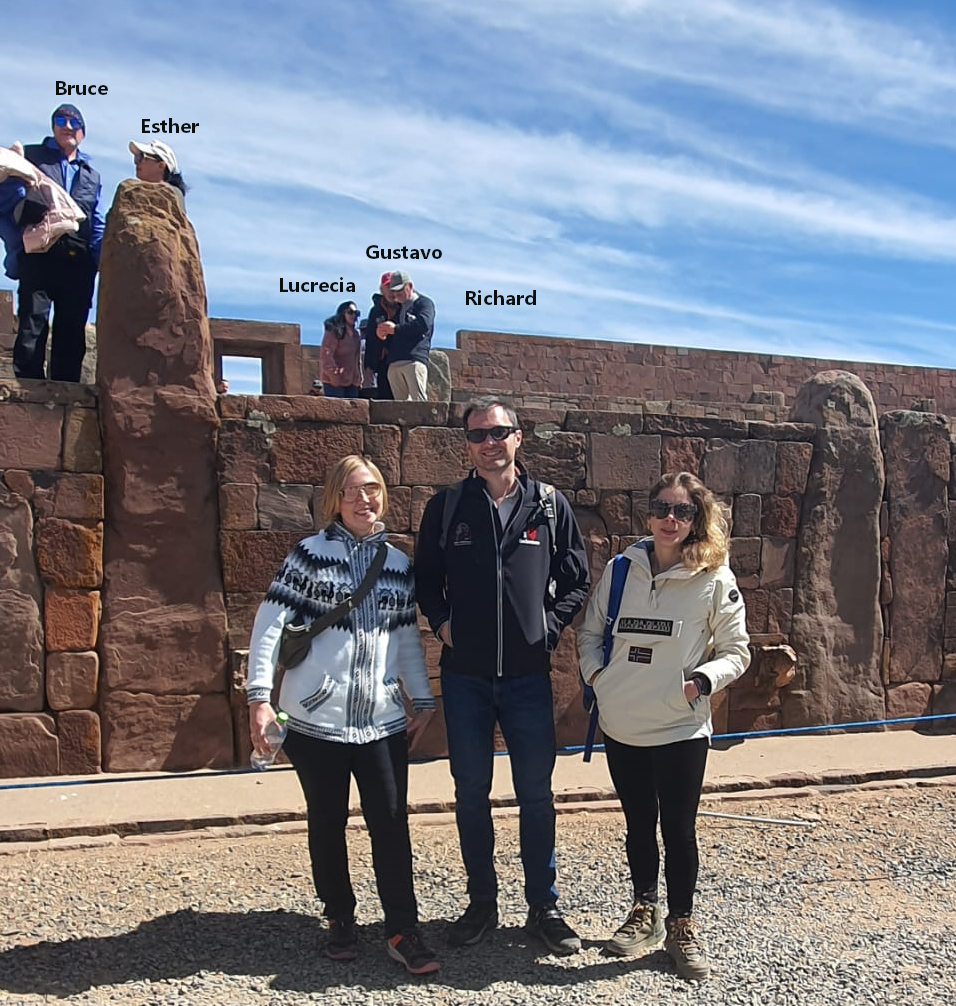 The French team Marie-Noelle Fiamma, Maxime Patout, Clara Bianchi in Tiawanaku. Foto courtesy of Marie-Noelle.
The French team Marie-Noelle Fiamma, Maxime Patout, Clara Bianchi in Tiawanaku. Foto courtesy of Marie-Noelle.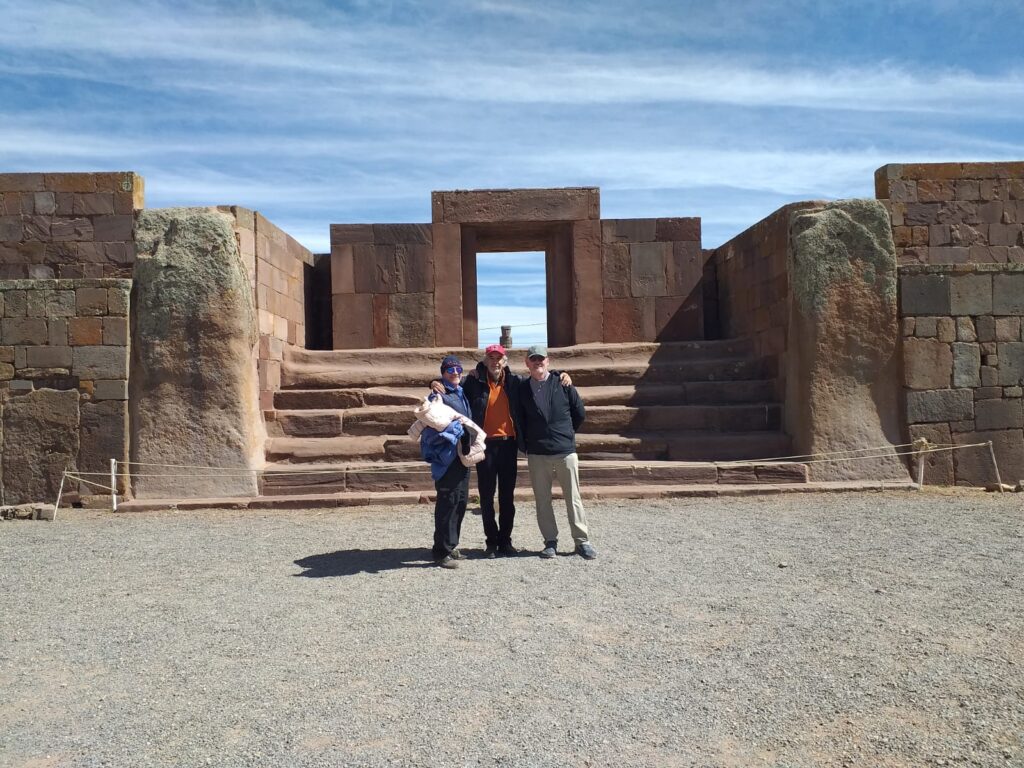
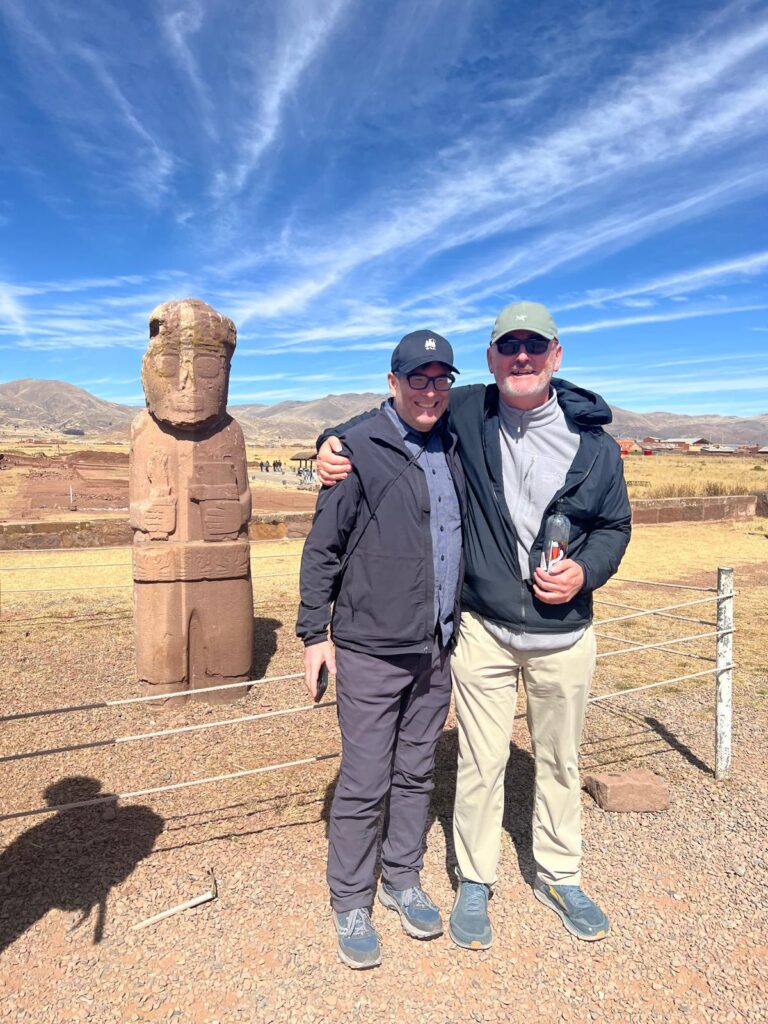
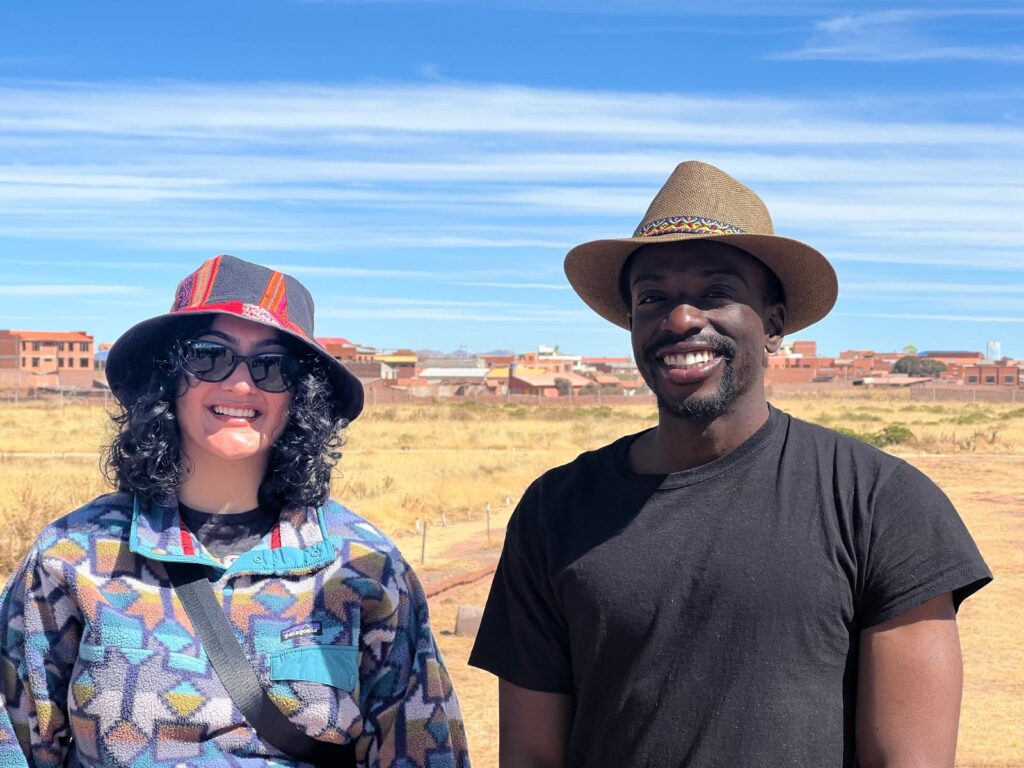
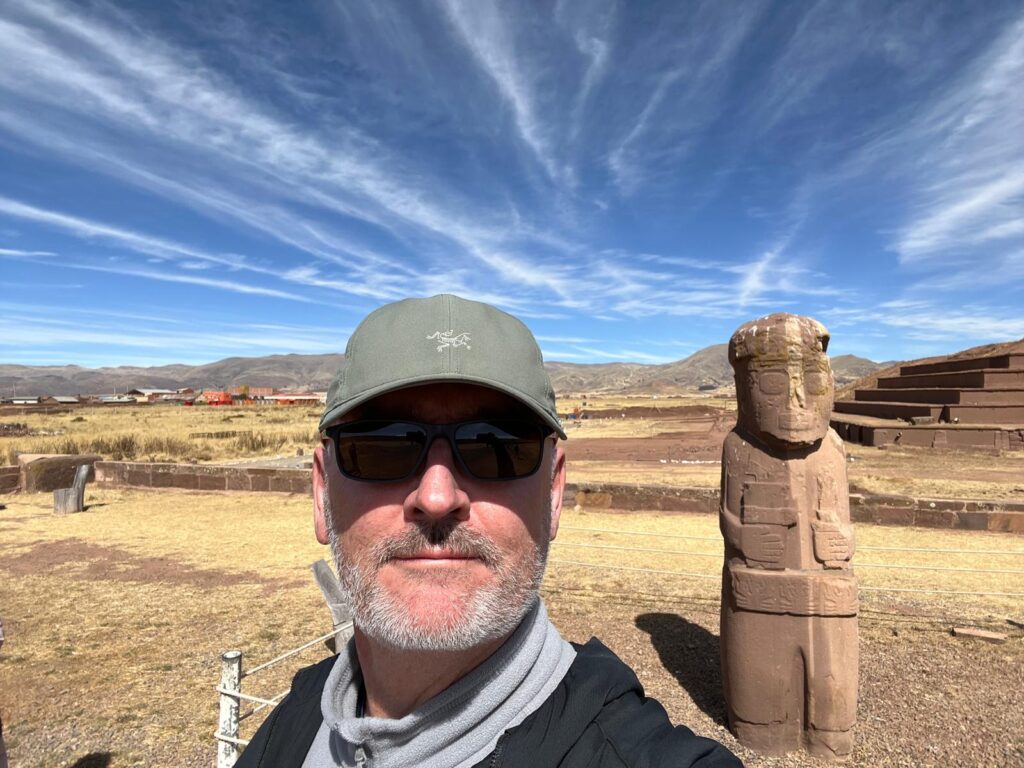
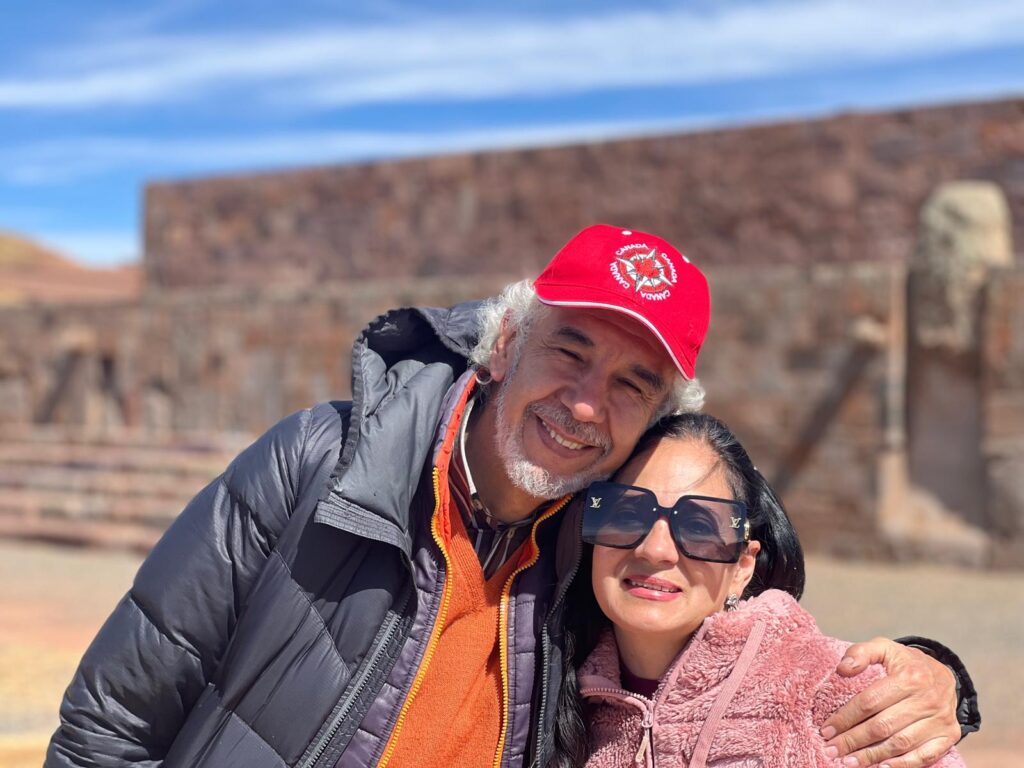
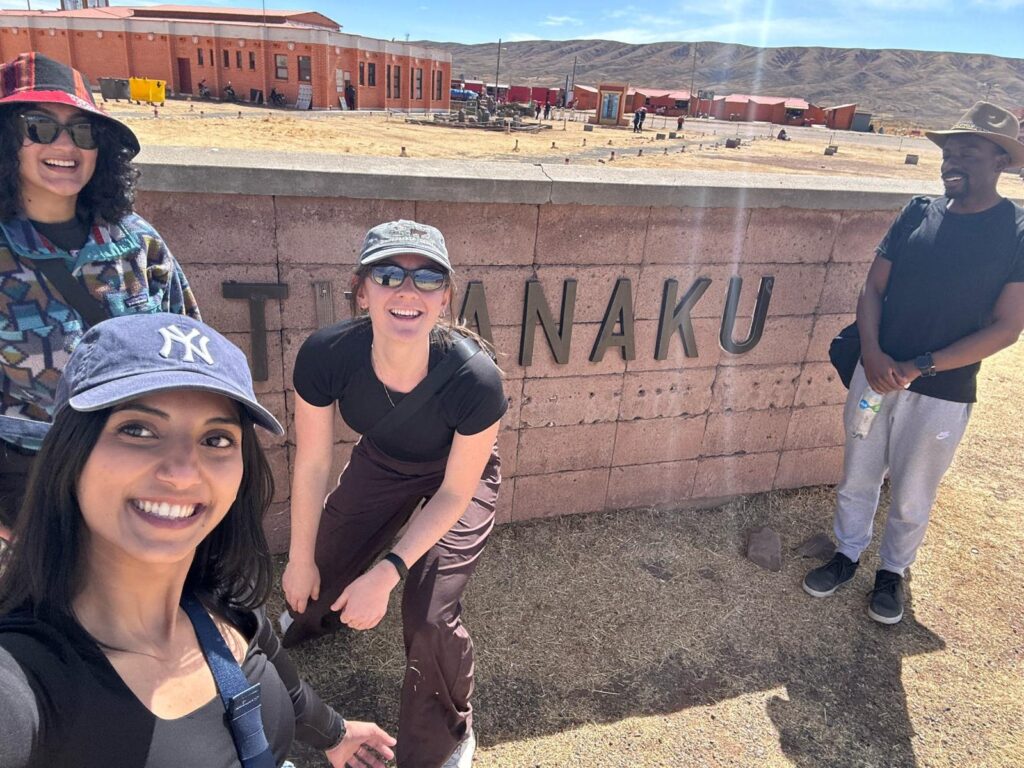
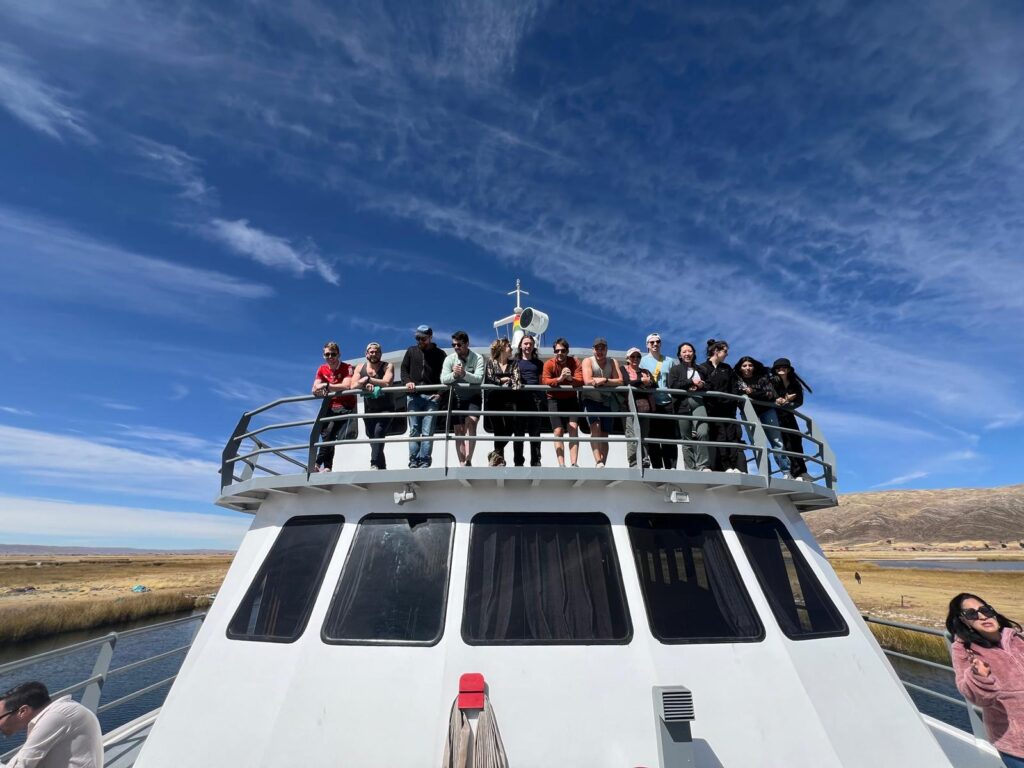
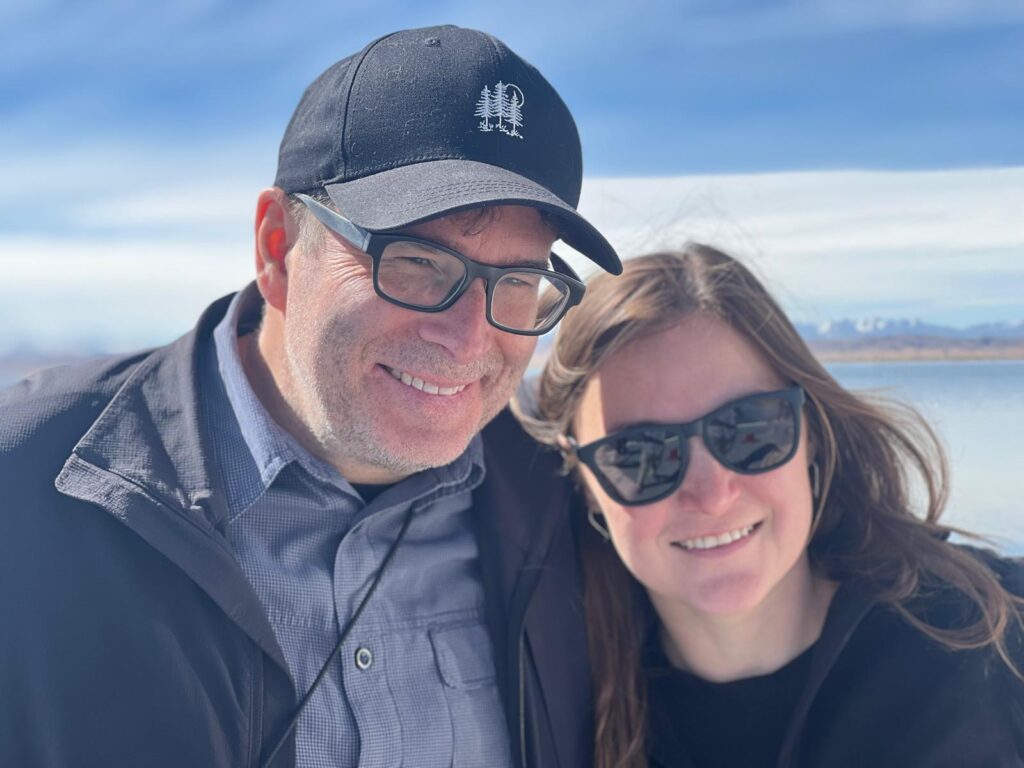
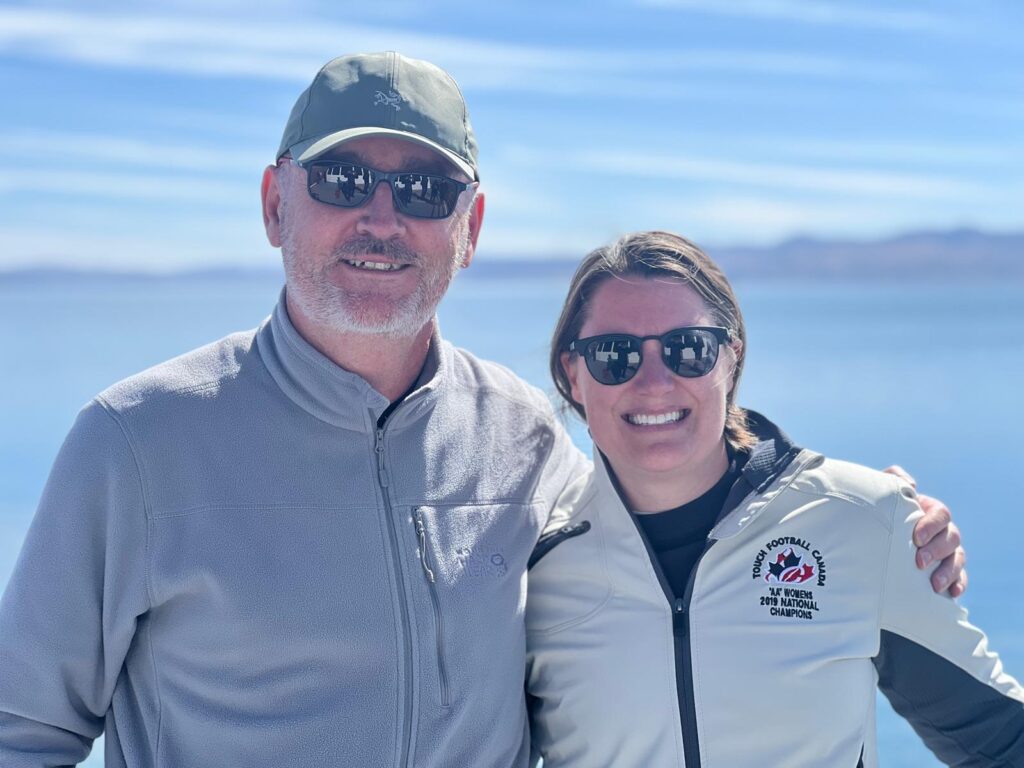
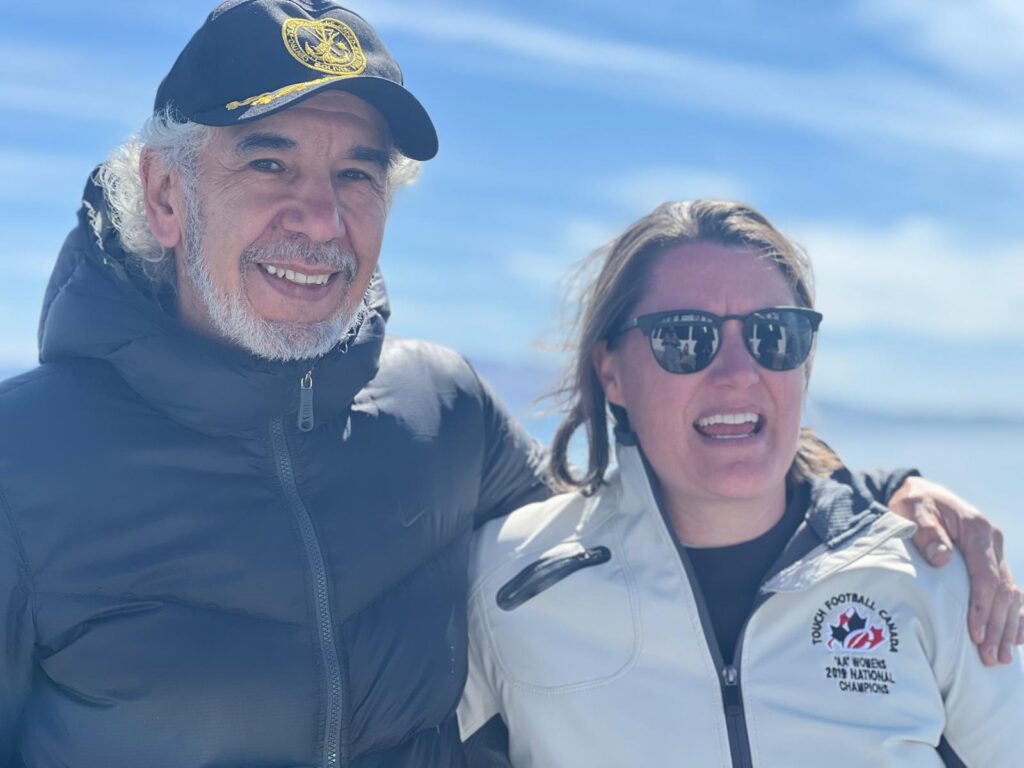
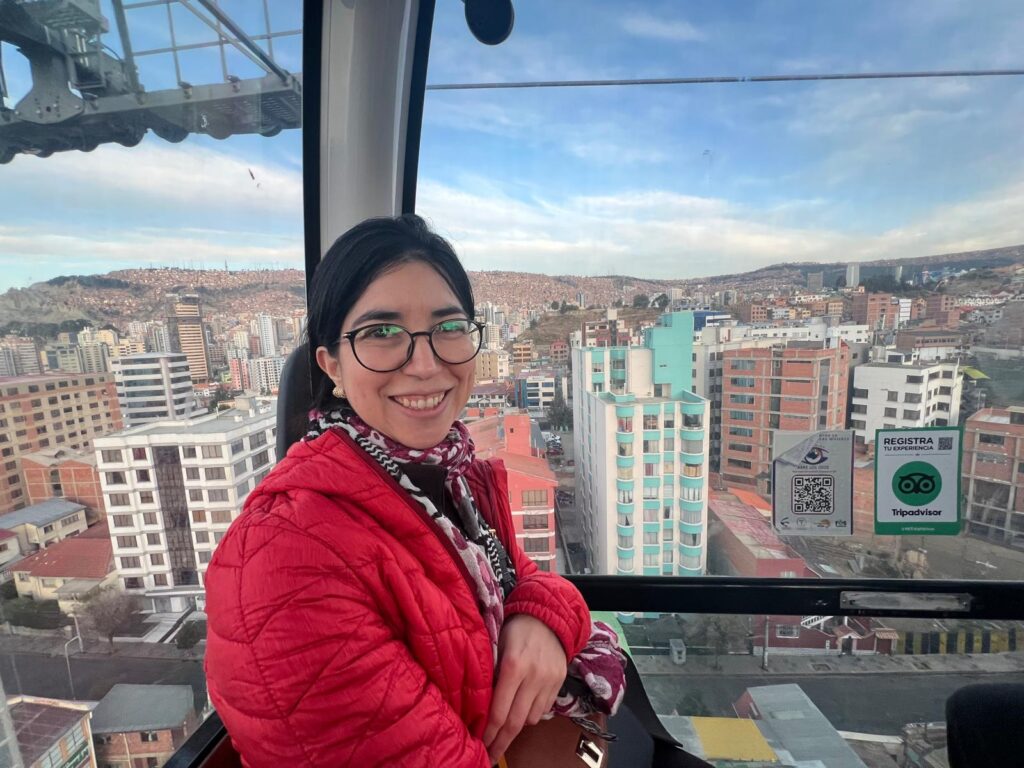
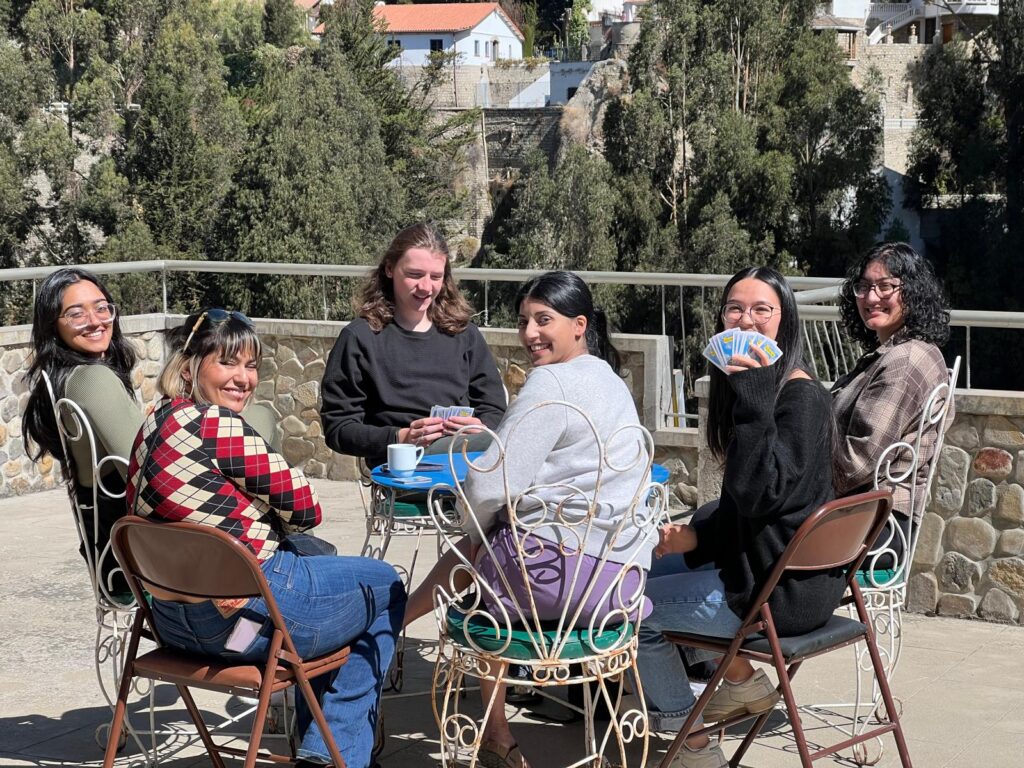
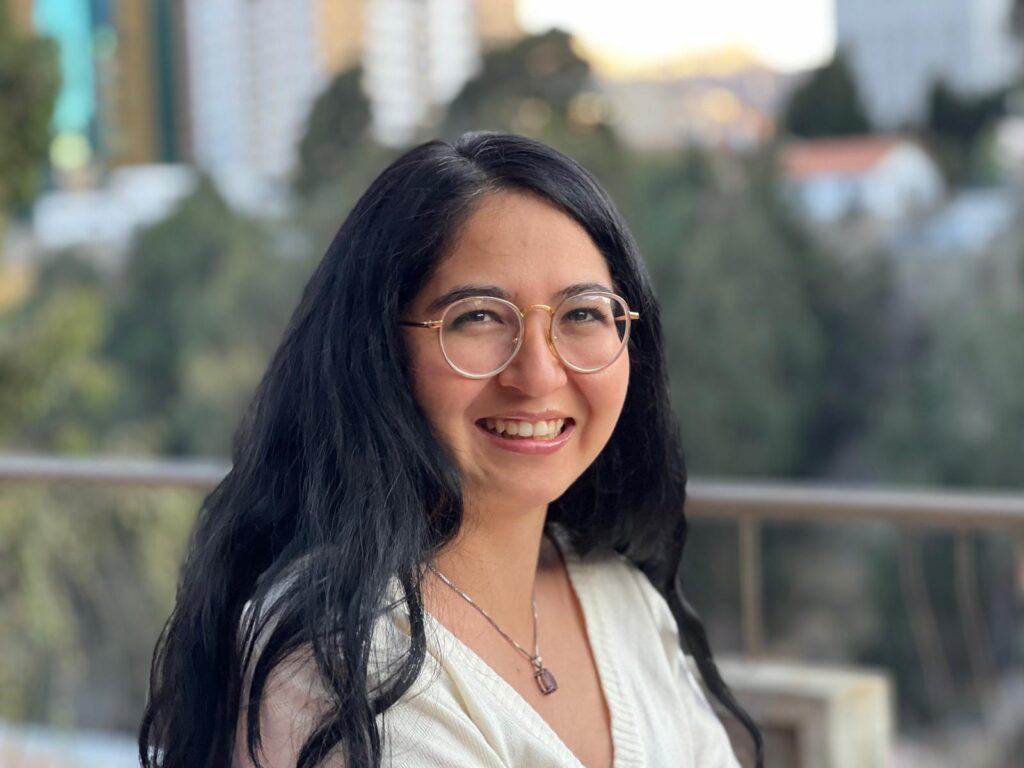
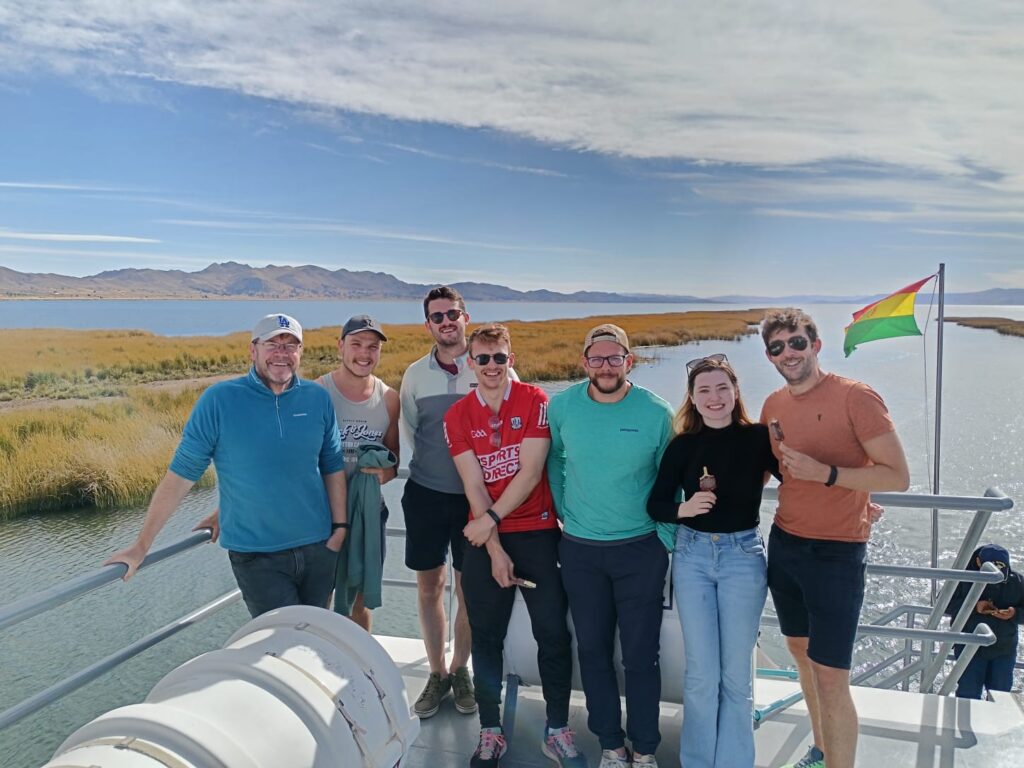
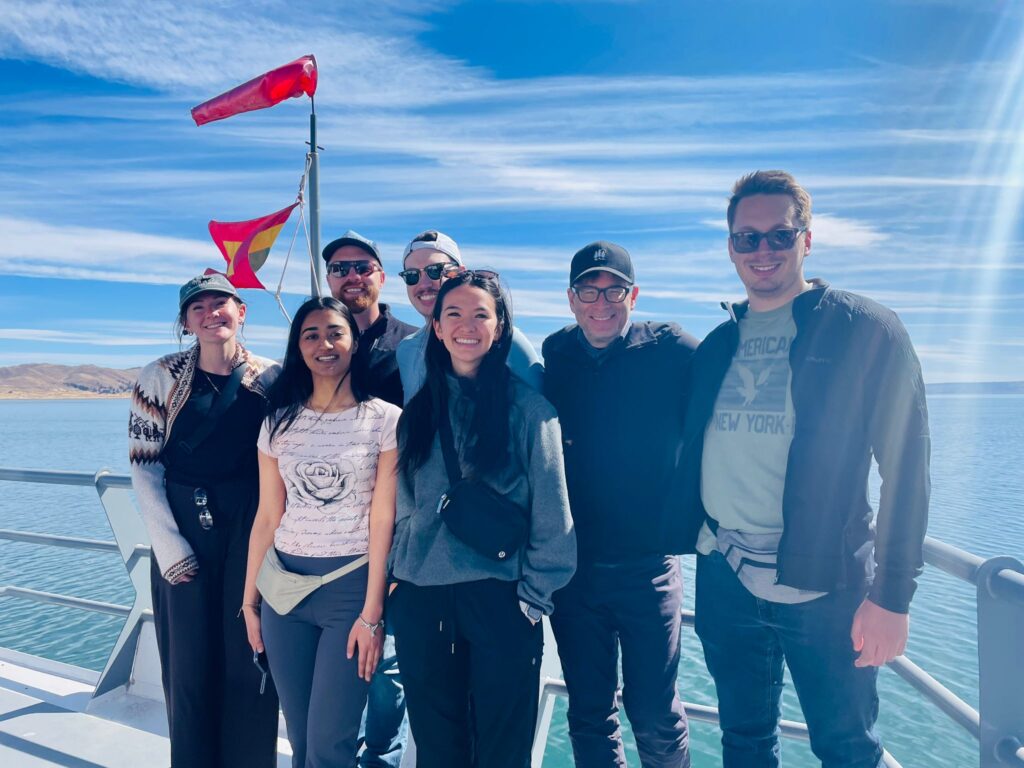
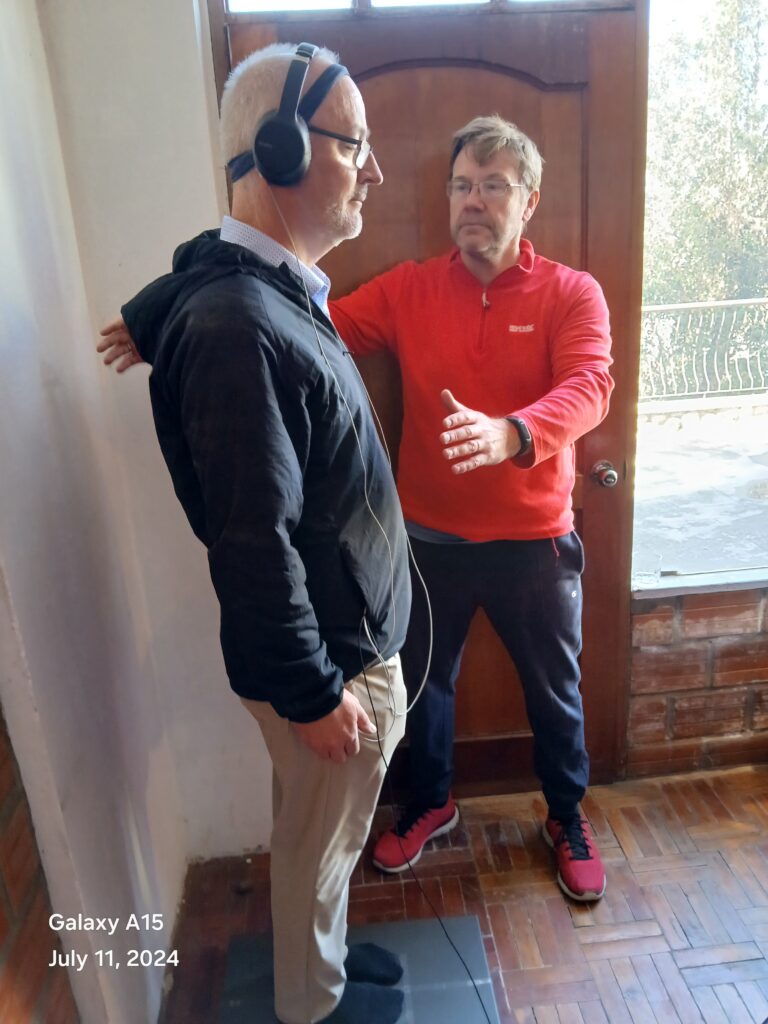
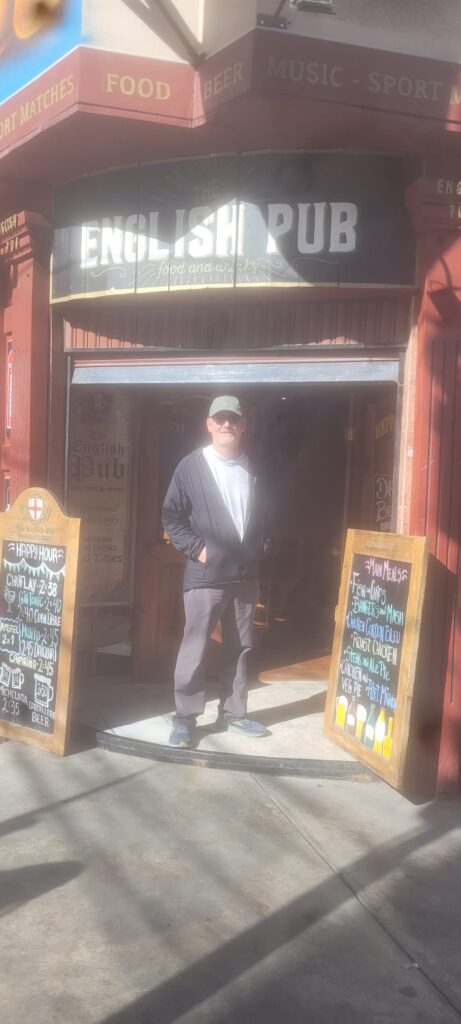
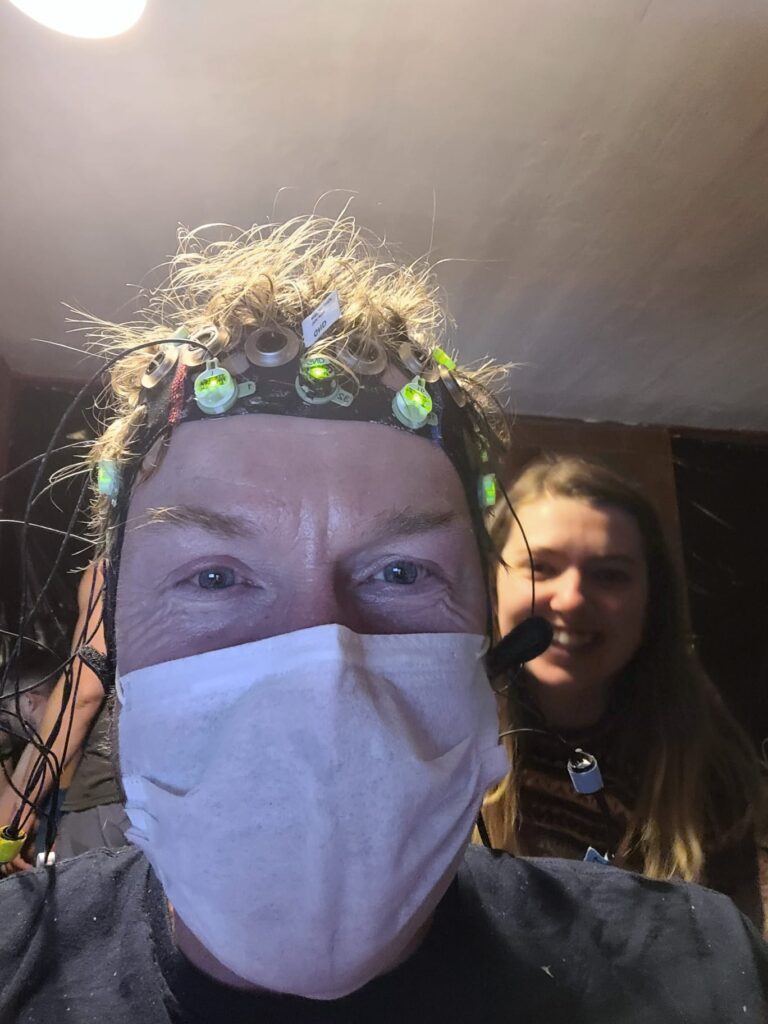
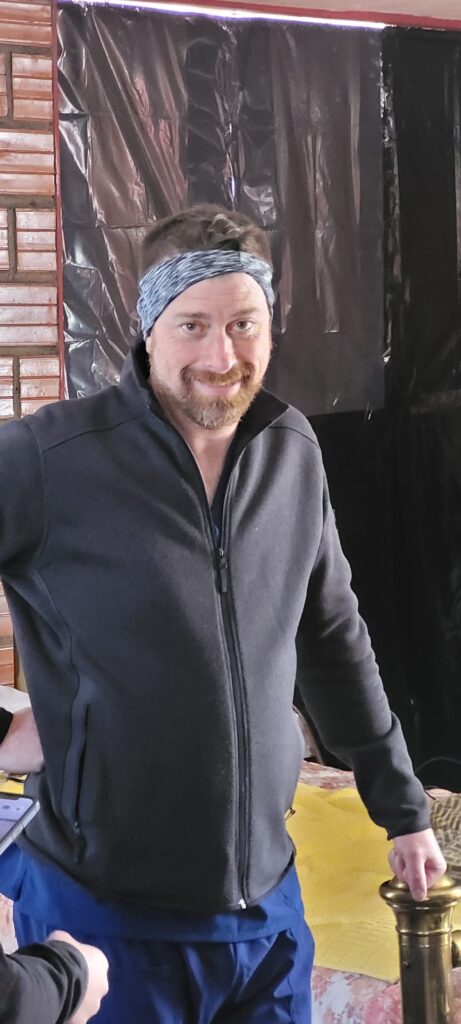
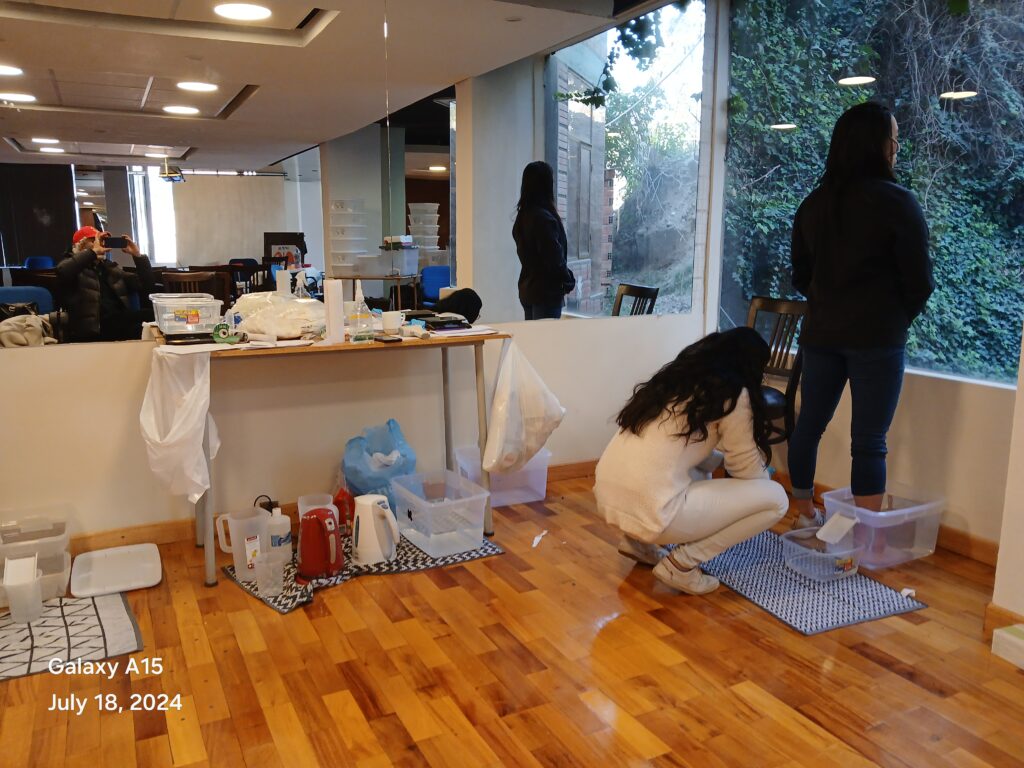
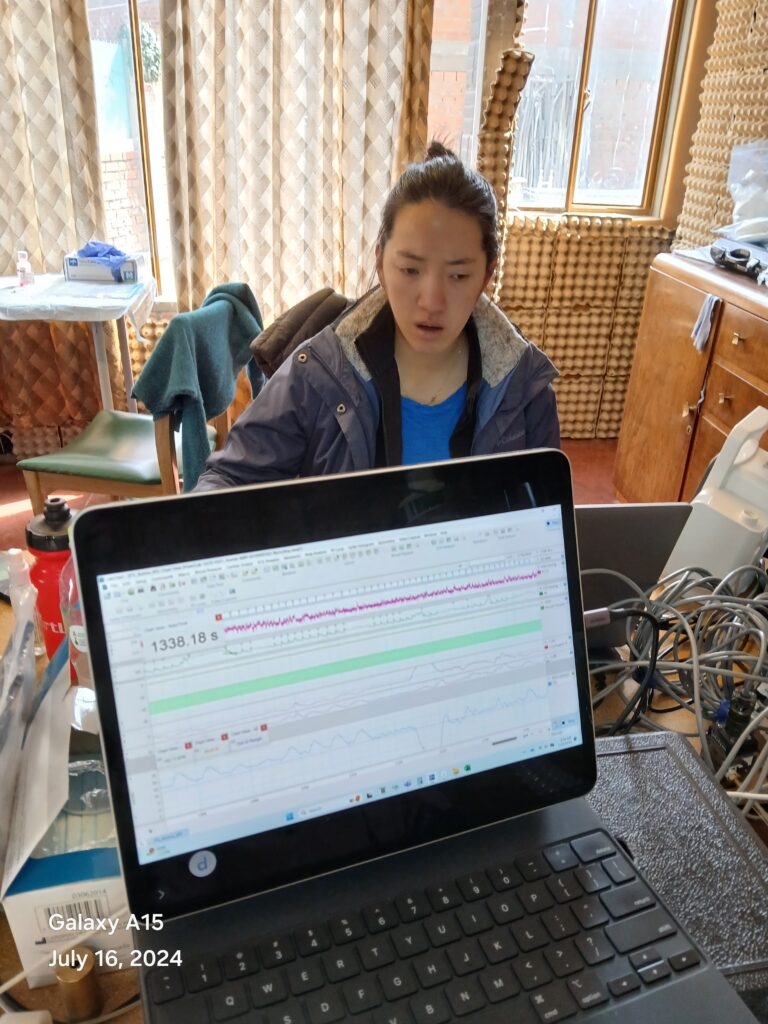
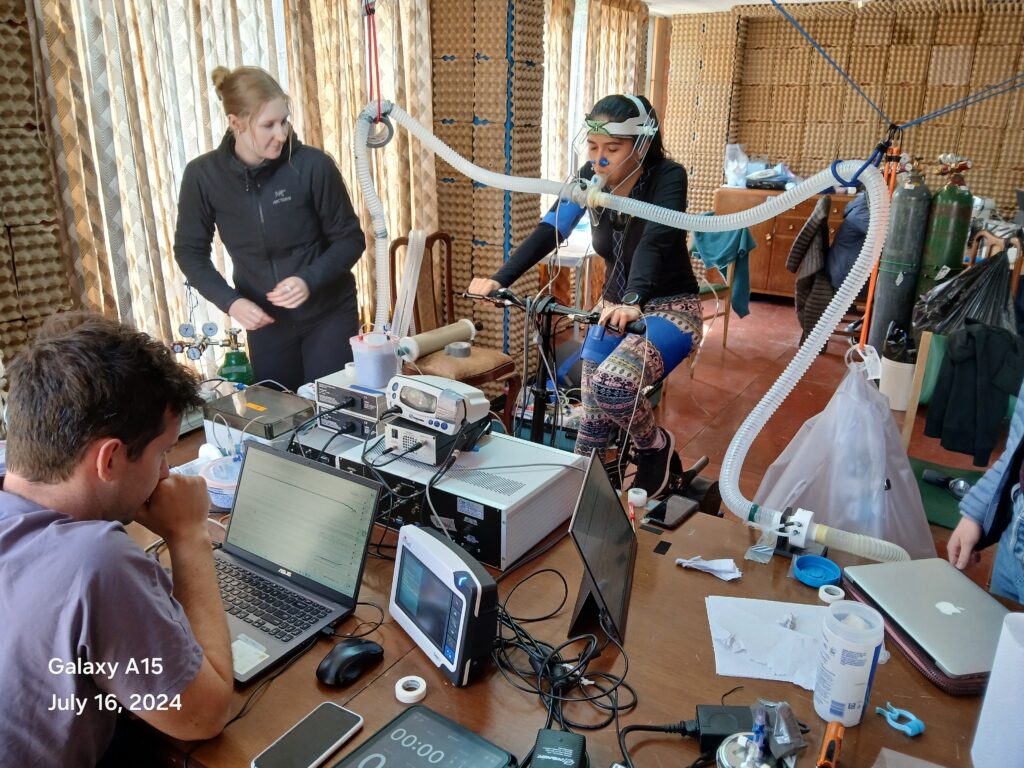
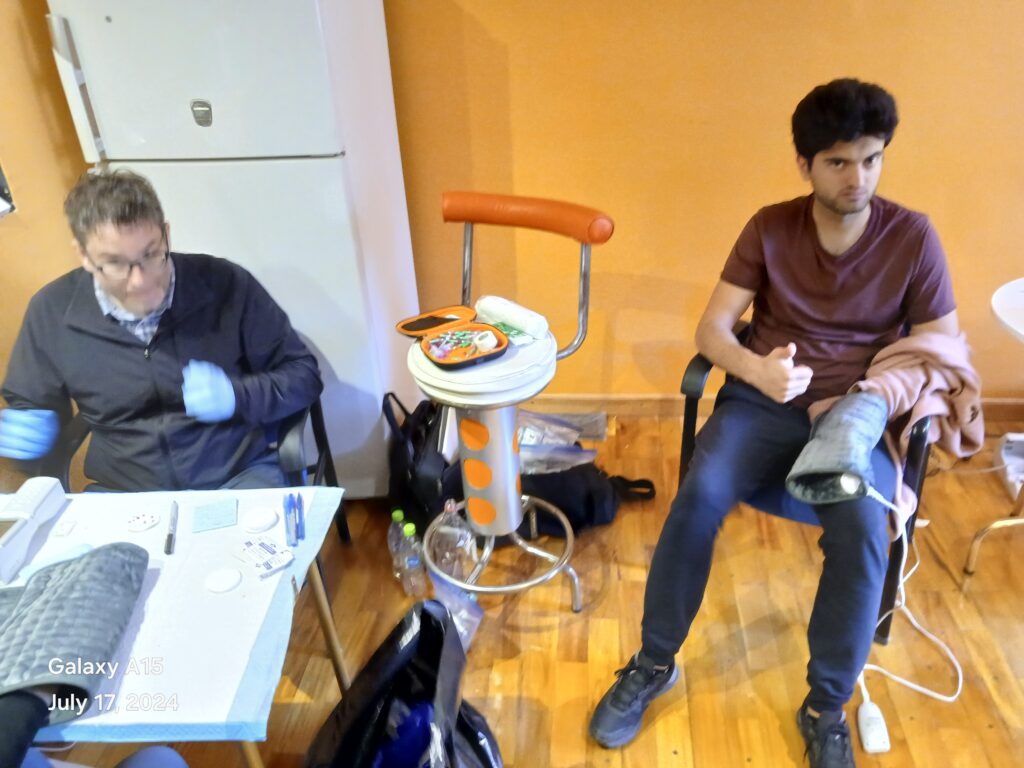
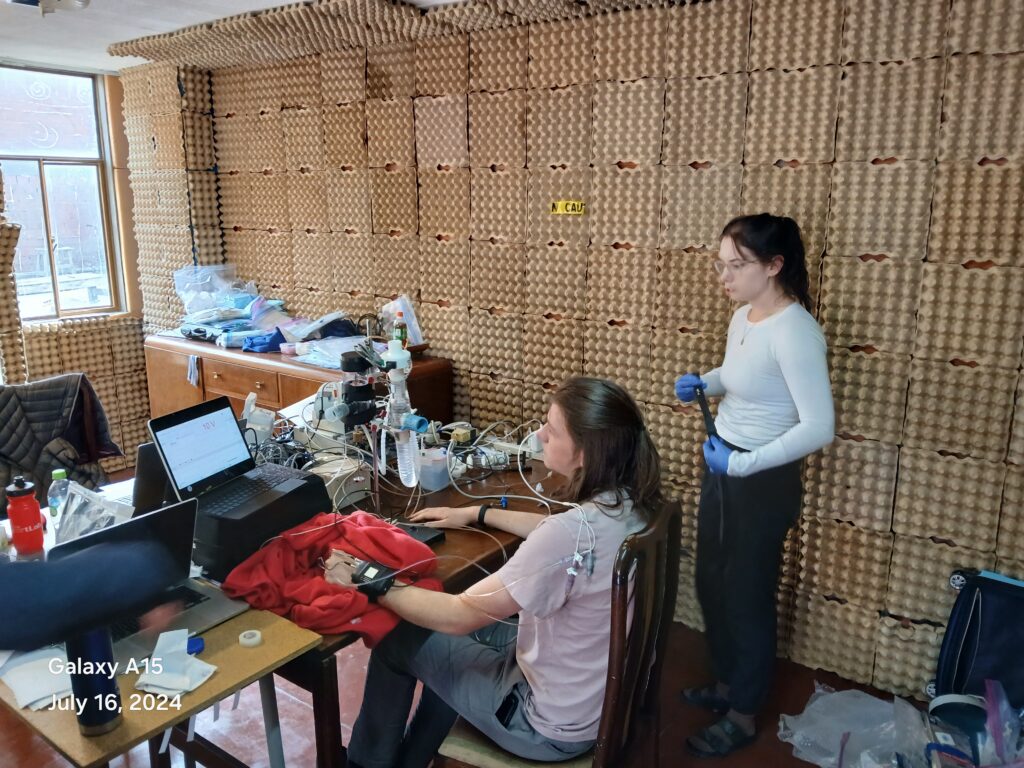
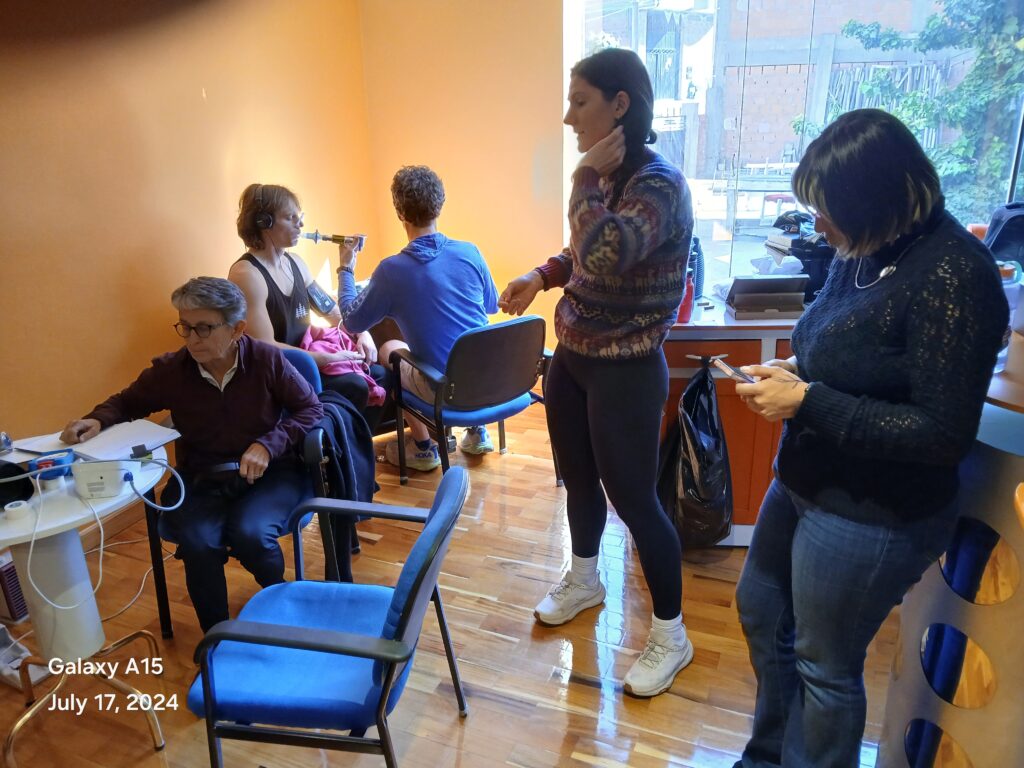
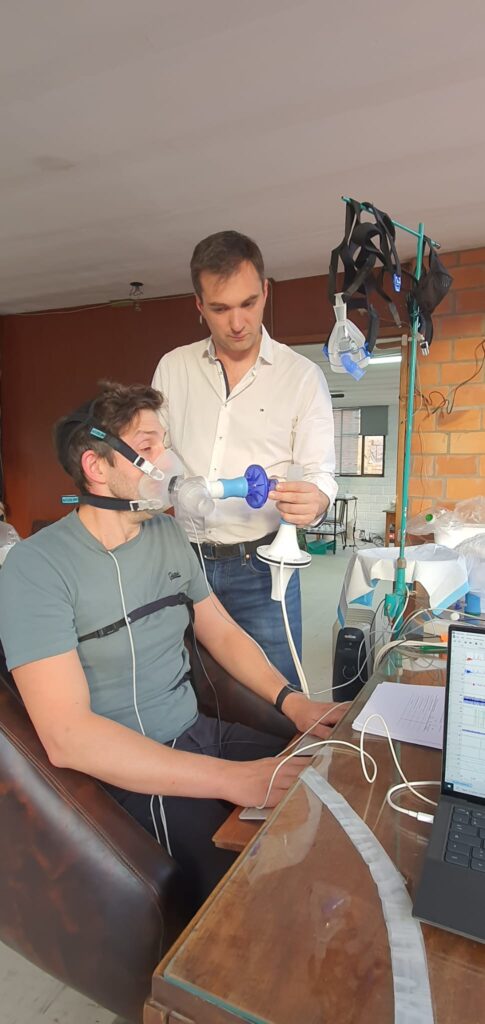 Maxime pulmonary function testing. Foto courtesy of Marie-Noelle.
Maxime pulmonary function testing. Foto courtesy of Marie-Noelle.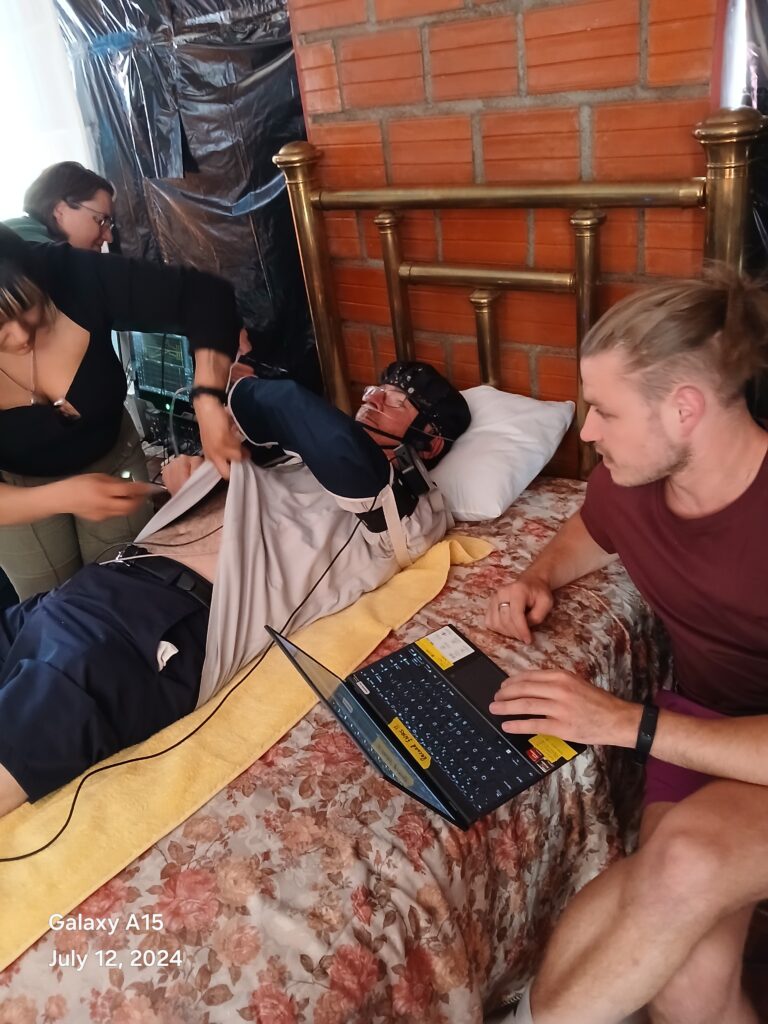
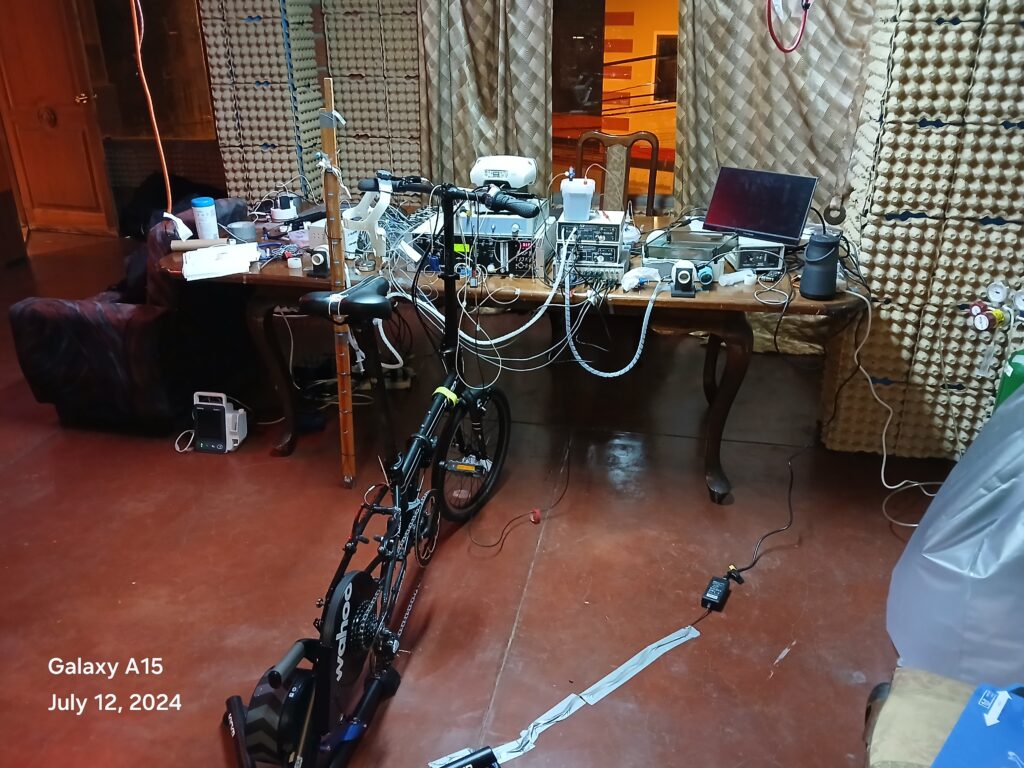
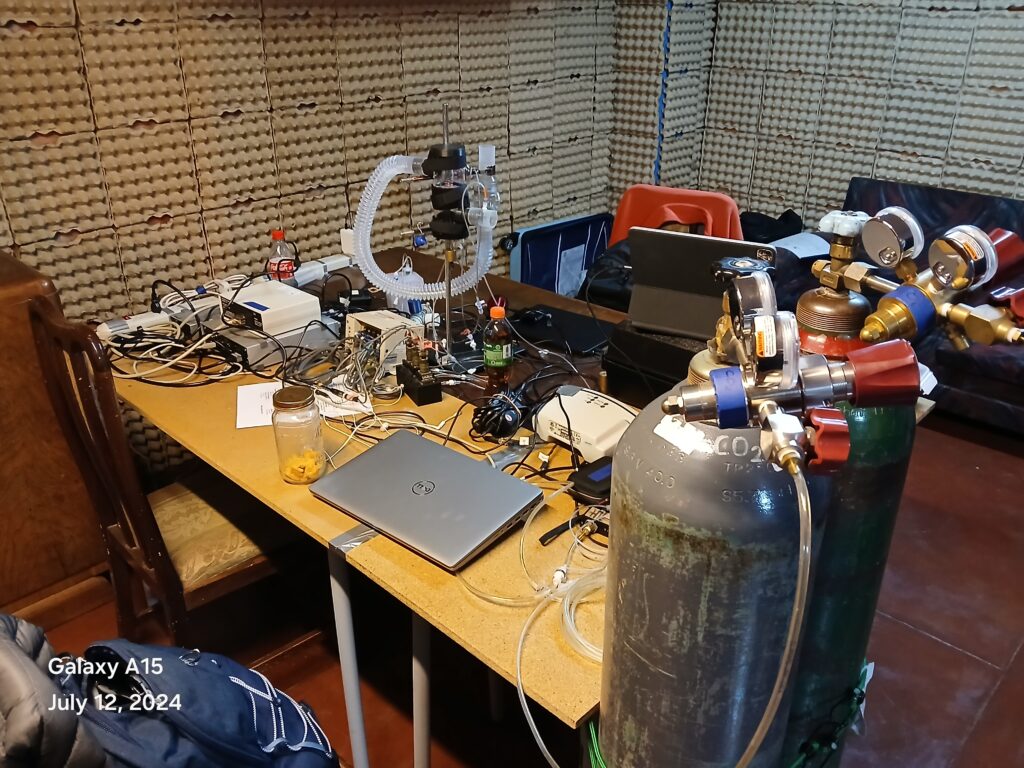
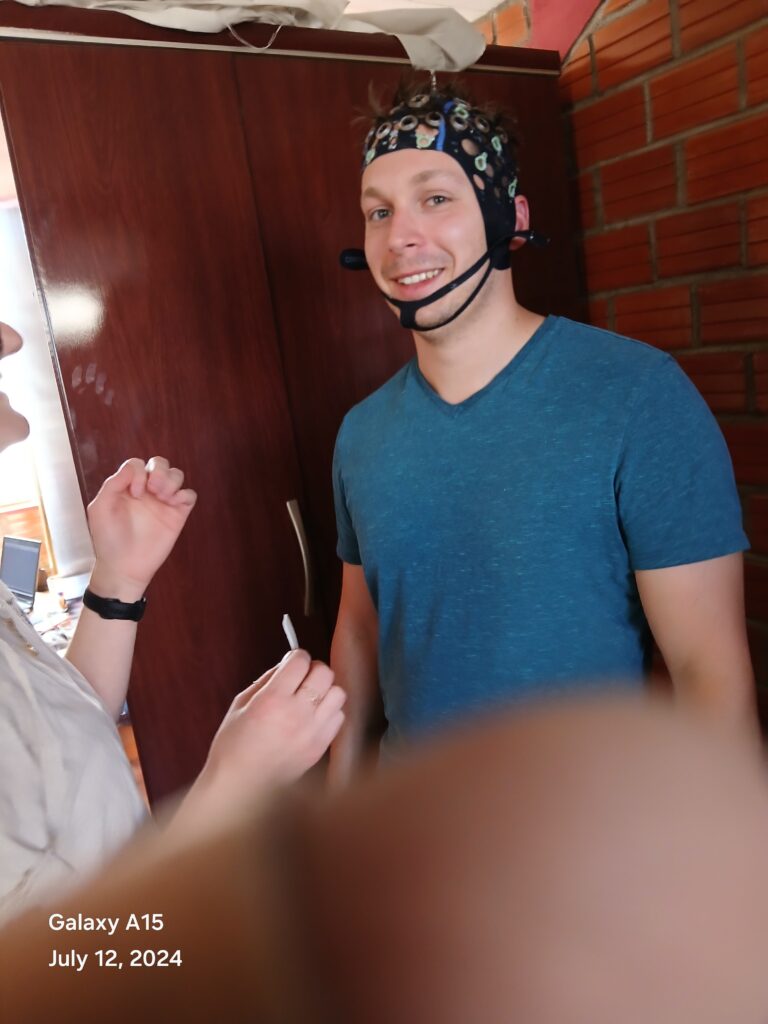
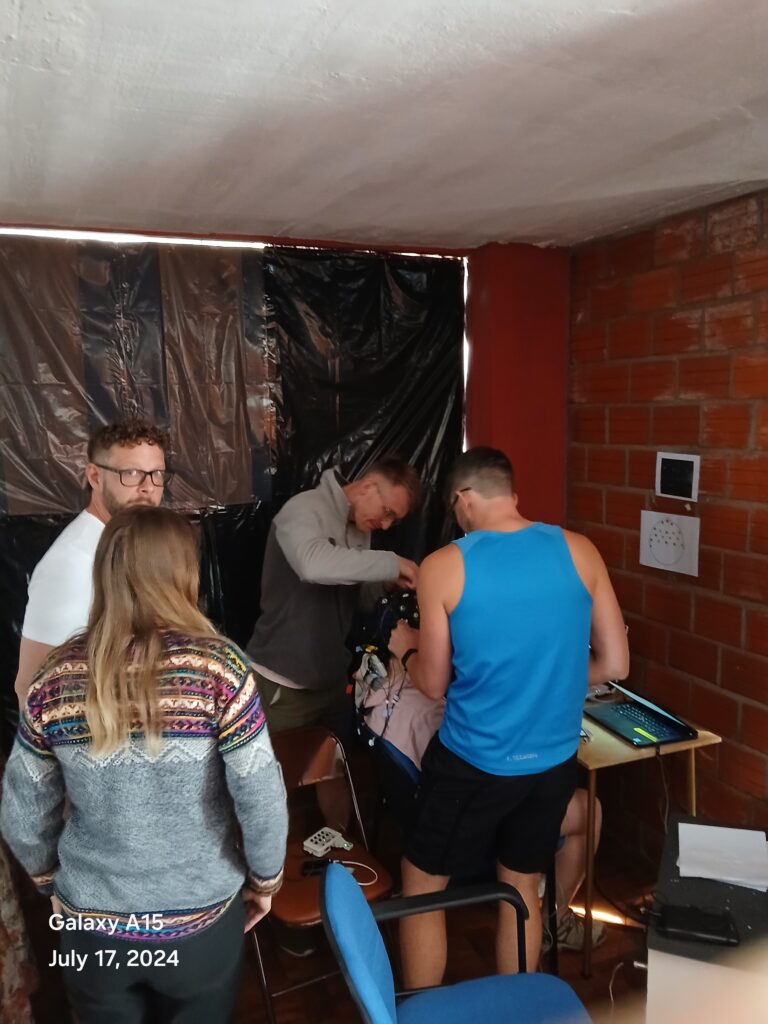
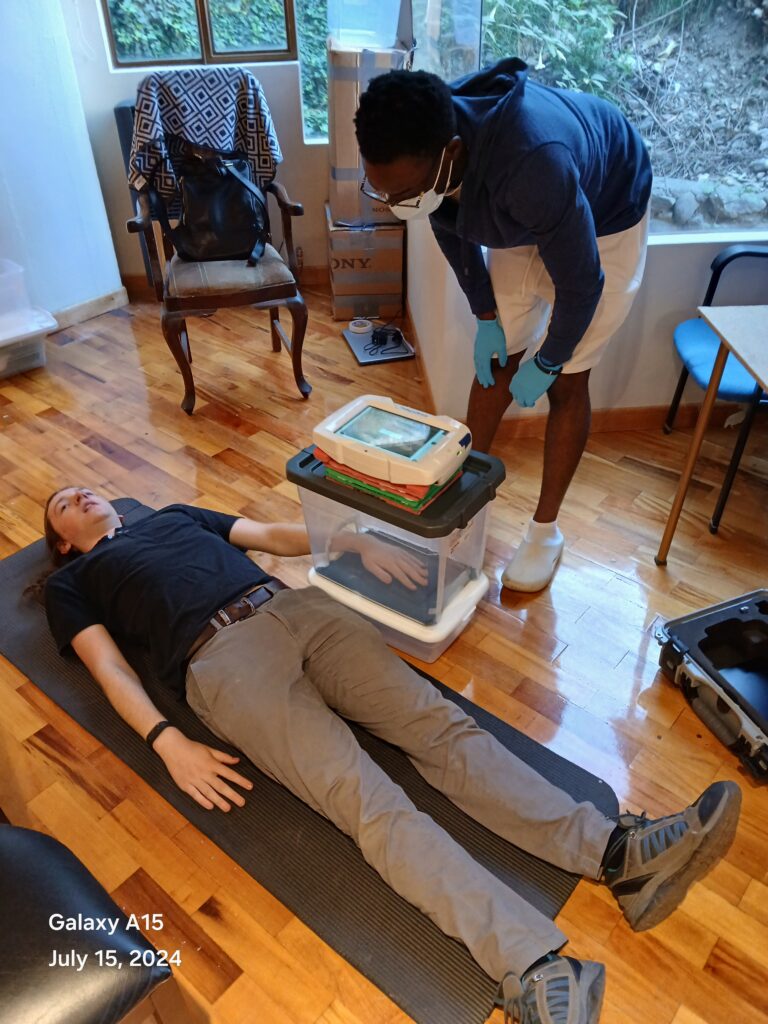
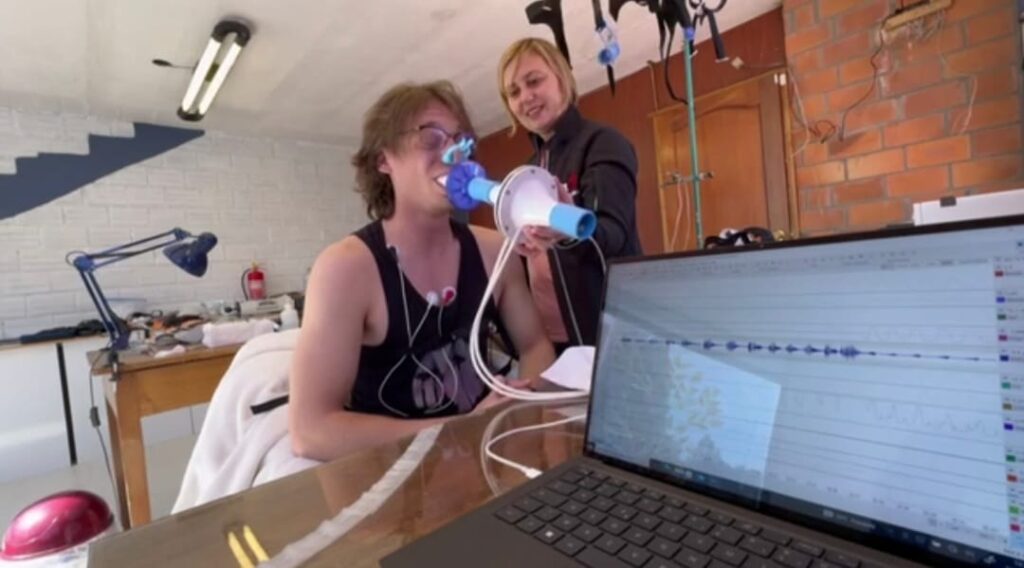
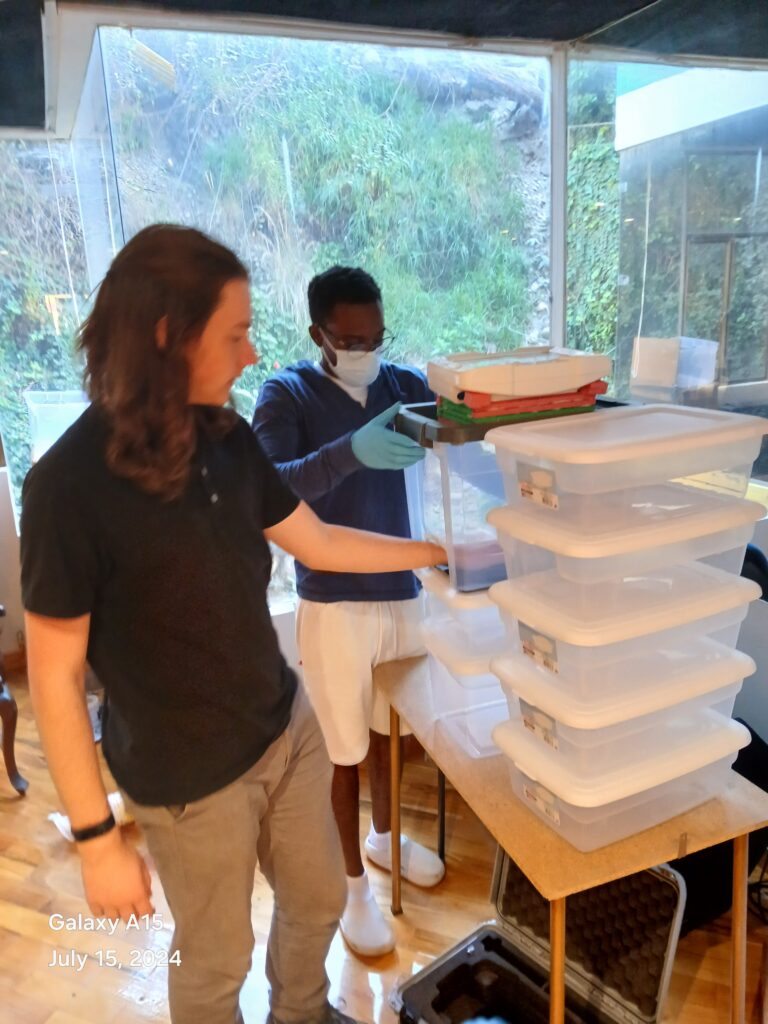
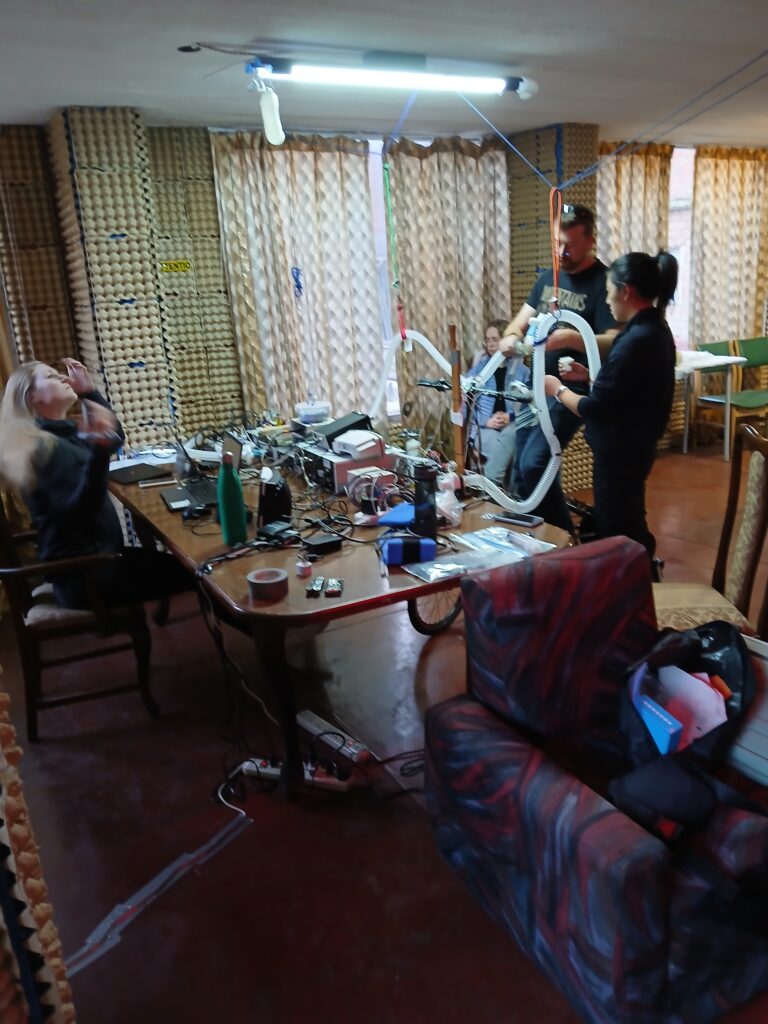
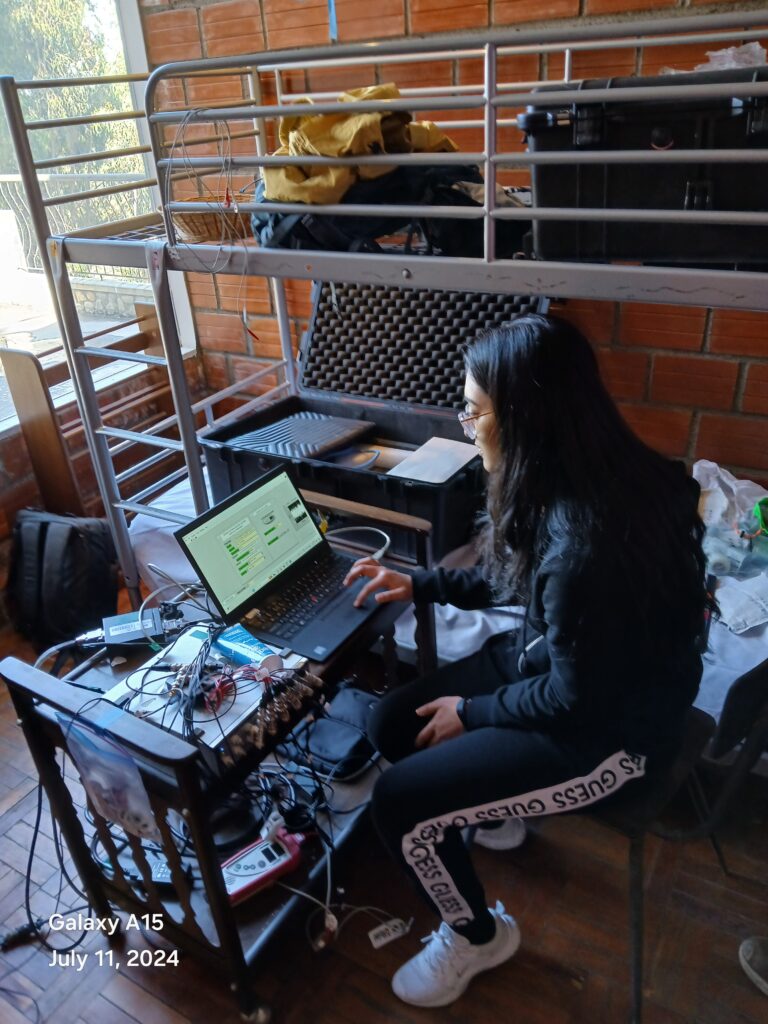
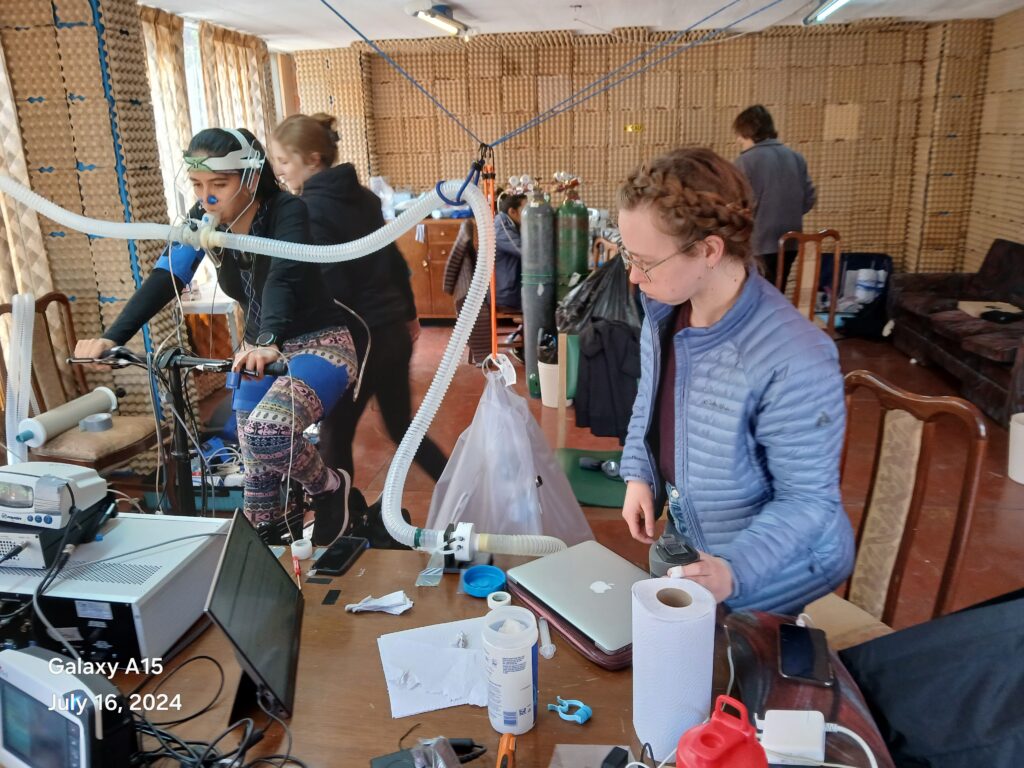
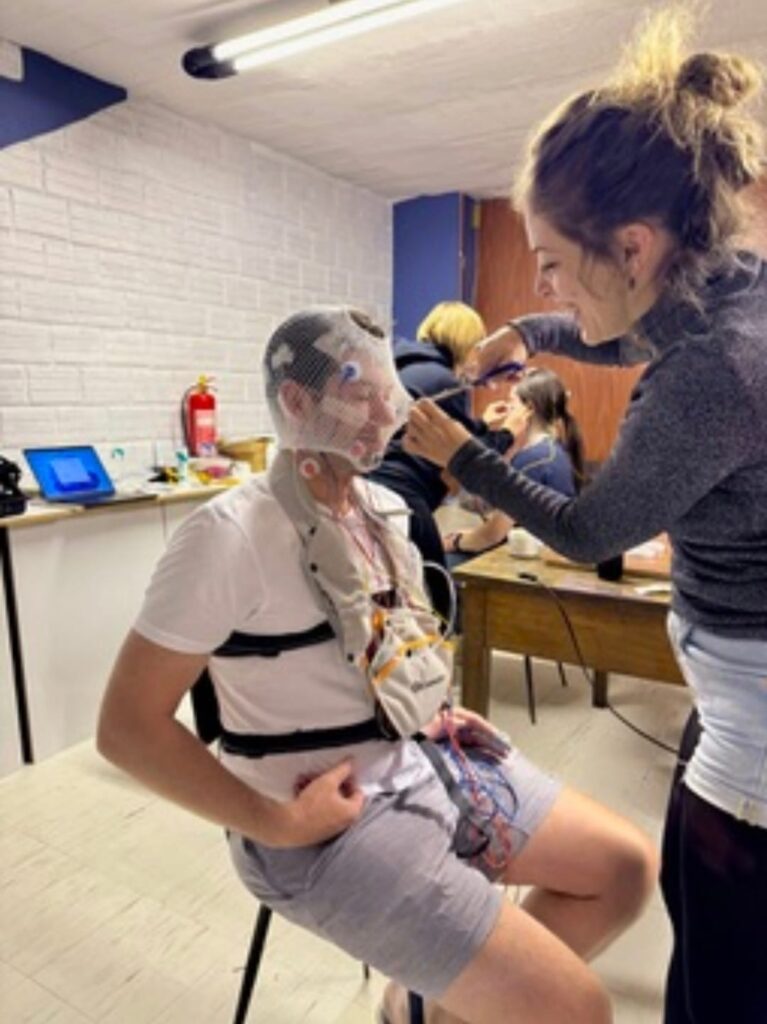
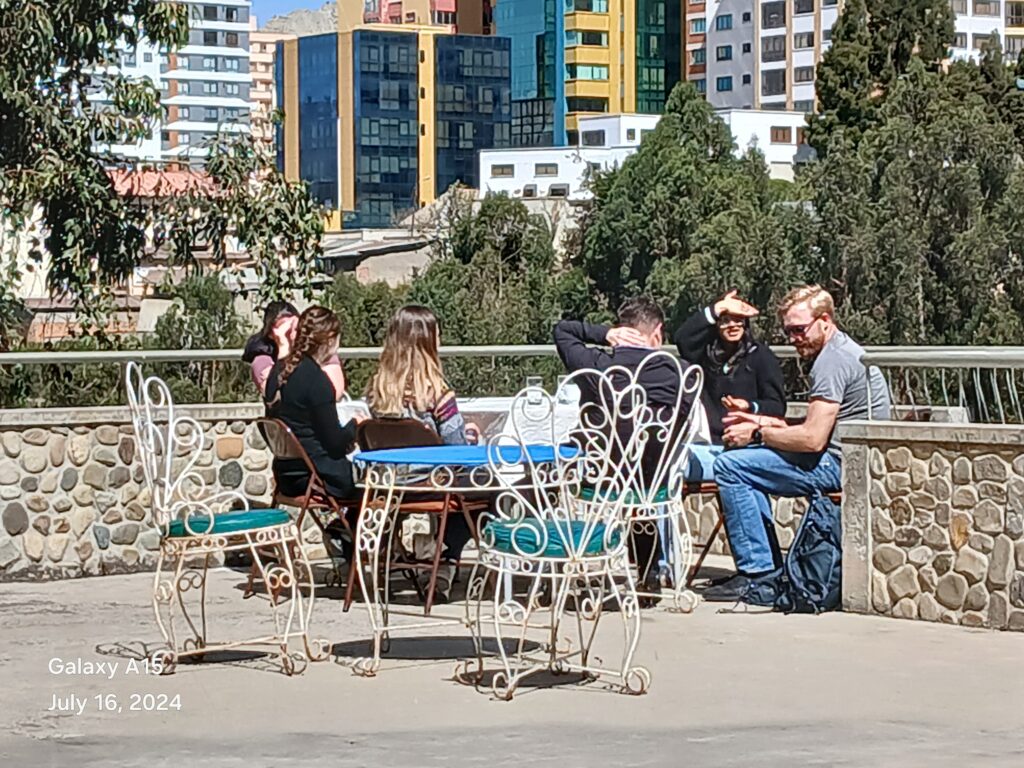
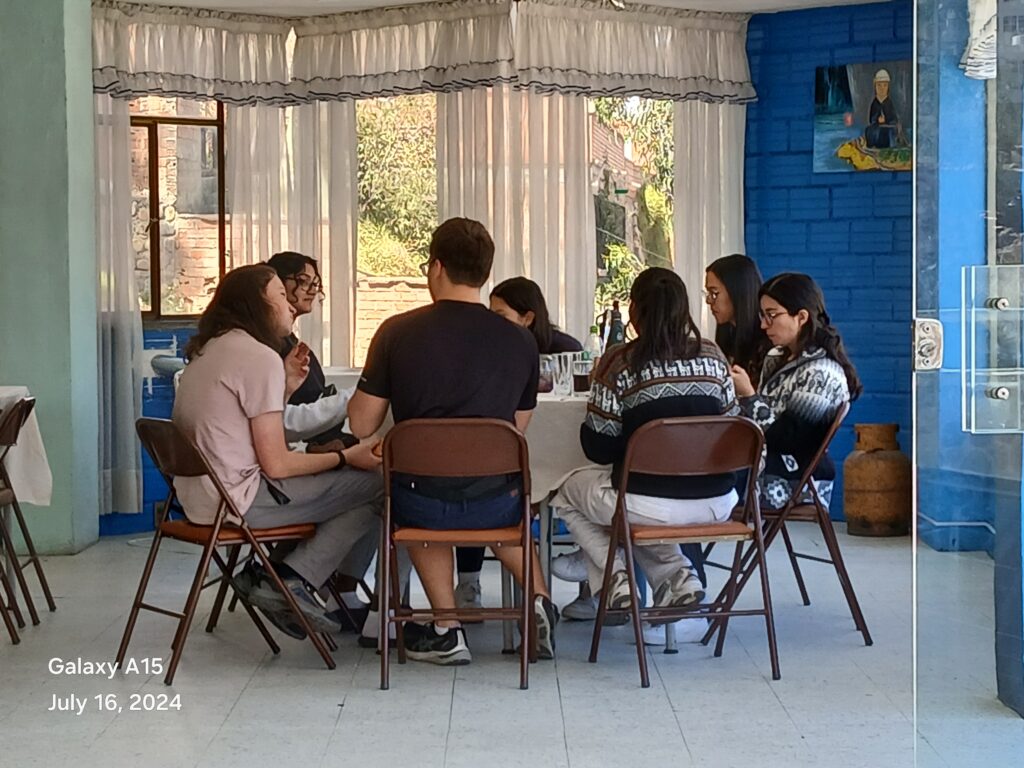
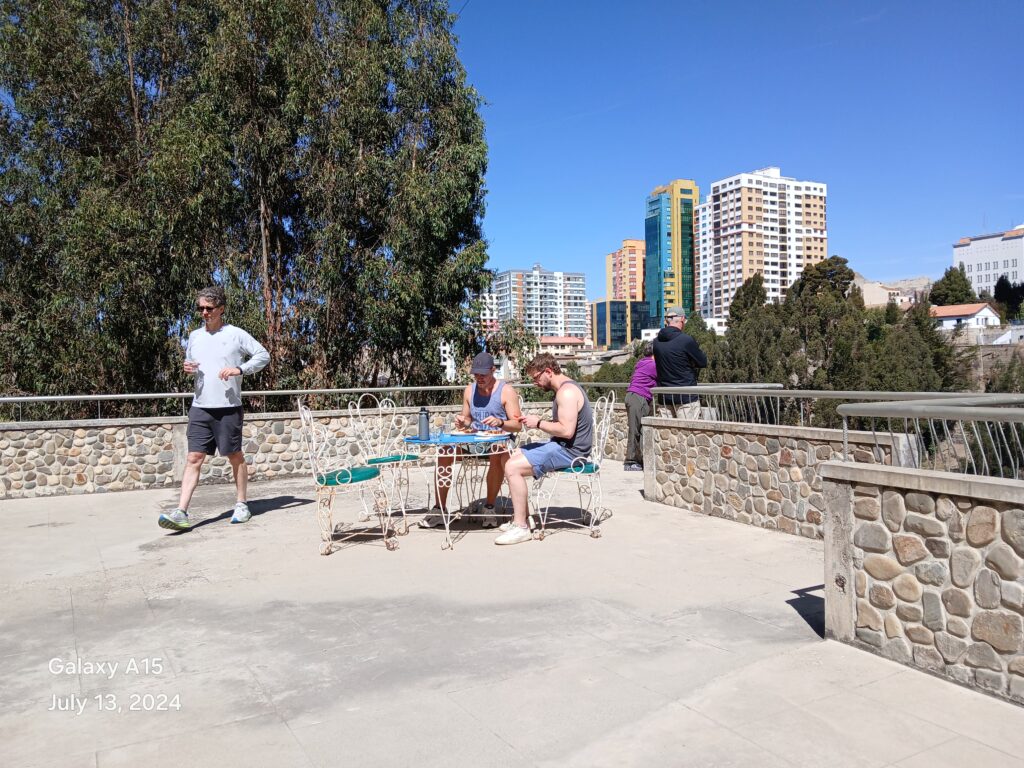
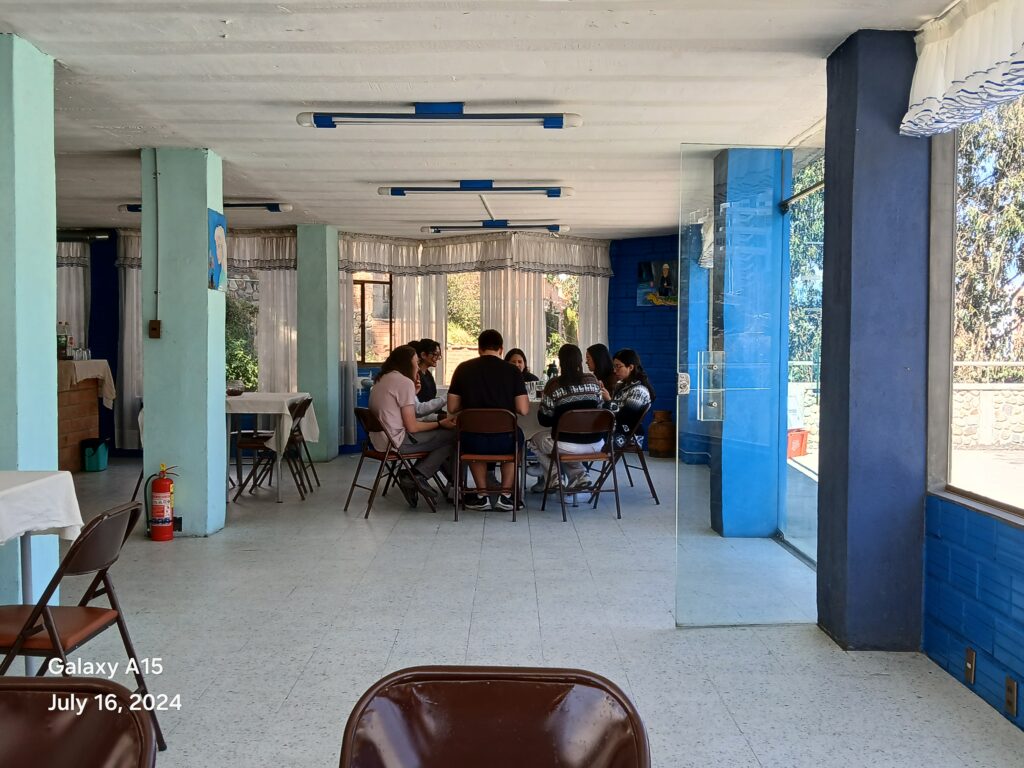
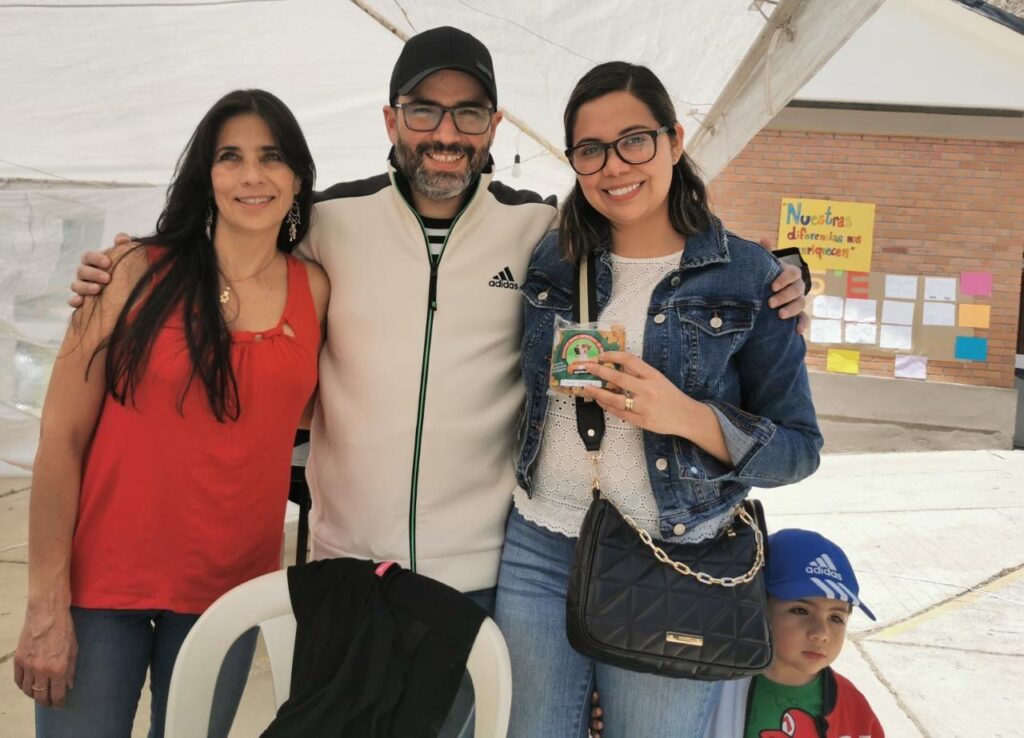
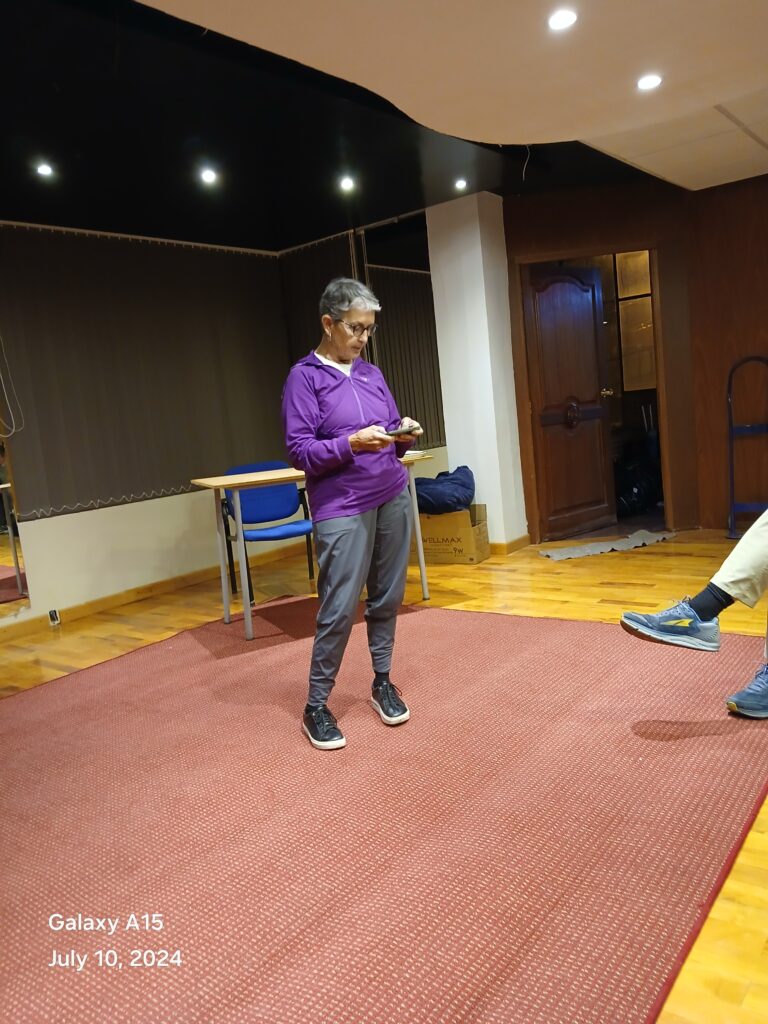 Dr. Eileen Hasser Chairing the Symposium
Dr. Eileen Hasser Chairing the Symposium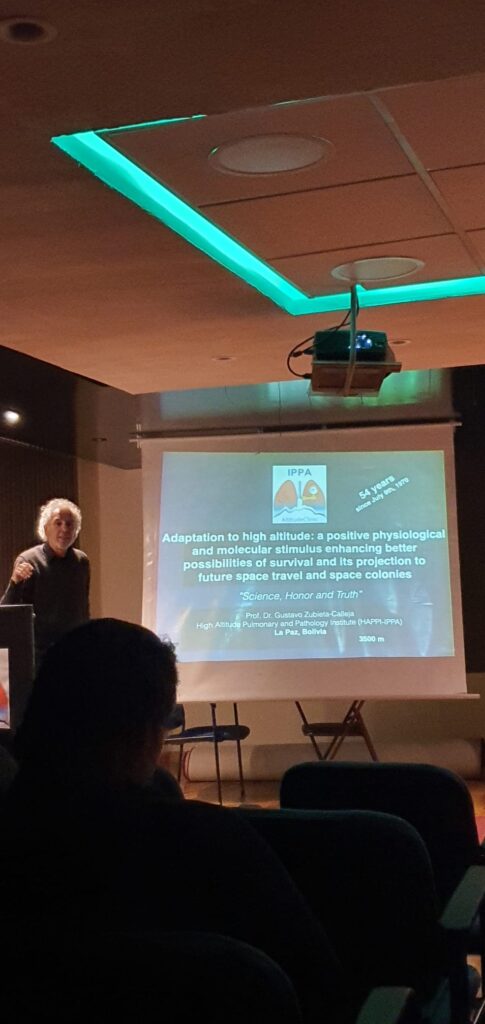
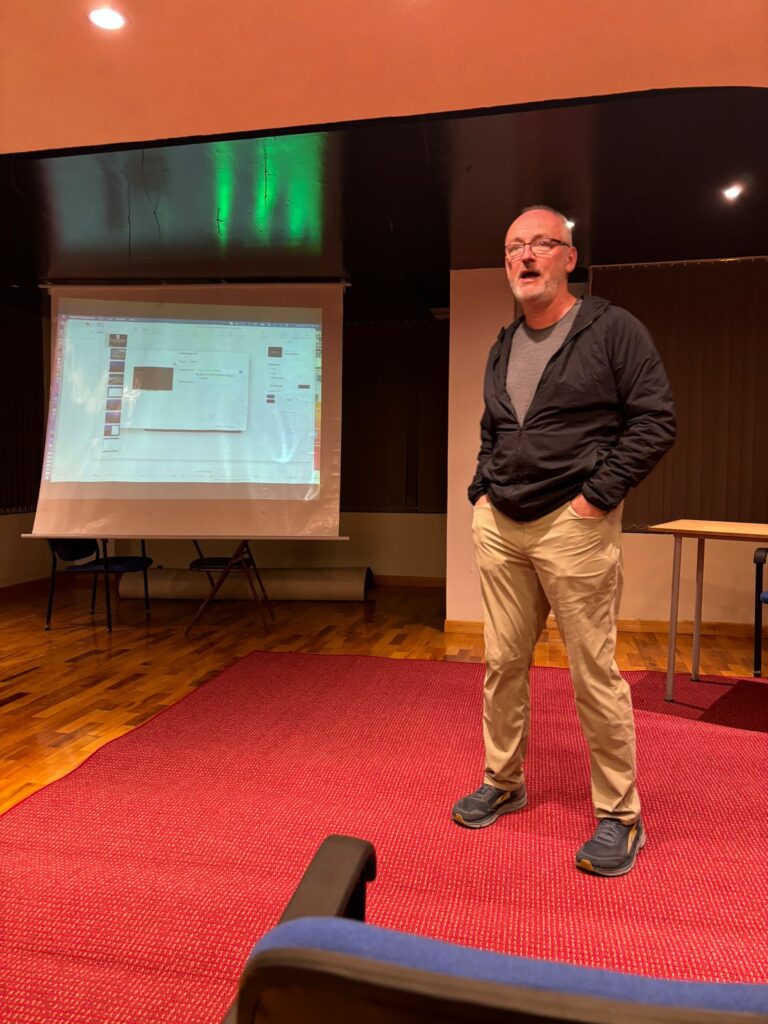
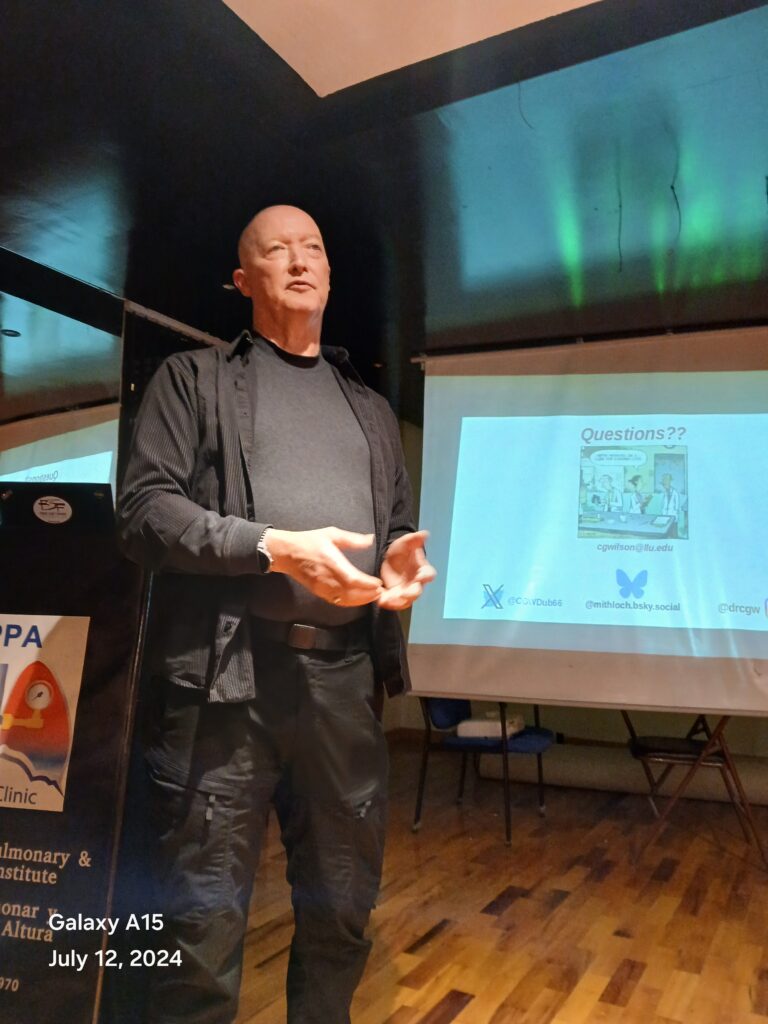
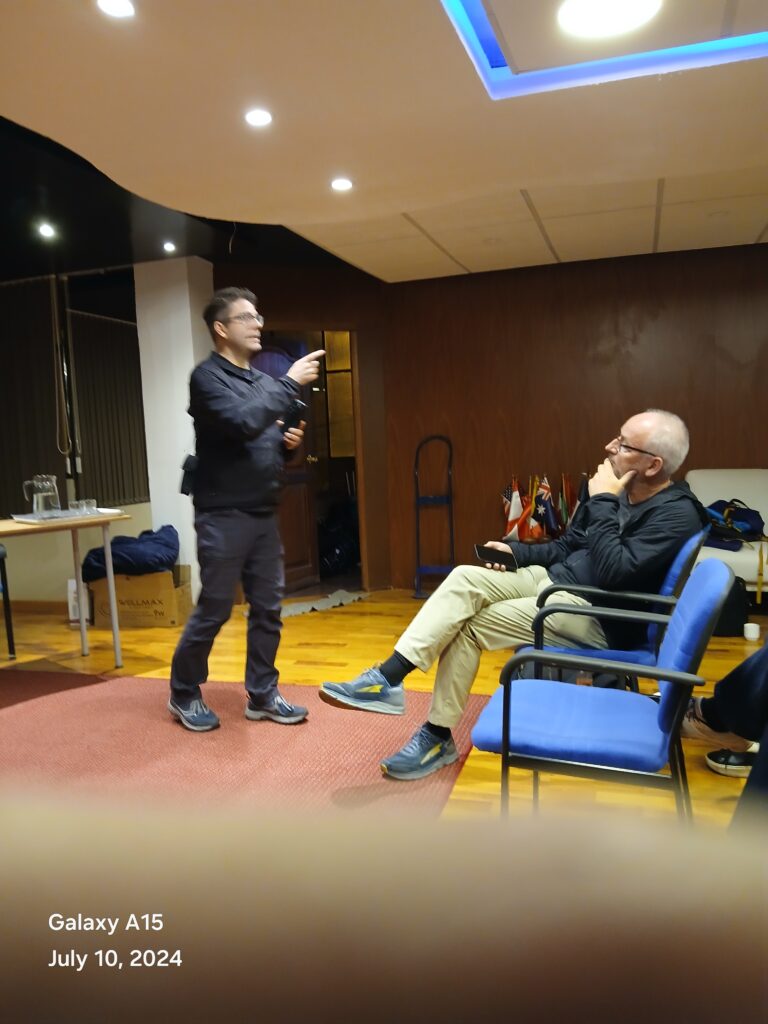
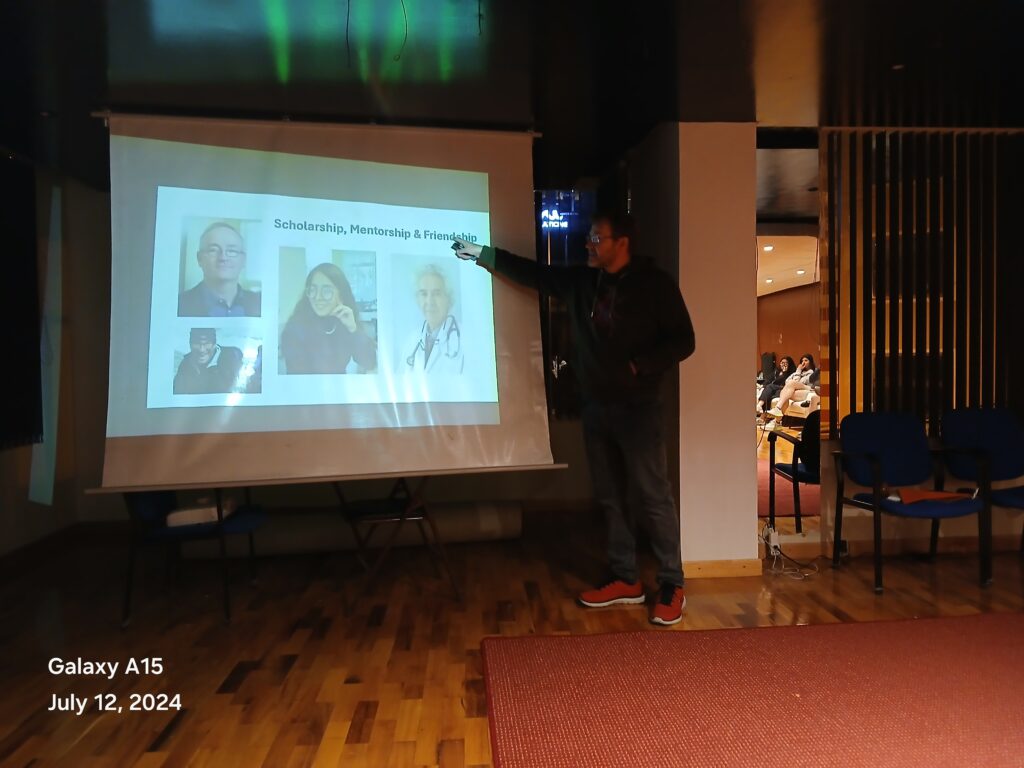
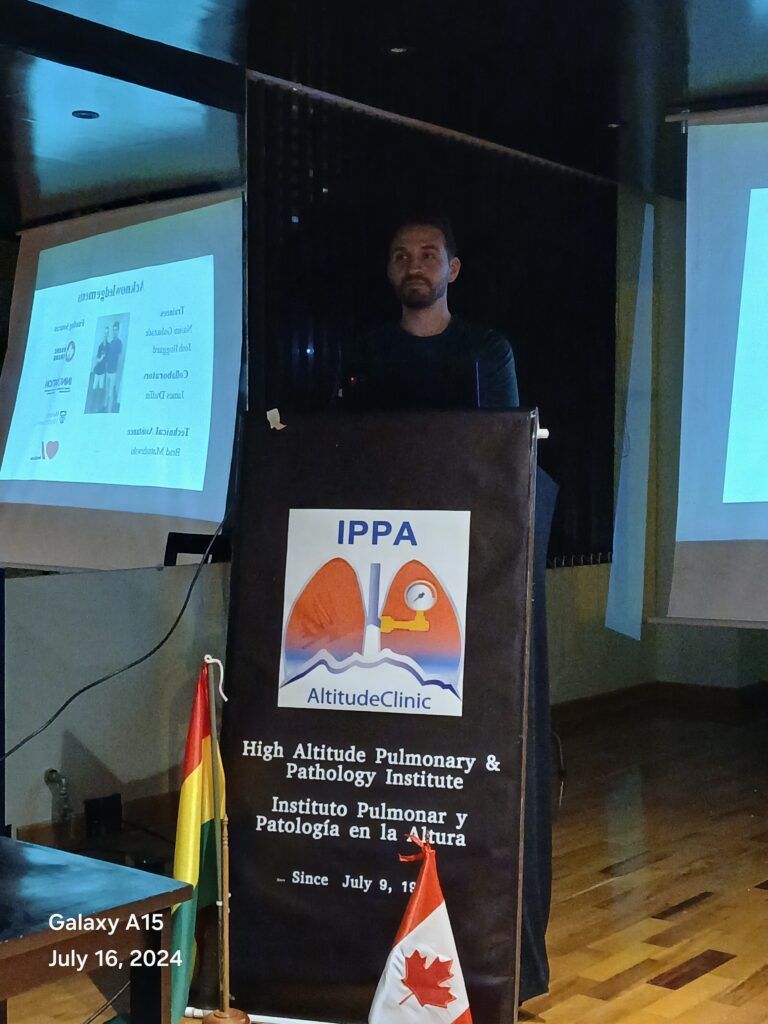
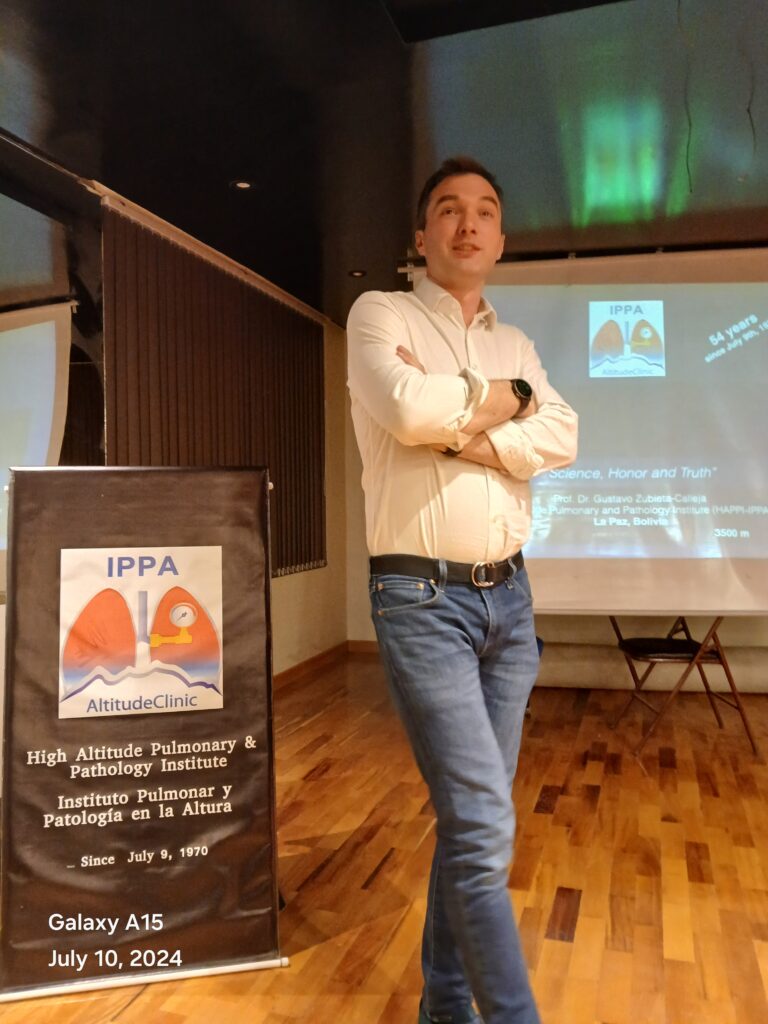
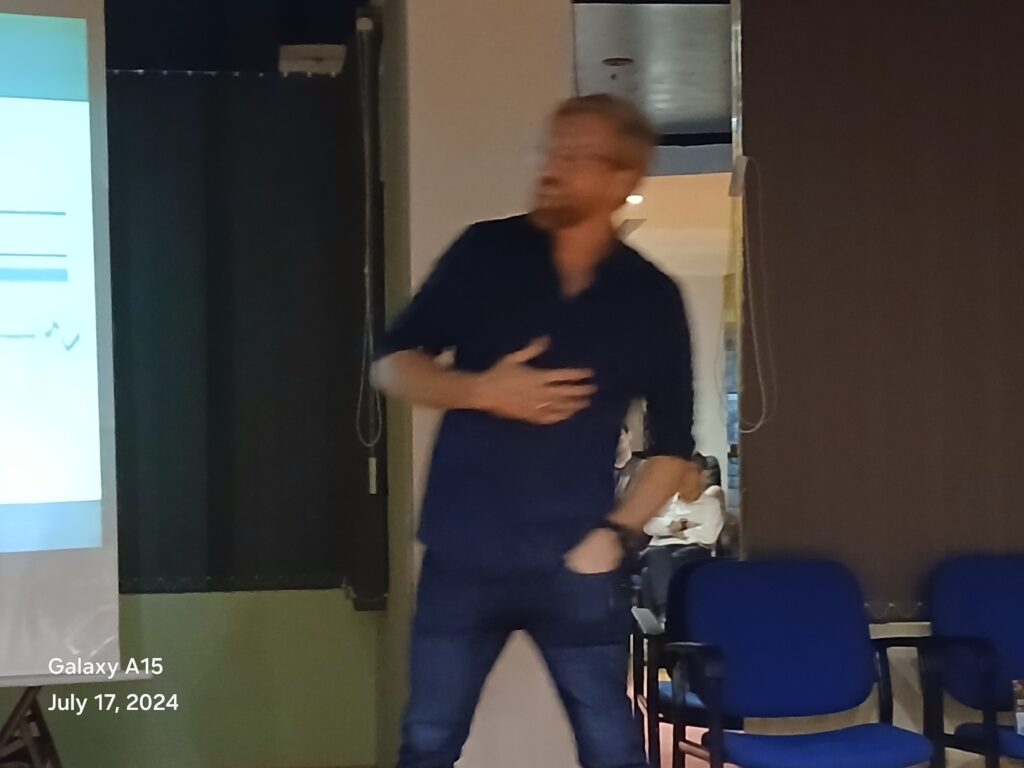
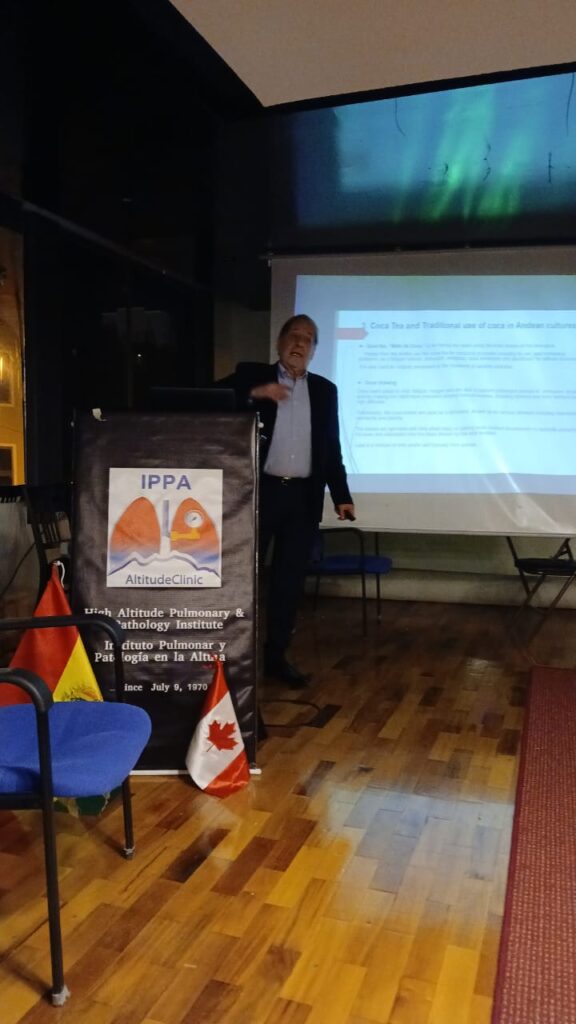
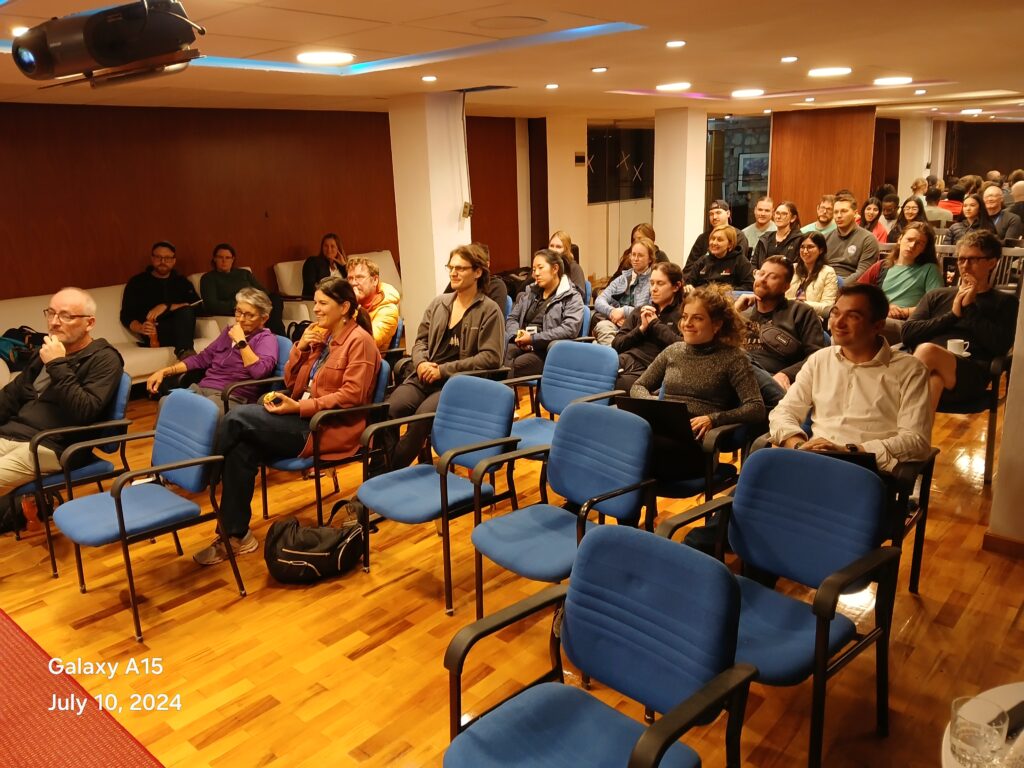 Symposium in the IPPA auditorium.
Symposium in the IPPA auditorium.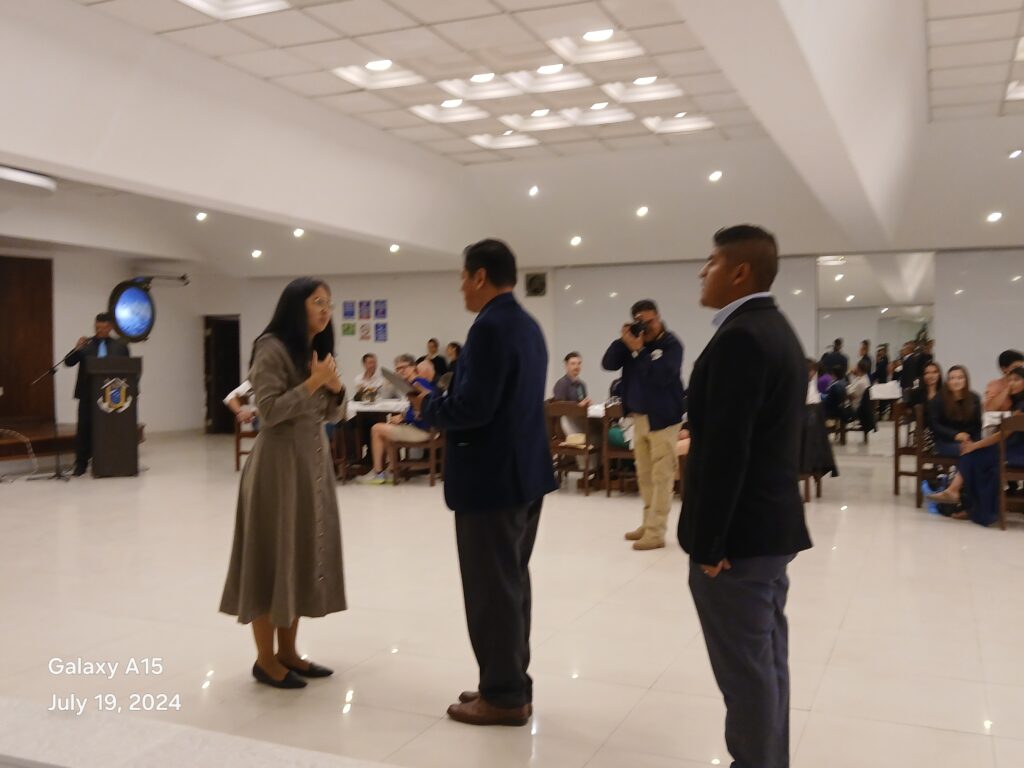
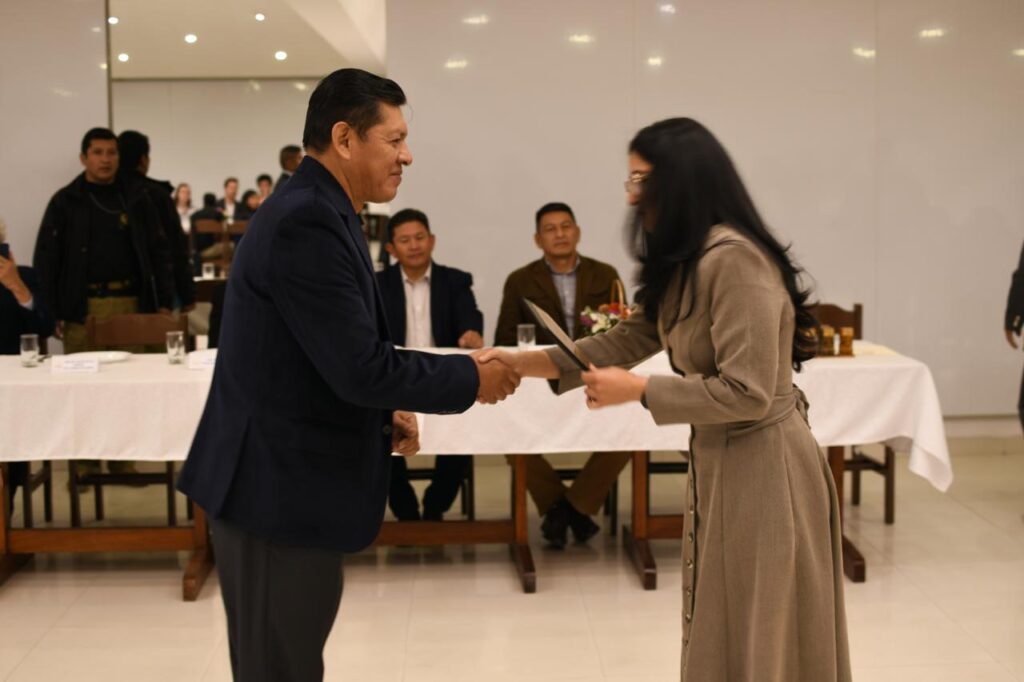
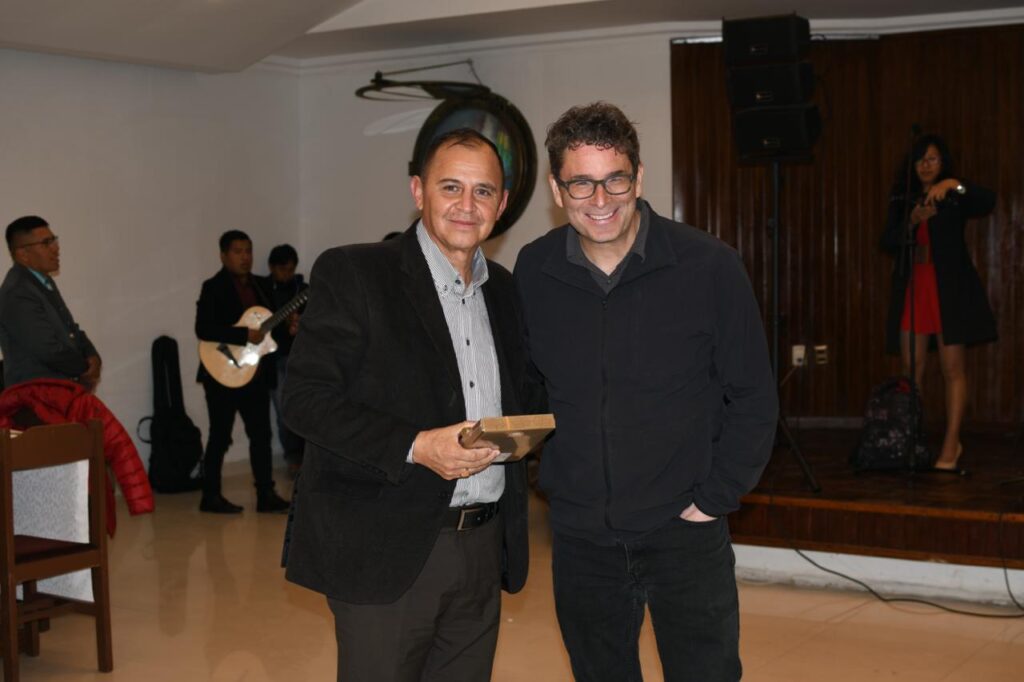
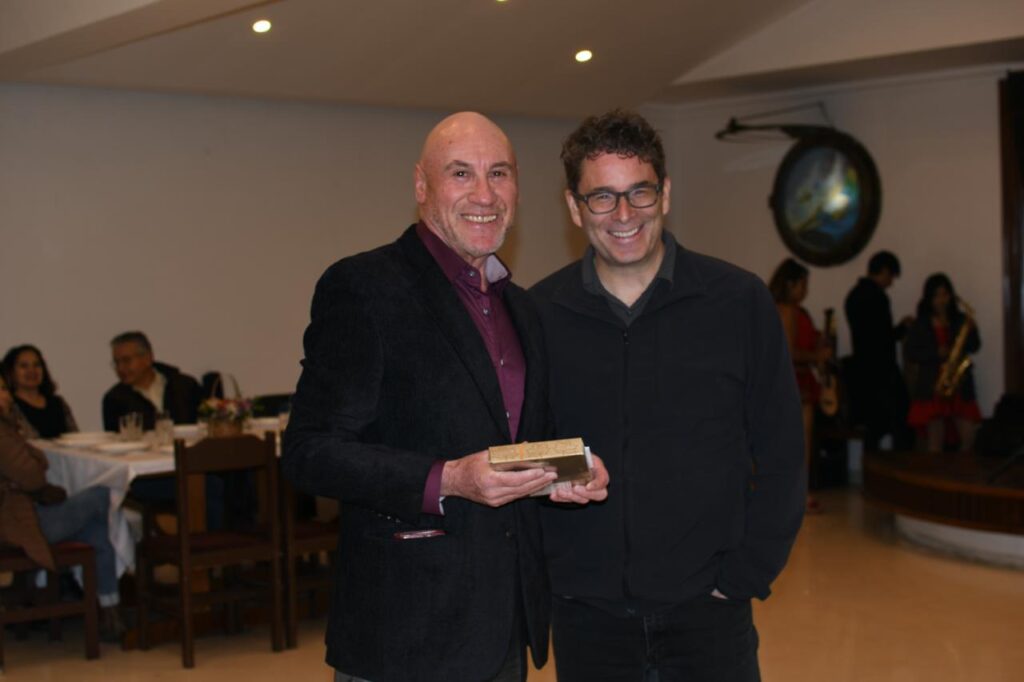
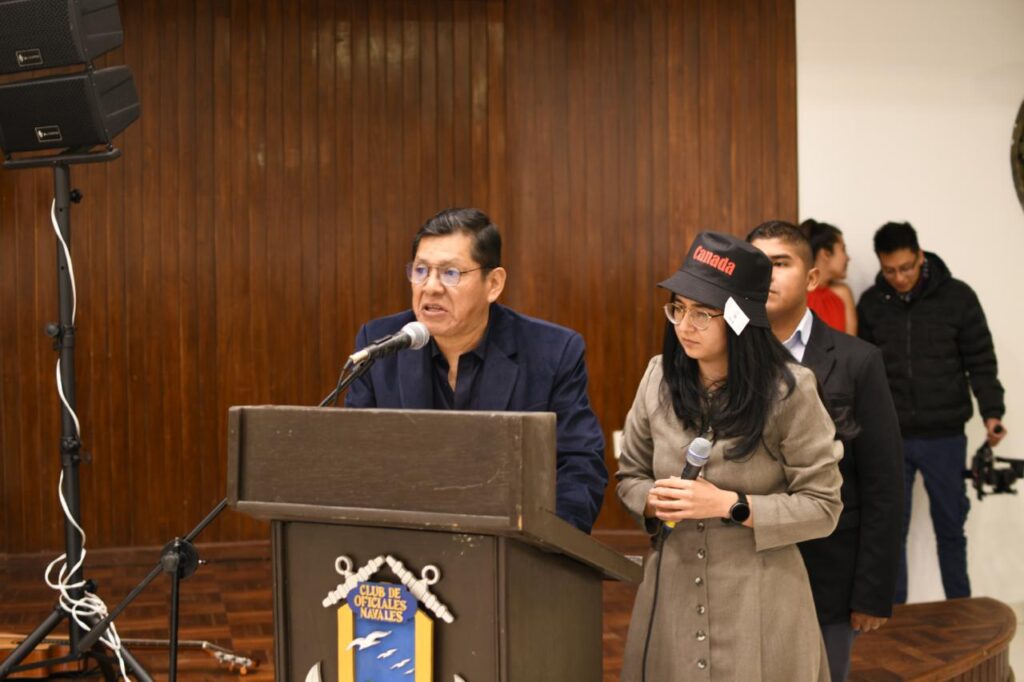
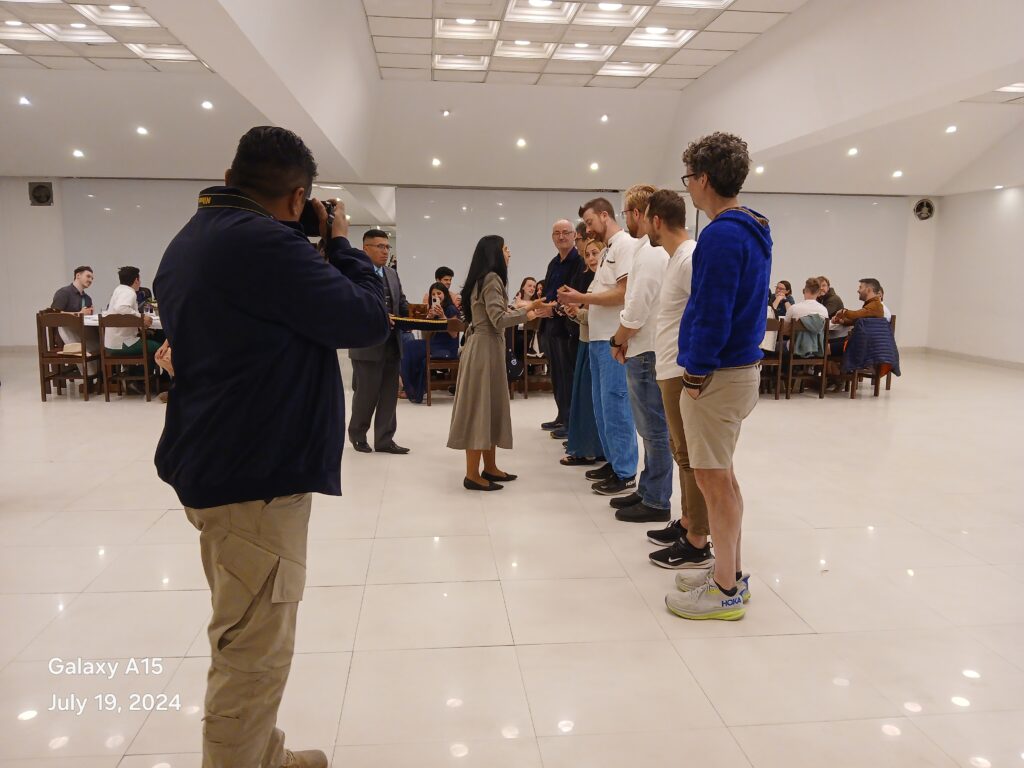
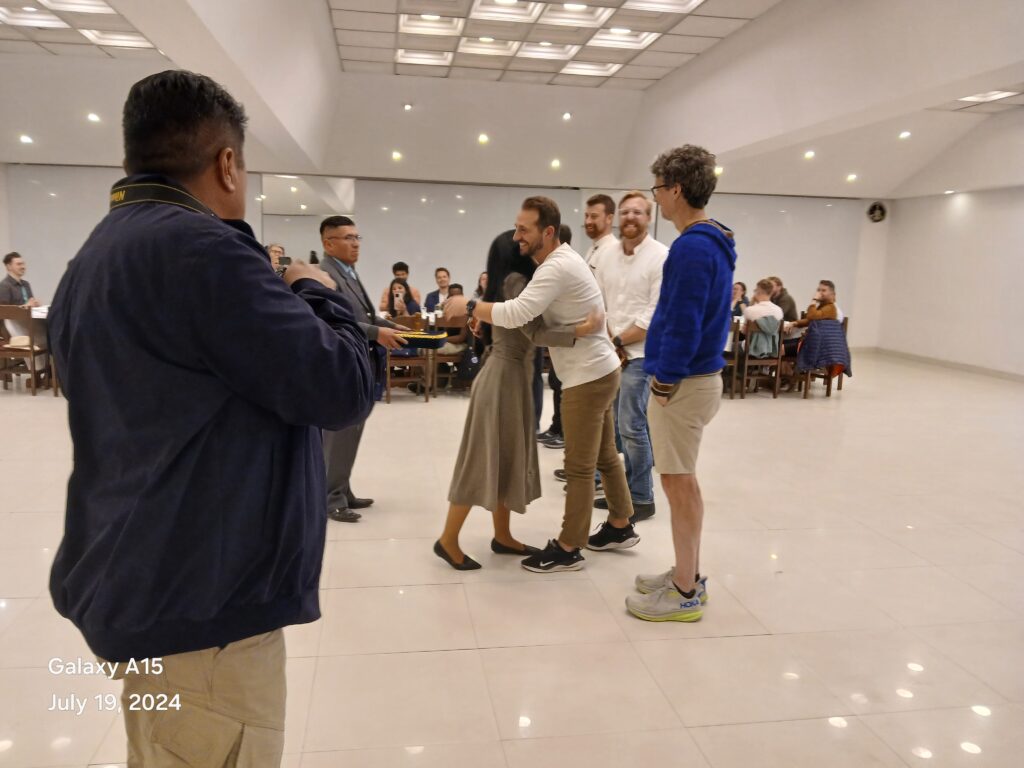
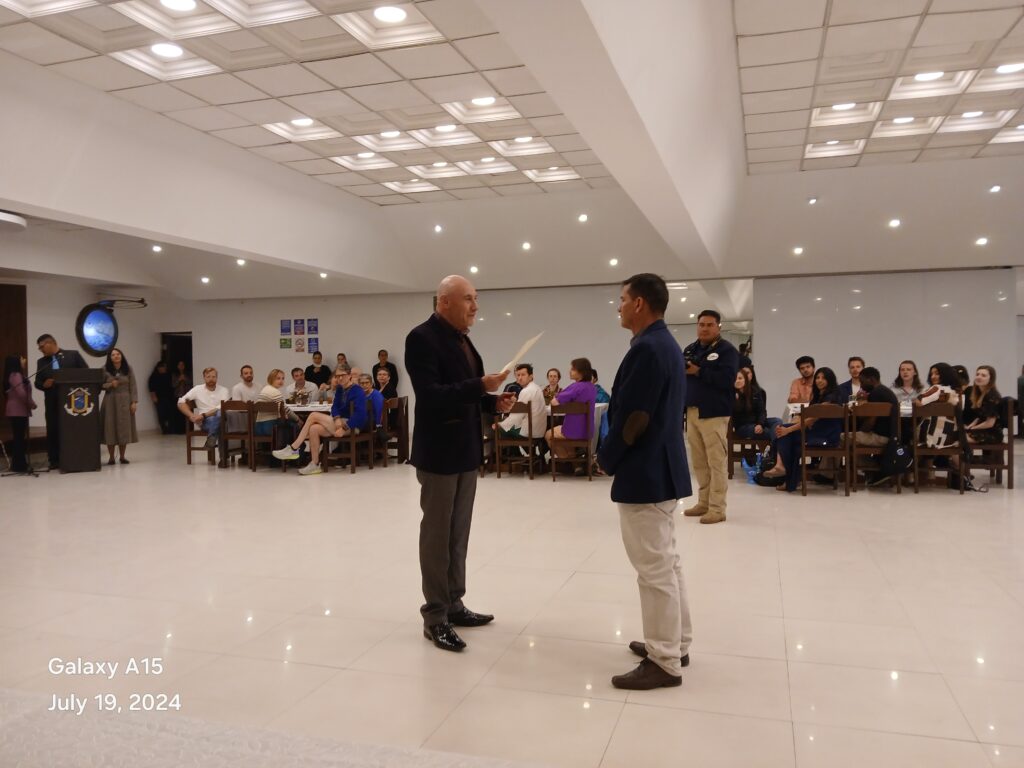
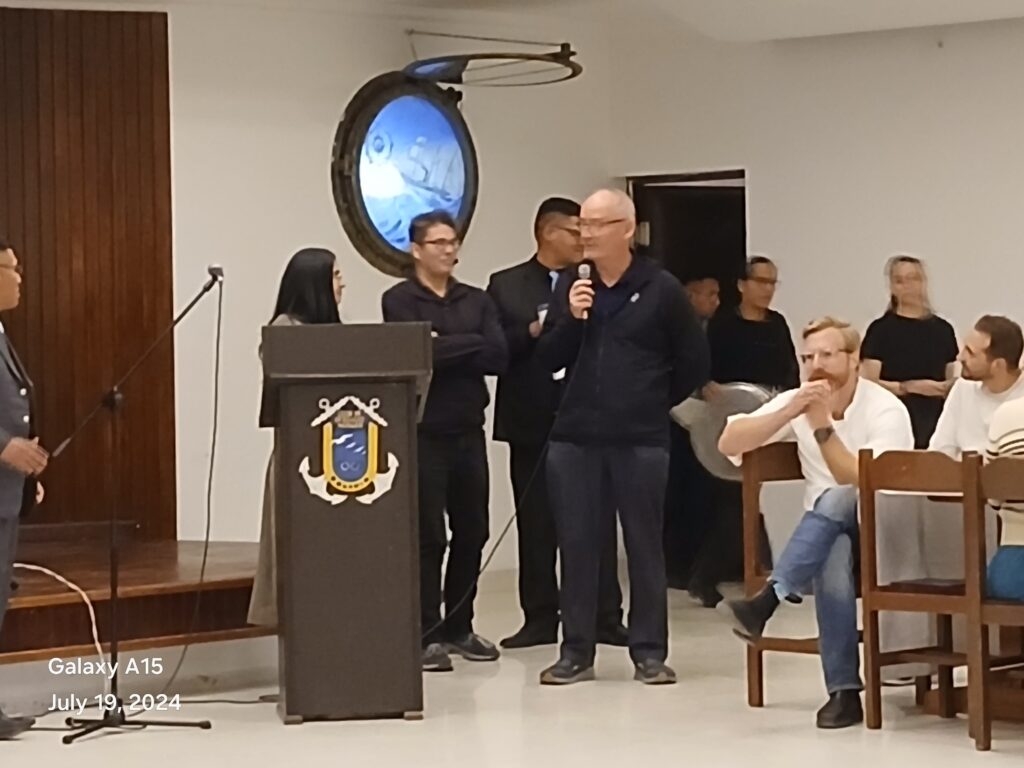
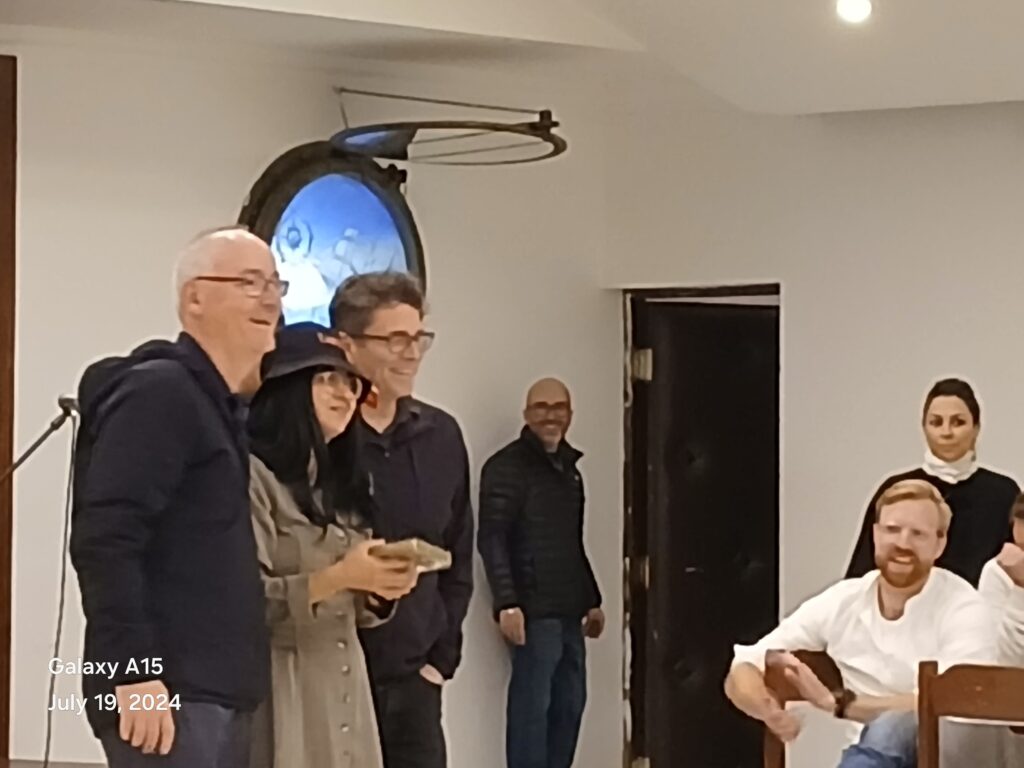
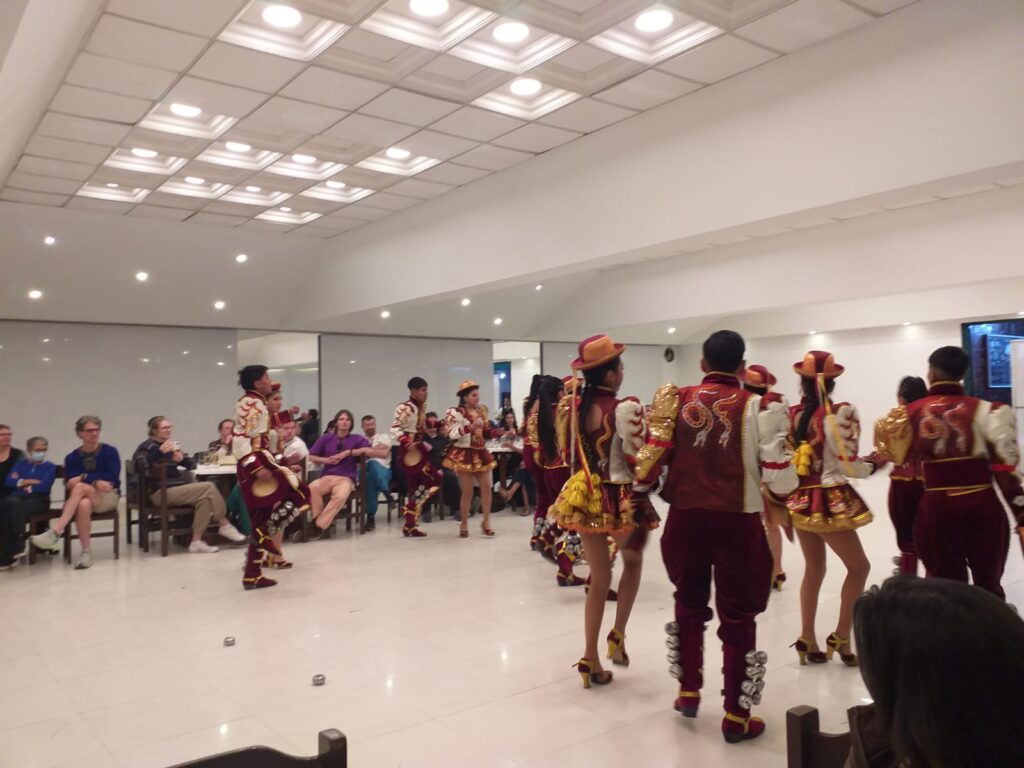
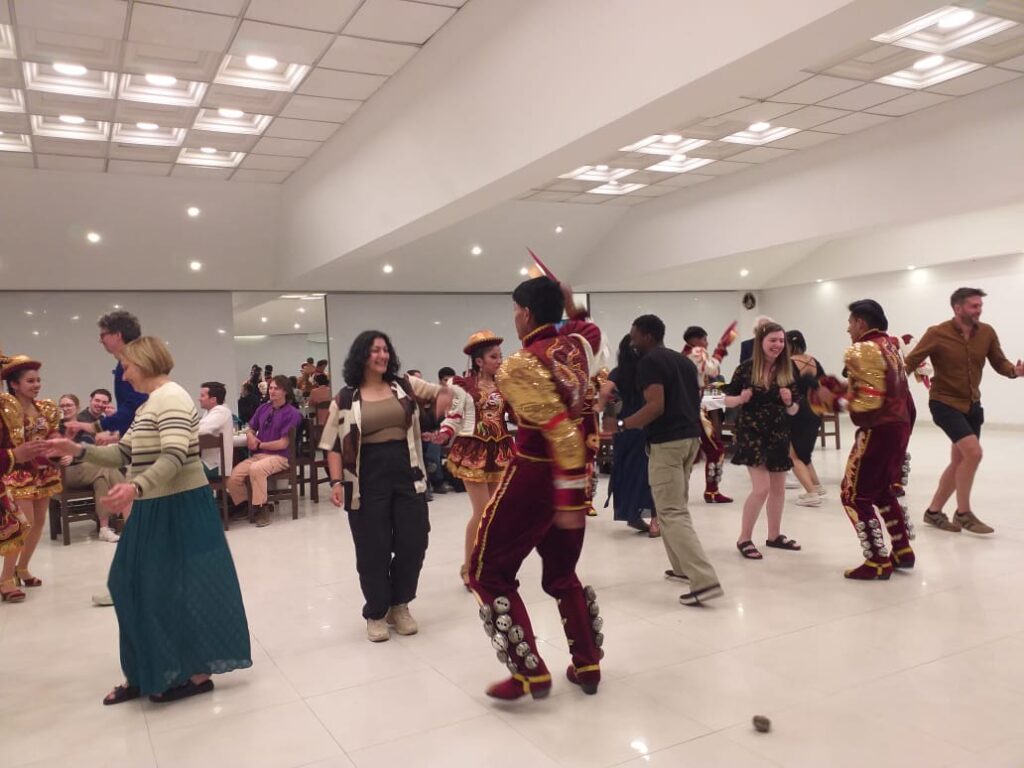
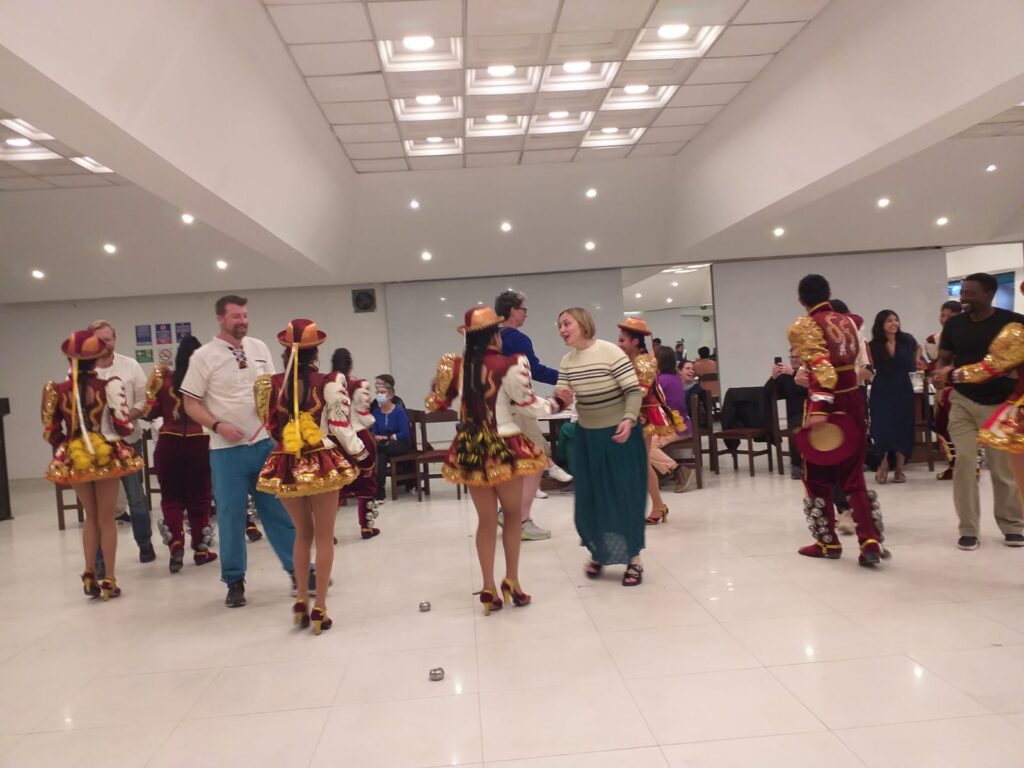
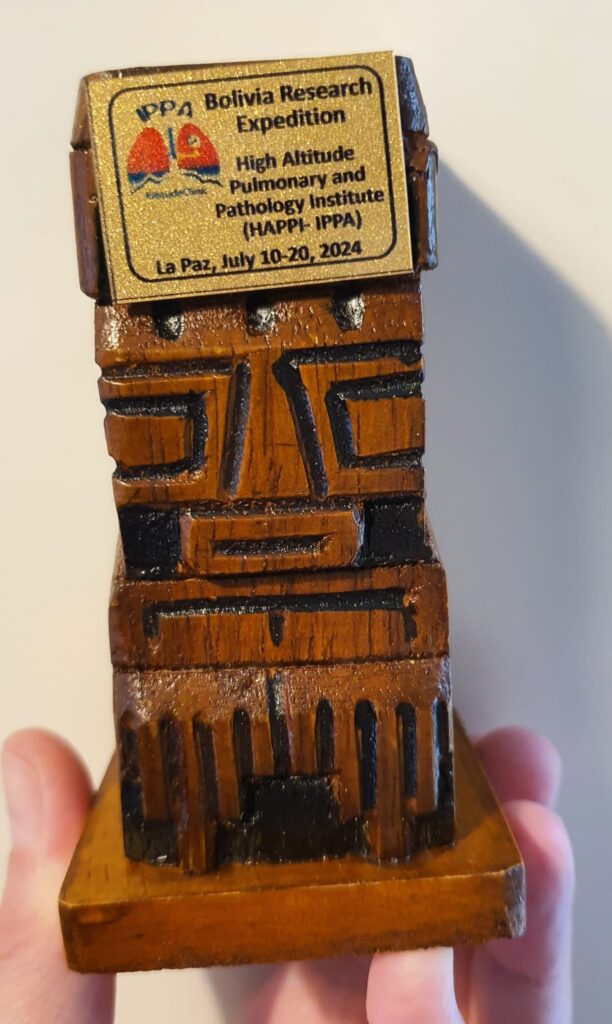 The monolito gift for the PIs!!
The monolito gift for the PIs!!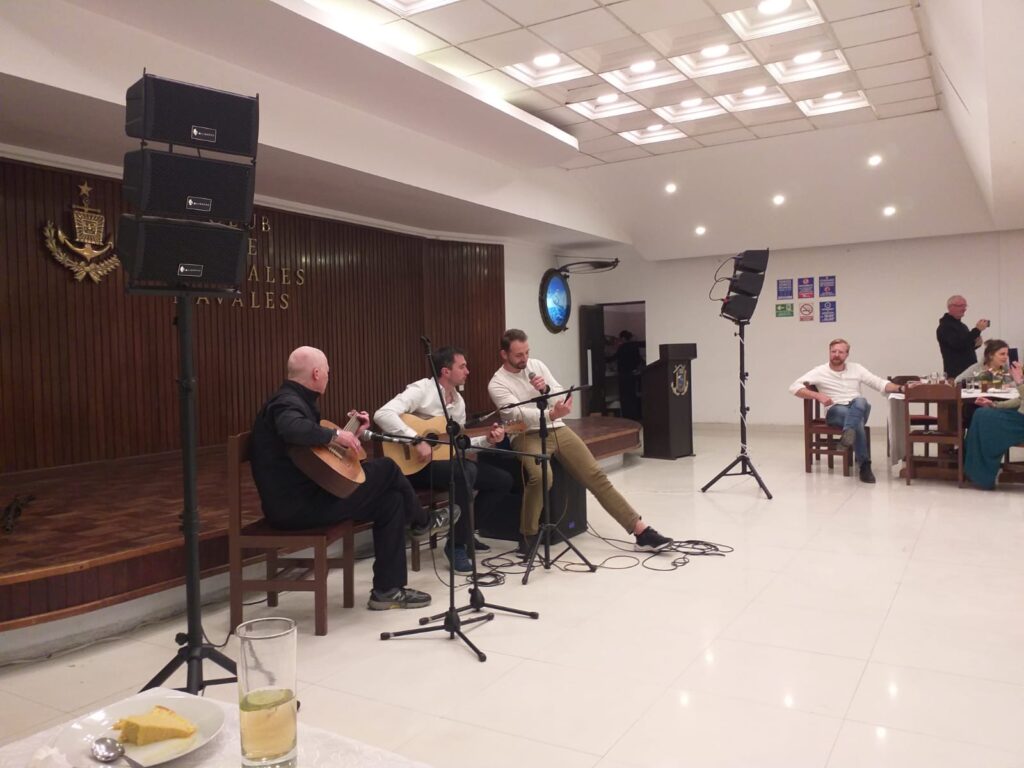 Daniel signing, Chris and Maxime playing the guitars!! Great music!!
Daniel signing, Chris and Maxime playing the guitars!! Great music!!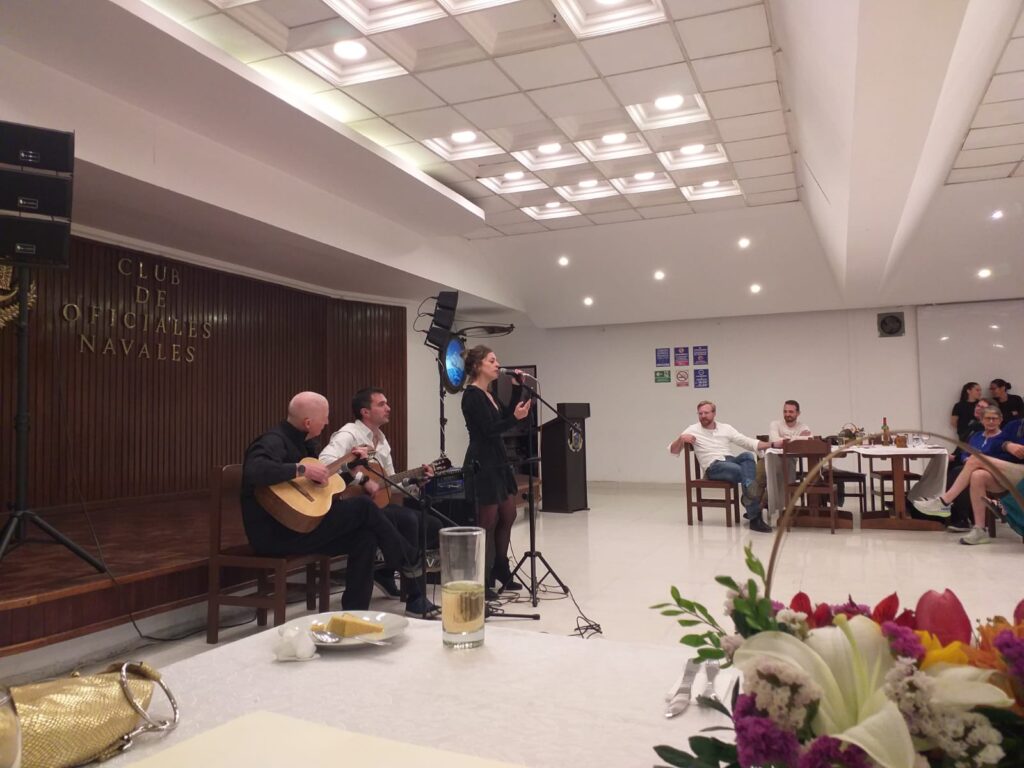 What a musical talent in Science! Clara singing, Chris and Maxime guitars!!
What a musical talent in Science! Clara singing, Chris and Maxime guitars!!